
“Welcome to the first episode of Healthcare in America: When Care Can’t Wait. Today, we’re going to look at what urgent care really means — and what it doesn’t.
Most of the time, when we talk about healthcare, we think about appointments, schedules, and choices. But urgent care isn’t optional. It doesn’t wait for comfort or convenience. It arrives whether the system is ready or not, and it changes everything.
Urgency collapses options. Decisions that would normally take days, weeks, or months are compressed into minutes or hours. There’s no time to compare prices, shop for the best facility, or negotiate who sees you first. Consent still exists, but it’s constrained. Choice becomes secondary to need.
Triage replaces preference. Clinical judgment determines who gets attention first, and who waits. Resources are allocated, not selected. What begins as exception — a single patient needing immediate attention — can quickly become the new normal, because urgent care is cumulative. Emergencies don’t happen in isolation. Chronic neglect, unmanaged conditions, and mental health crises feed into the system until every gap becomes a pressure point.
At its core, urgent care is about responsibility. Someone must act. Delay itself is harm. And yet, the system doesn’t pause to announce this. The ethical load is quiet, invisible, and heavy.
In this episode, we’re not going to talk about costs, insurance, or policy solutions. That comes later. Today is about observation — about noticing how care behaves when it becomes unavoidable.
If this episode feels incomplete, that’s intentional — because urgent care itself is incomplete by nature. It demands action before understanding.
By the end, I hope you’ll see urgent care not as an anomaly, but as a lens: a way to understand the pressures, constraints, and human work that sustain healthcare when waiting isn’t an option.”
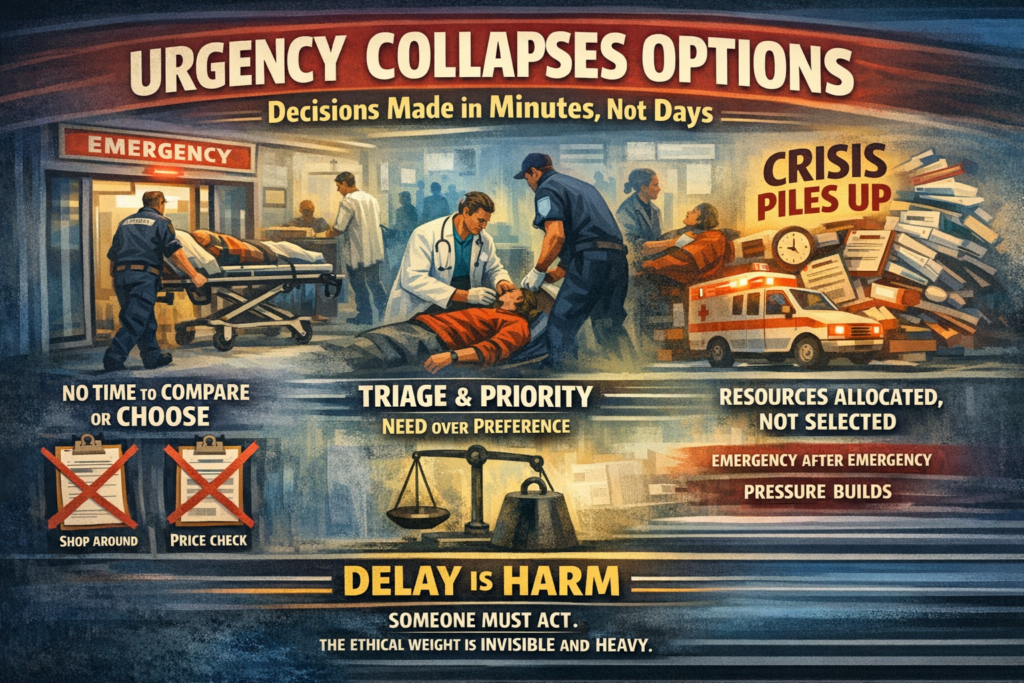
Part 1: What Urgent Care Actually Is (and Is Not) outline
Purpose of Part 1
To reset assumptions about urgency in healthcare — before ERs, costs, or policy enter the room.
This part answers:
What changes when care becomes immediate?
I. Urgency changes the rules
-
Urgent care is not just “faster care”
-
Time becomes the dominant variable
-
Delay itself becomes harm
-
Decision-making compresses
Key idea: Urgency collapses options.
II. Choice behaves differently under urgency
-
No shopping
-
No meaningful comparison
-
No negotiating scope or price
-
Consent exists, but it’s constrained
This is not a failure — it’s a condition.
III. Triage replaces preference
-
Clinical judgment overrides consumer preference
-
Severity determines sequence
-
Resources are allocated, not selected
This is where healthcare quietly stops behaving like a market.
IV. Urgent care is not rare — it’s cumulative
-
Emergencies aren’t anomalies; they accumulate
-
Chronic neglect turns into acute crisis
-
Mental health and physical health intersect here
Urgency is often the end point, not the beginning.
V. The moral baseline
-
-
Care cannot be deferred without consequence
-
Refusal is not always an option
-
Someone must act, even without clarity
-
This is where ethics quietly step in — without fanfare.
VI. What this part does not address (explicit restraint)
-
Costs and reimbursement
-
Insurance mechanics
-
Institutional blame
-
Policy fixes
We name these absences intentionally.

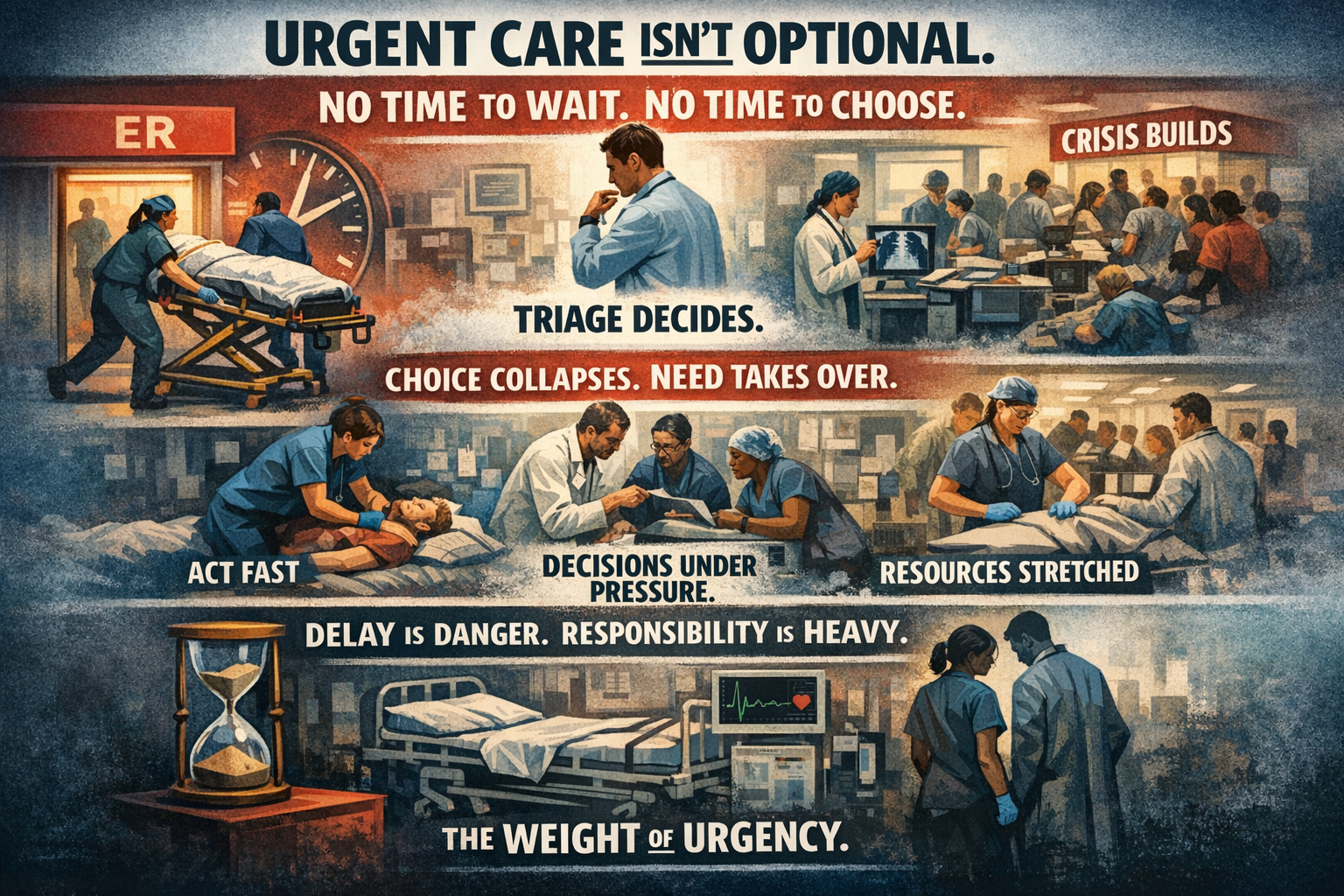
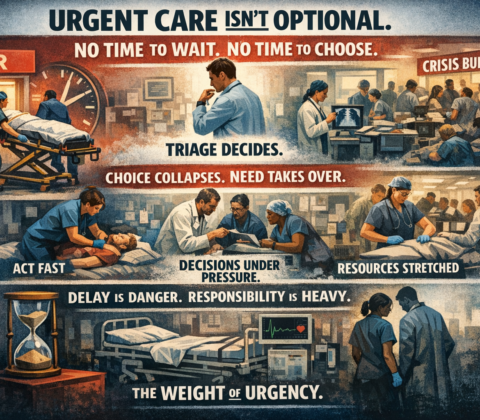





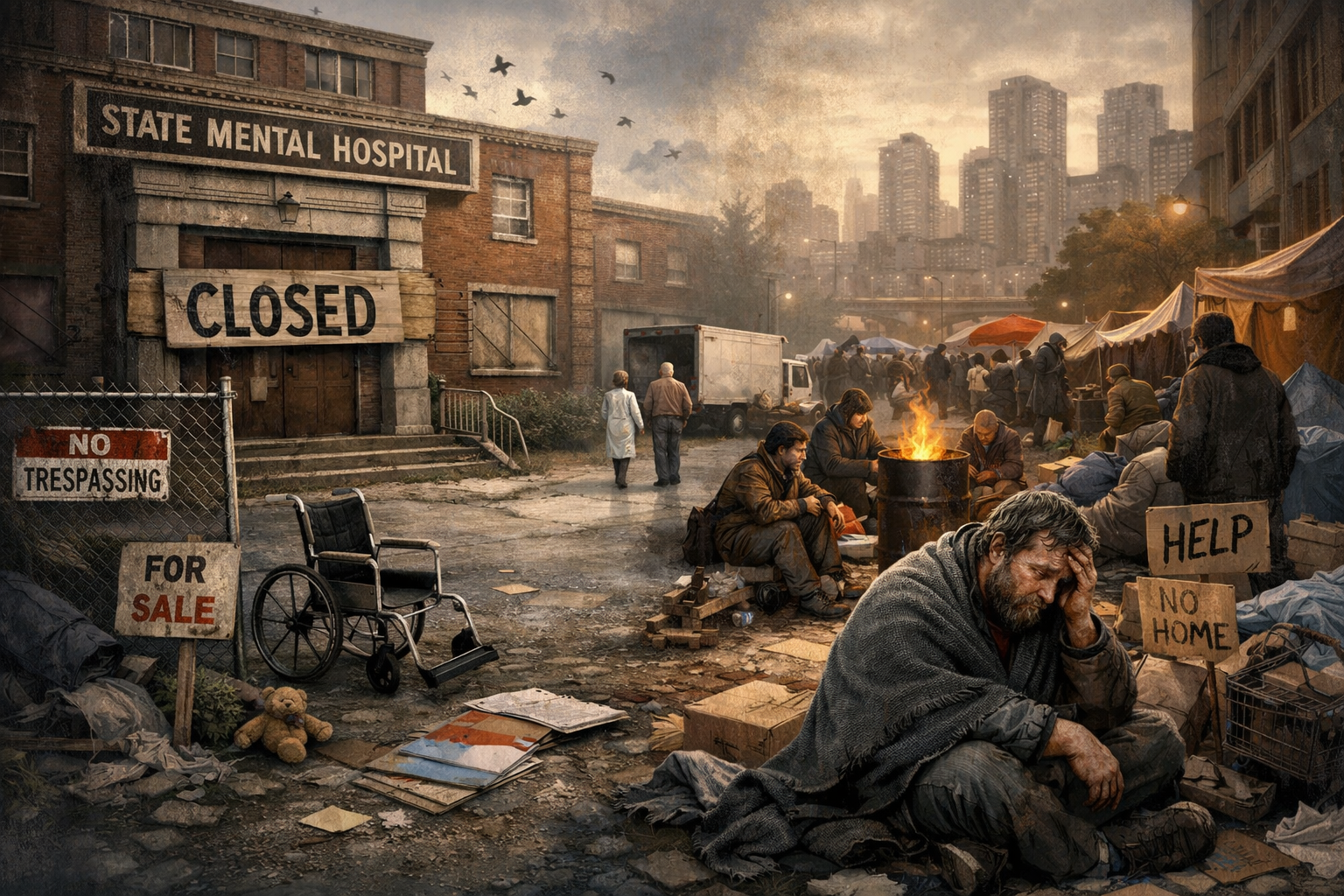

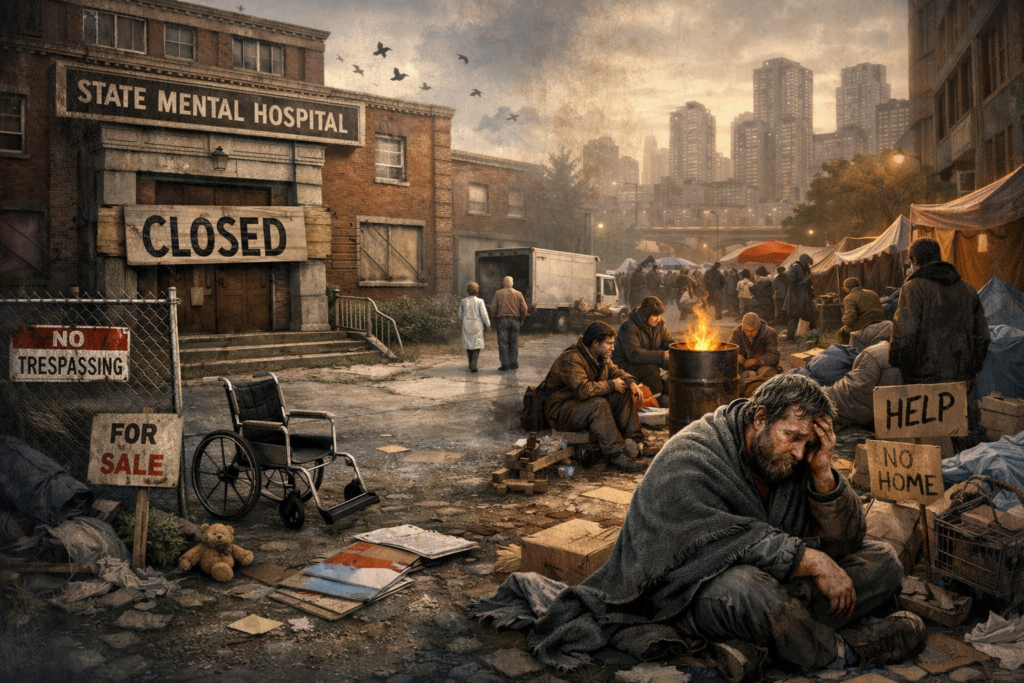
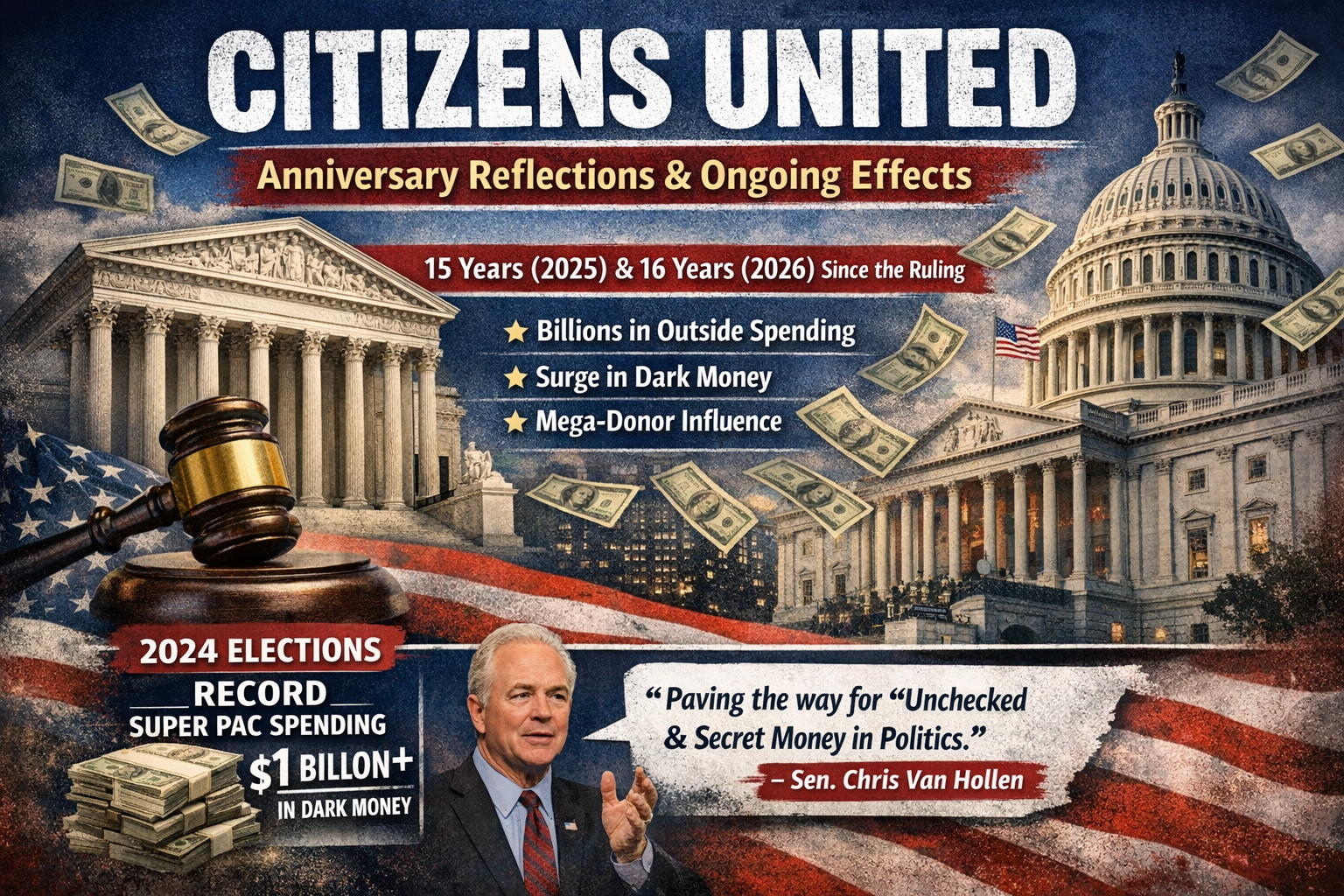
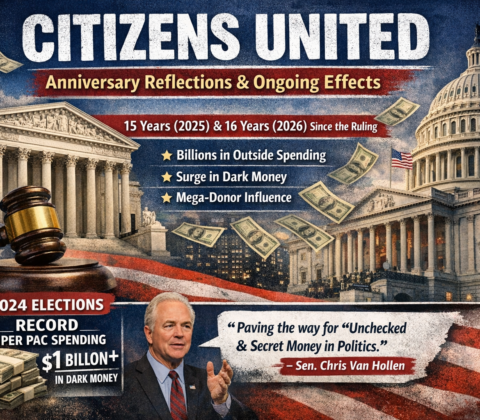

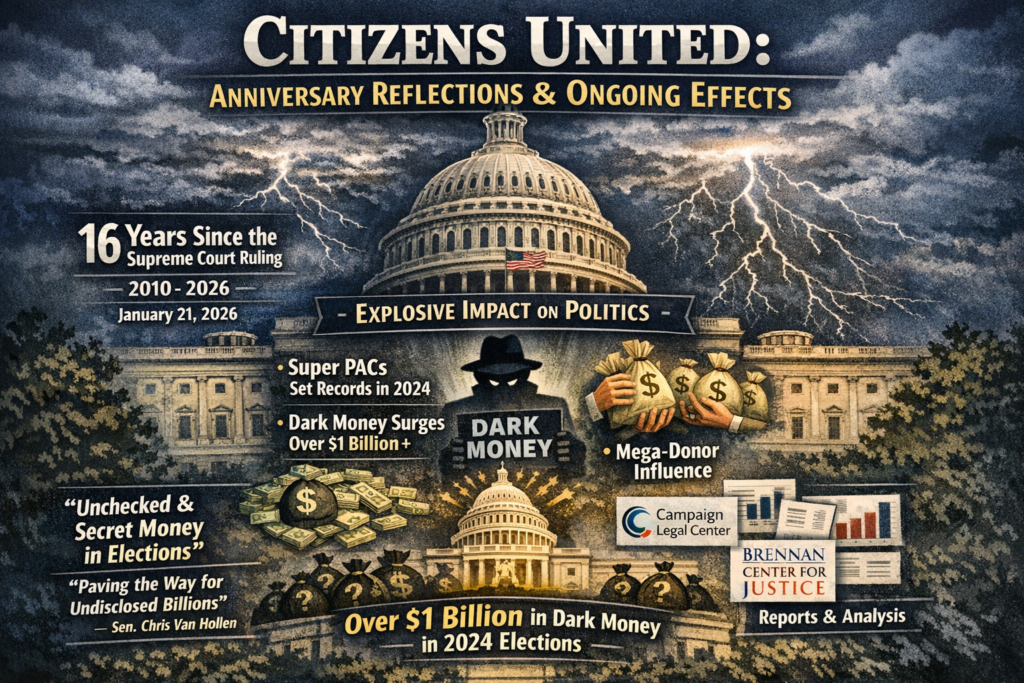



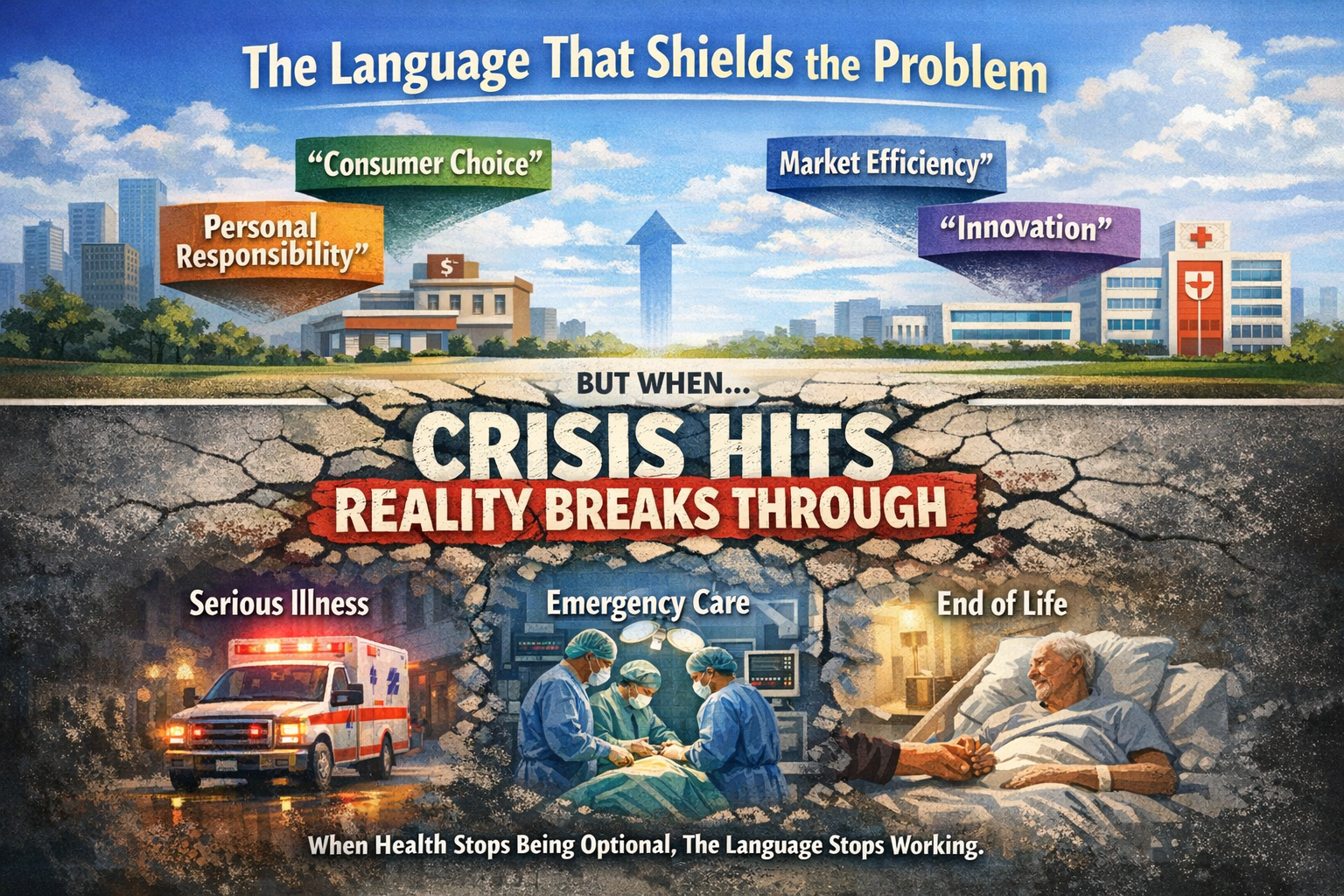
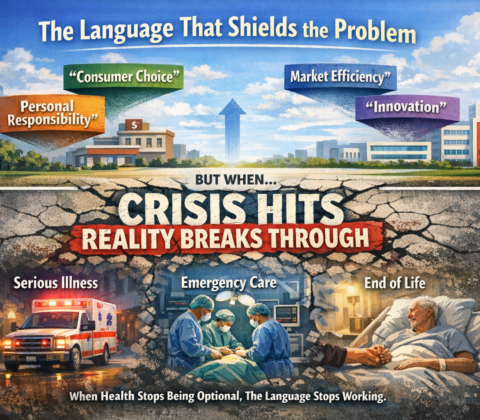
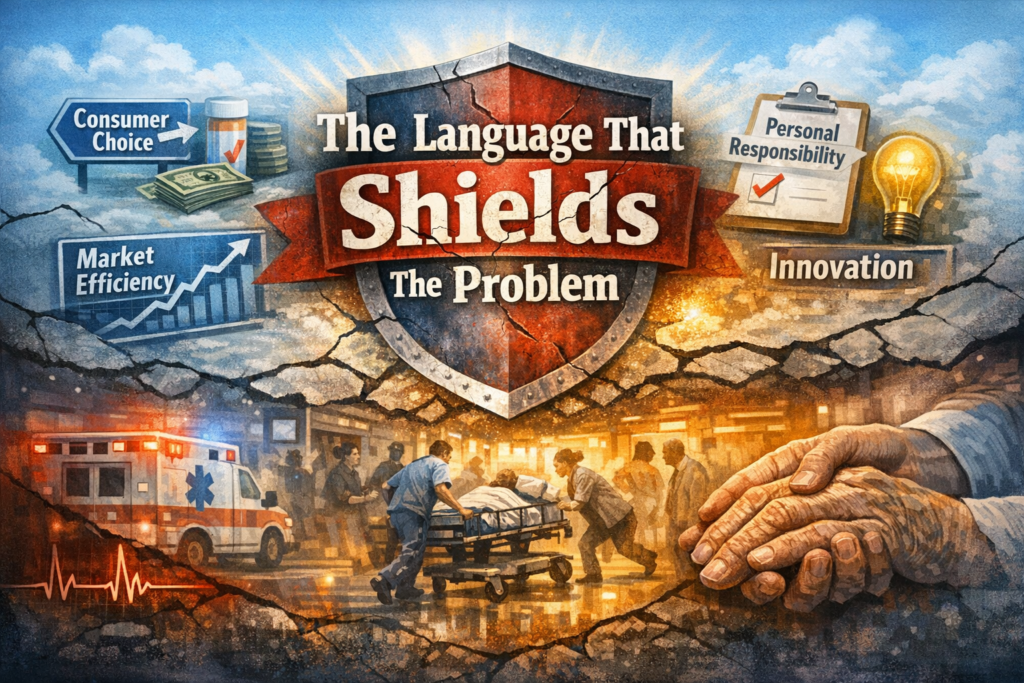
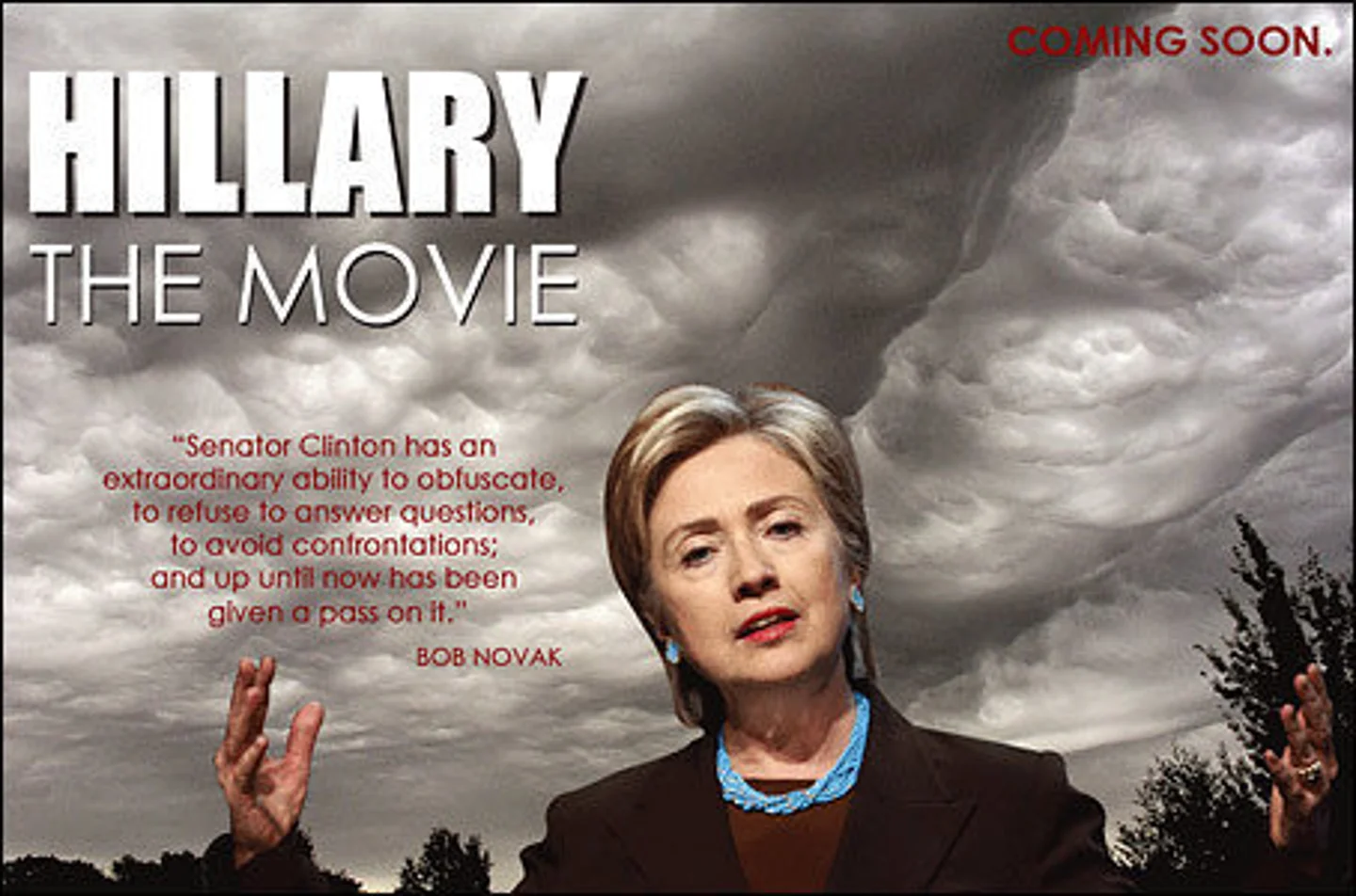
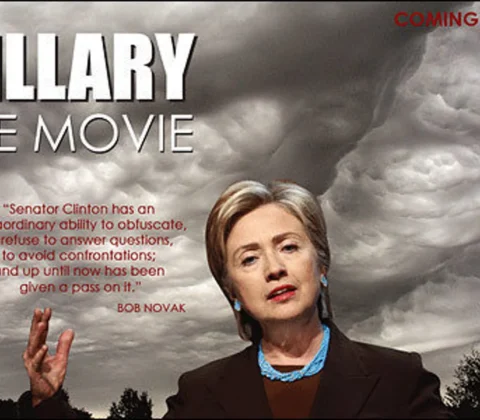


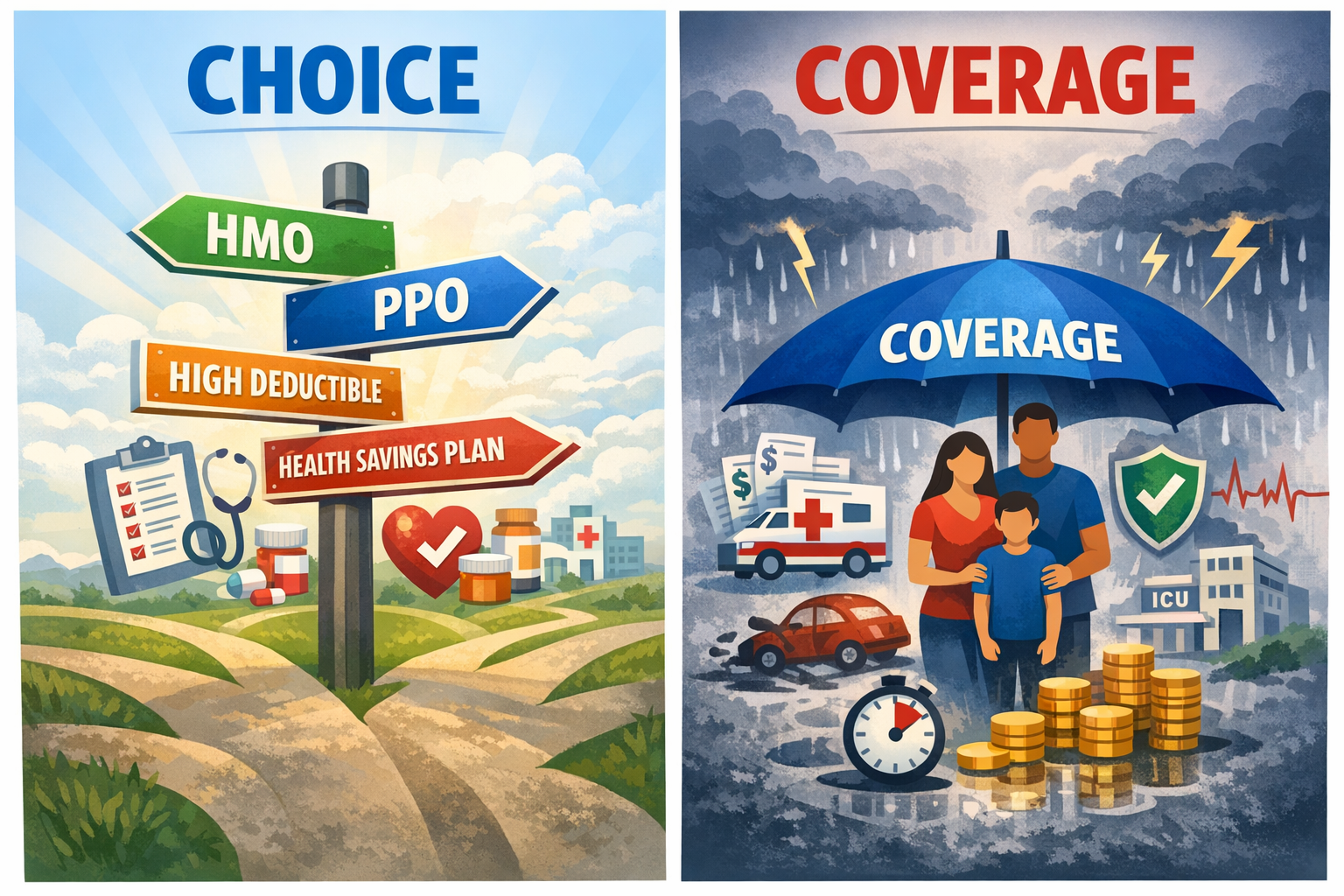
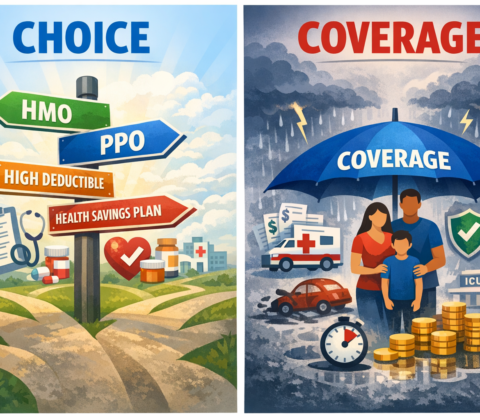
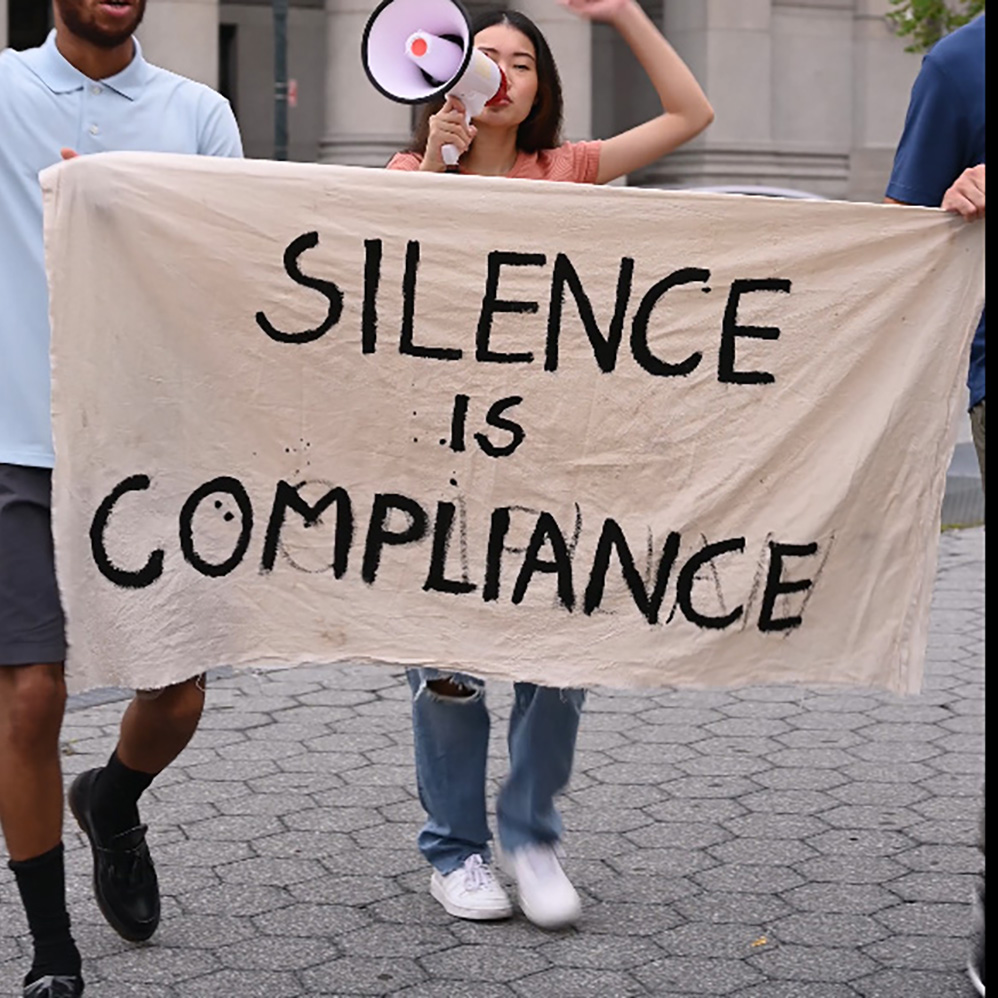
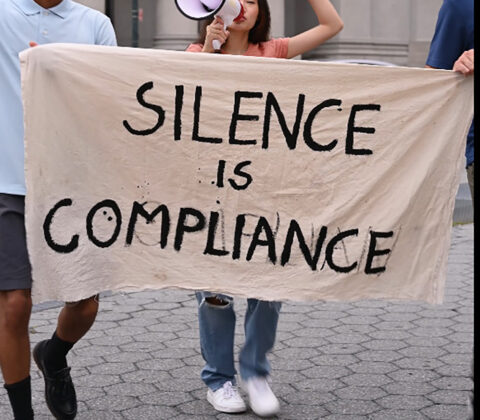
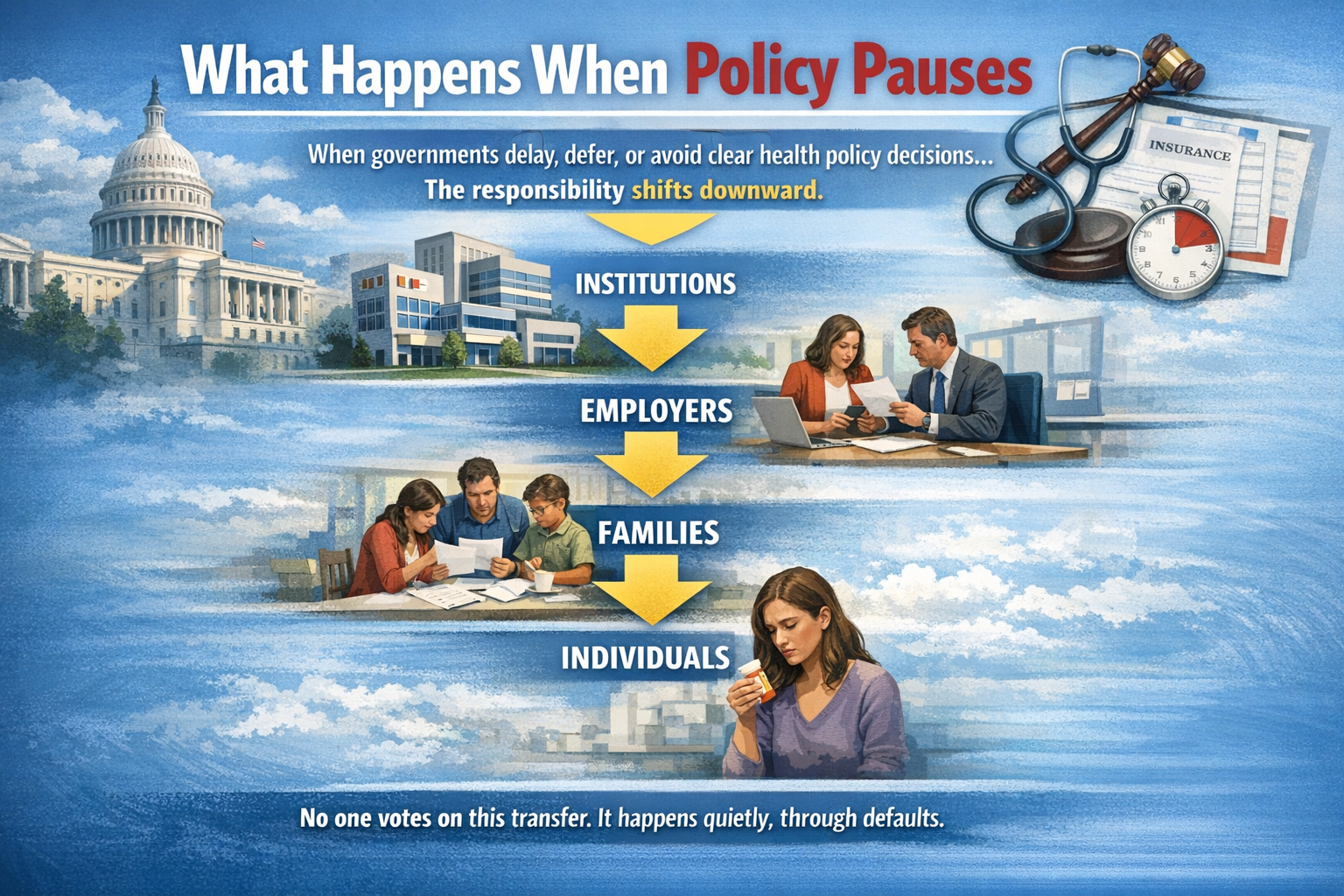
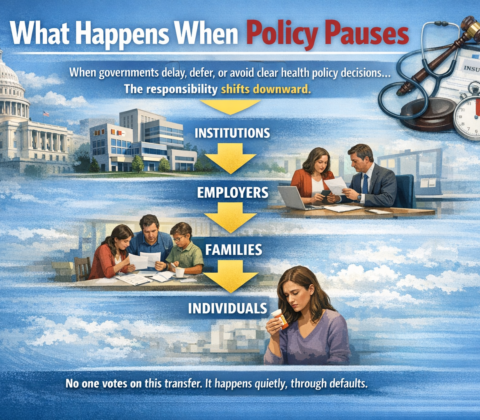
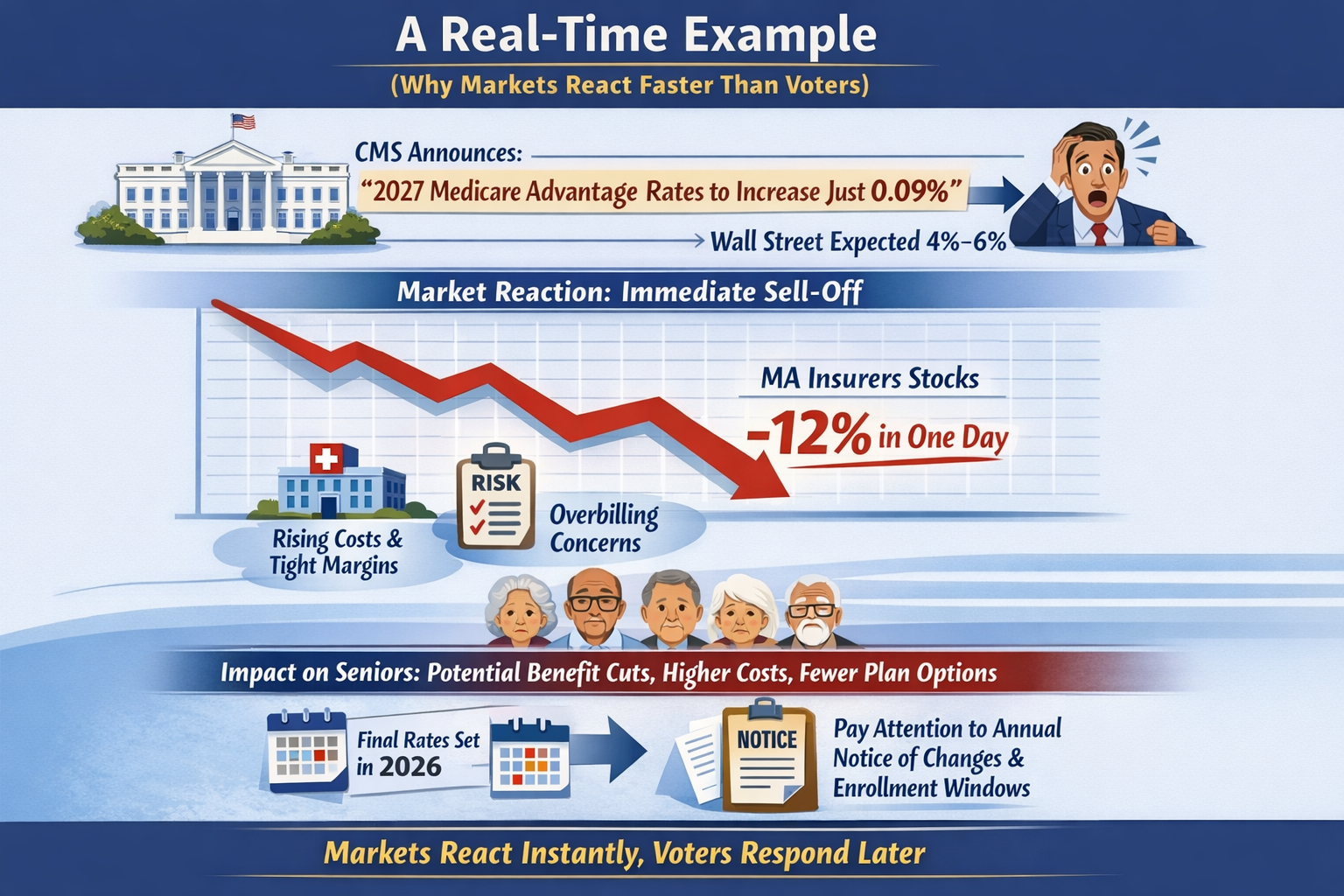
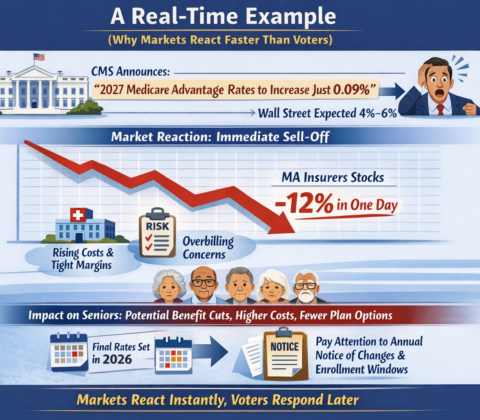

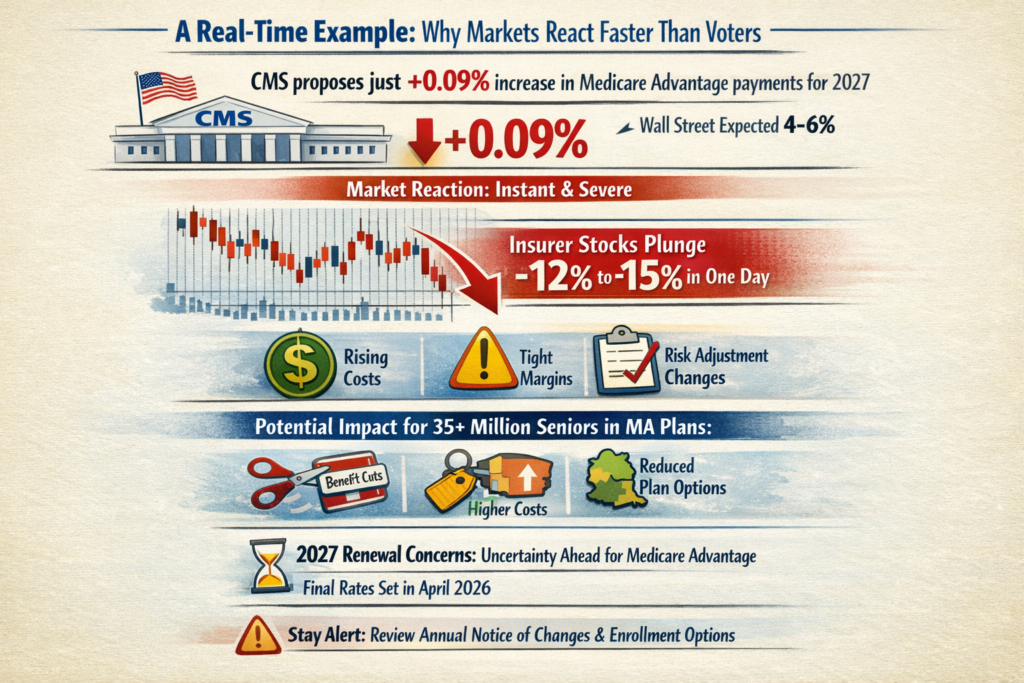
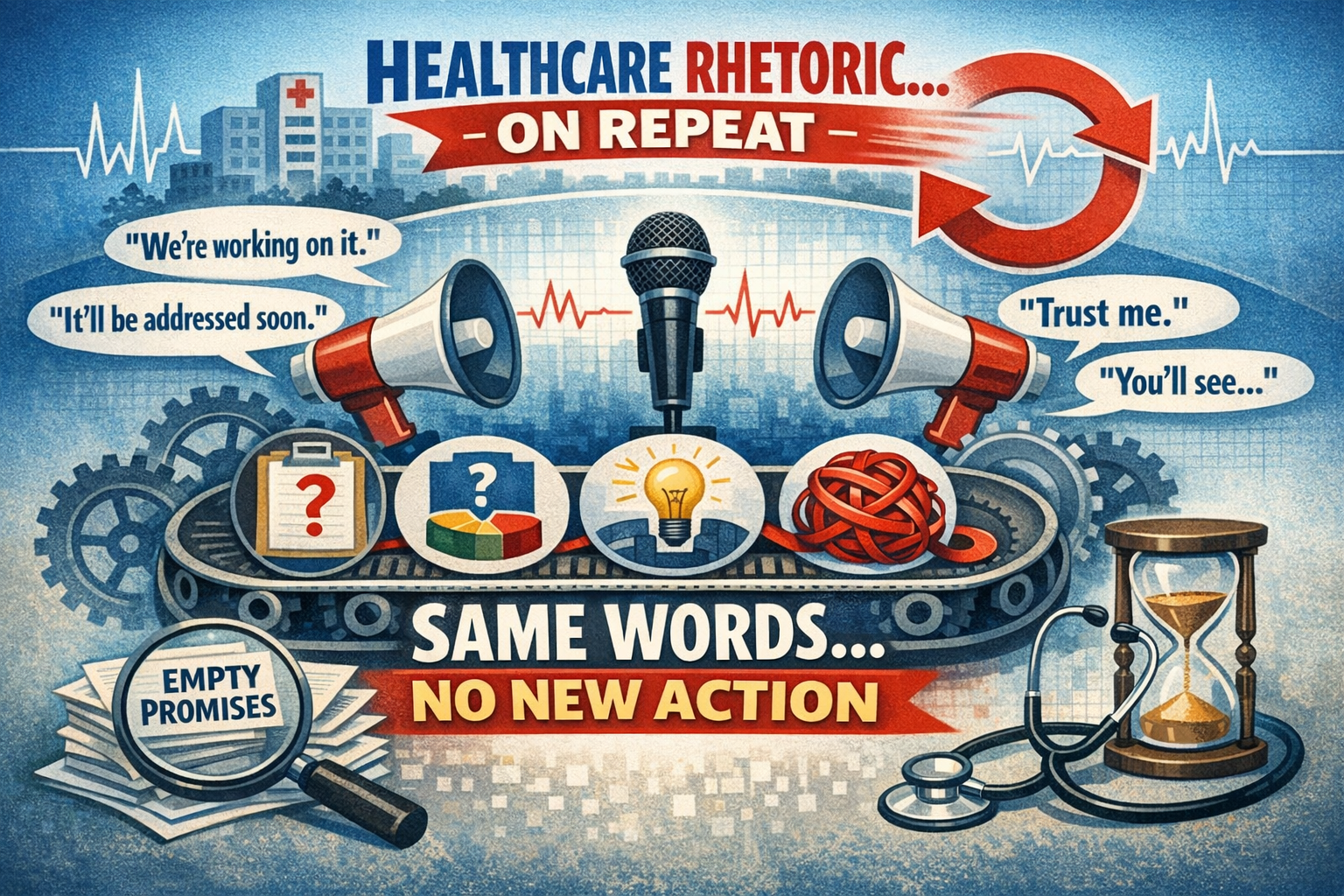
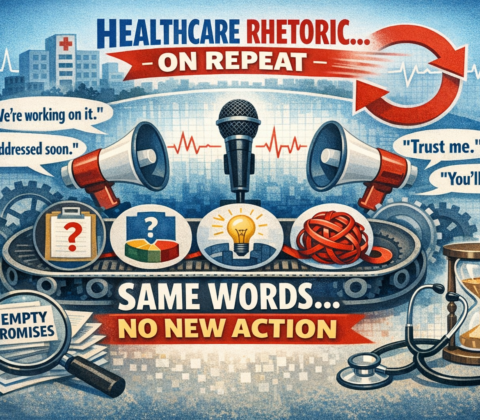

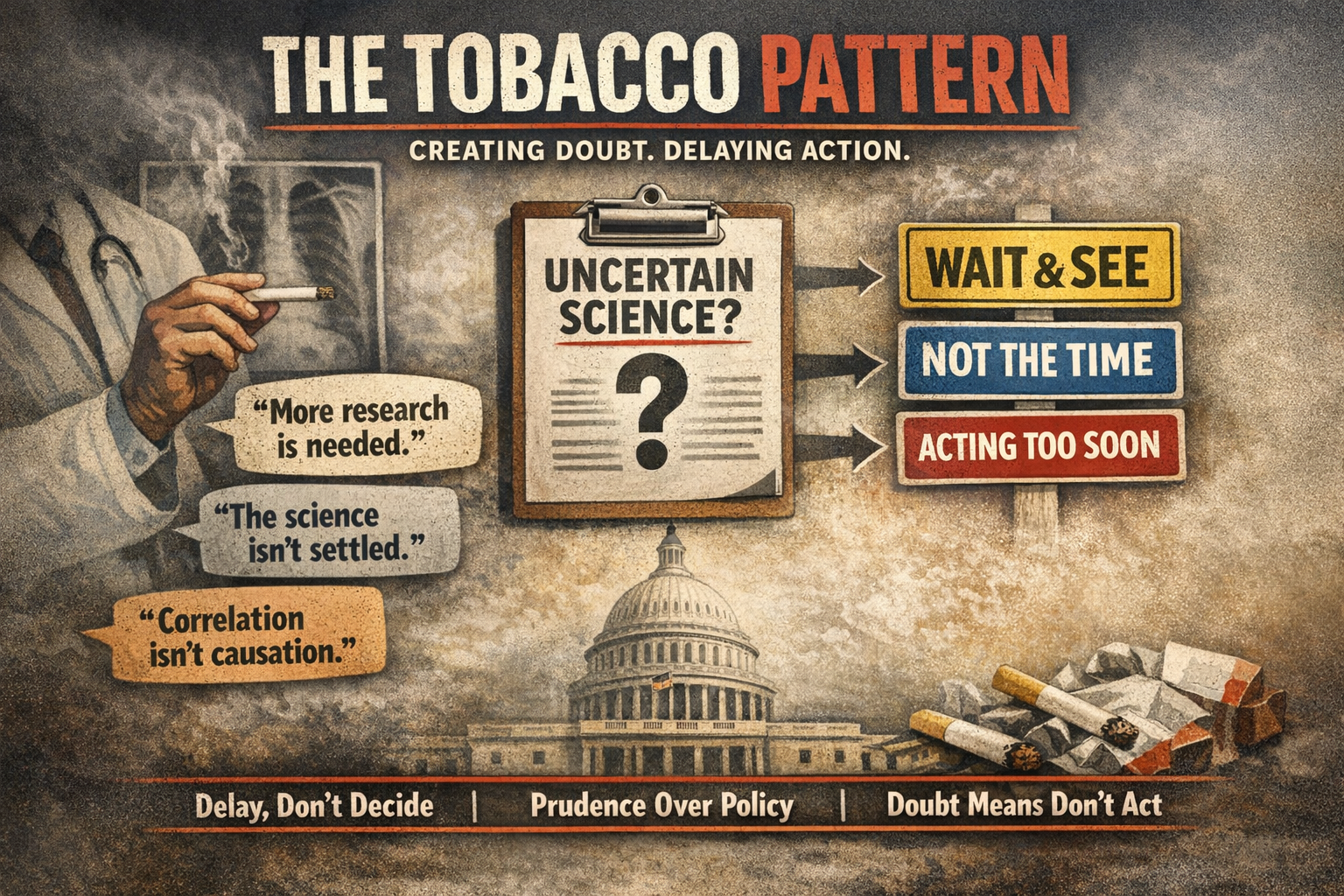
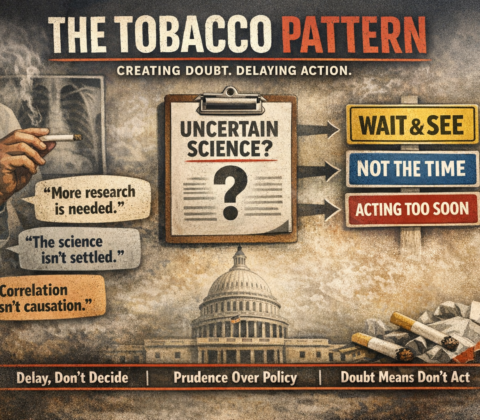
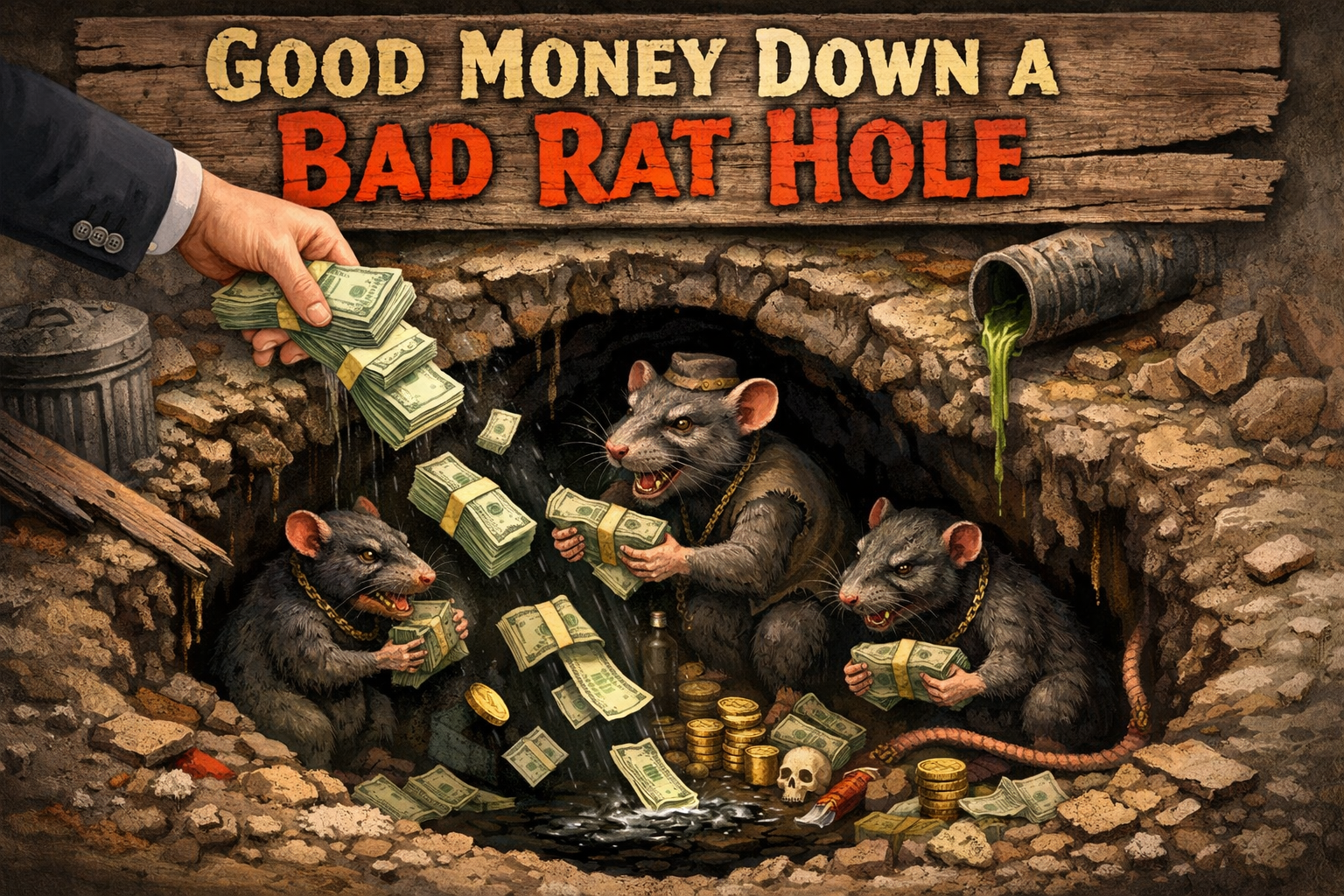
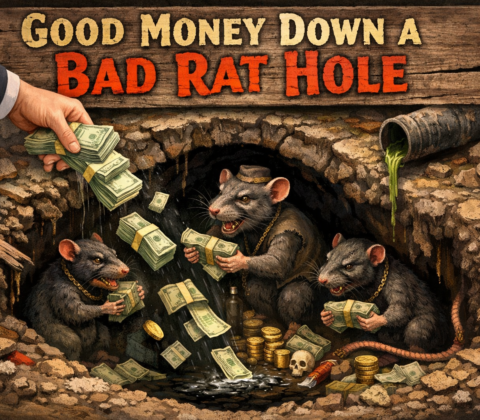



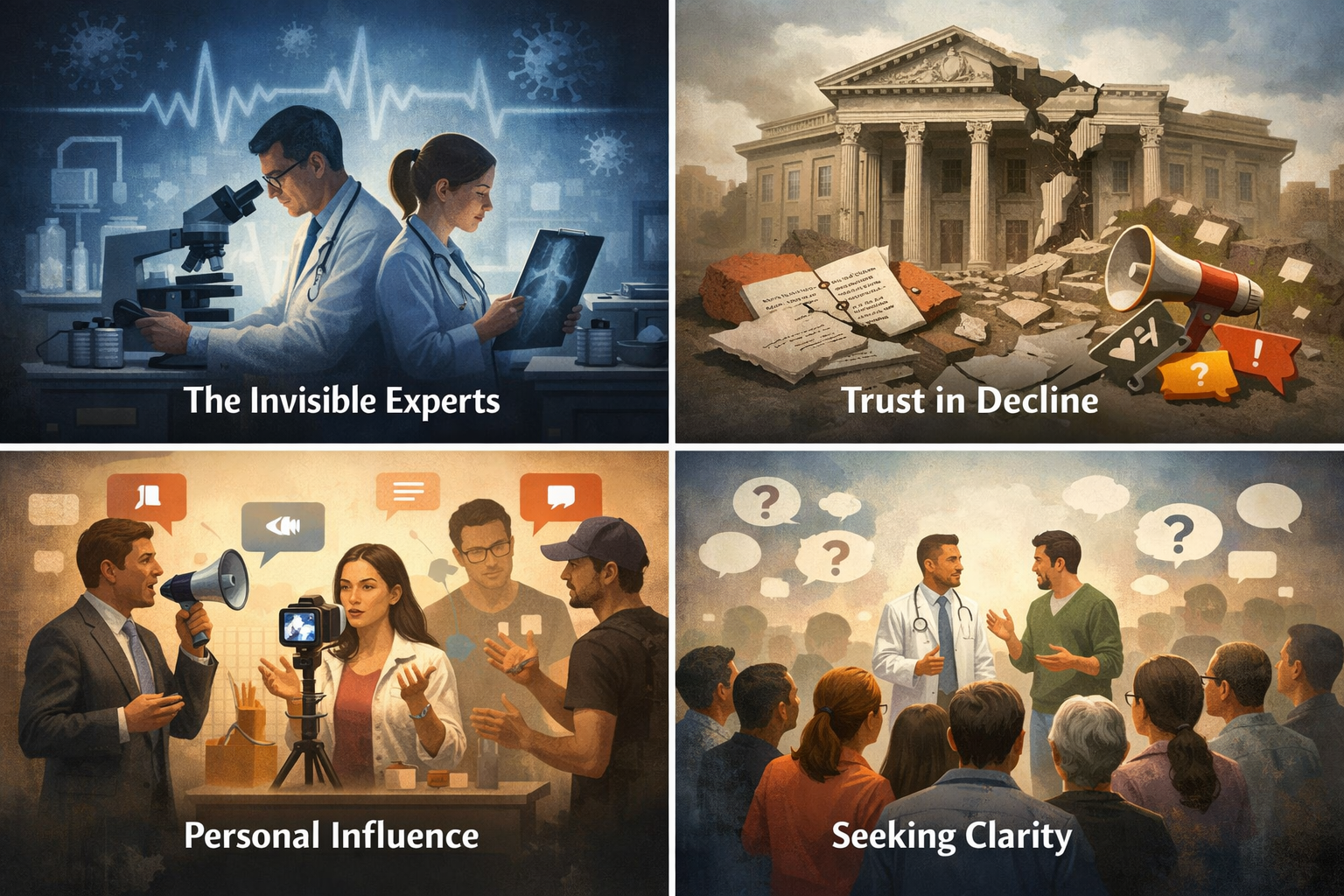
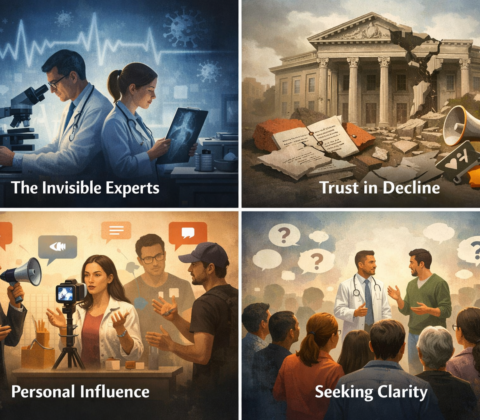
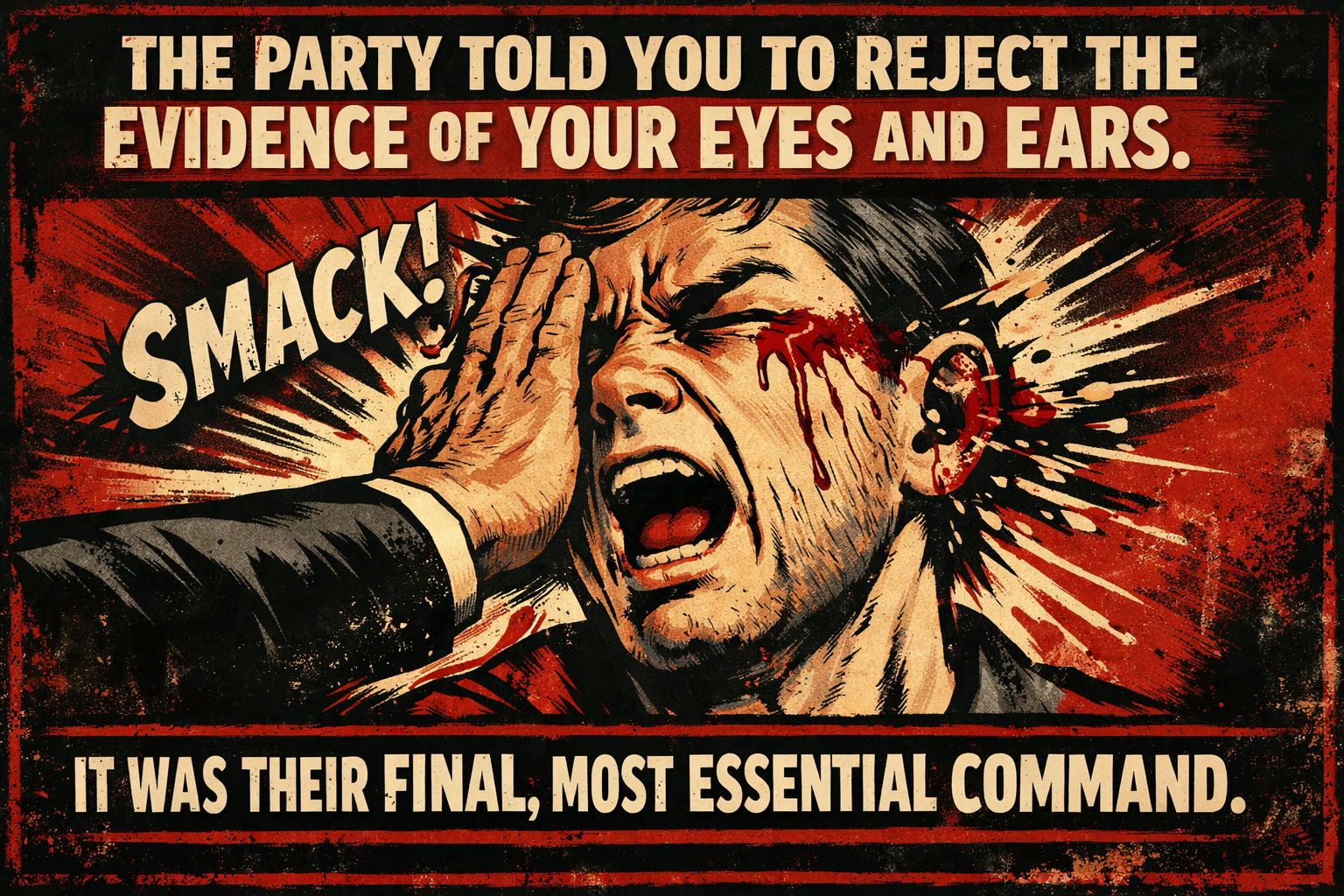
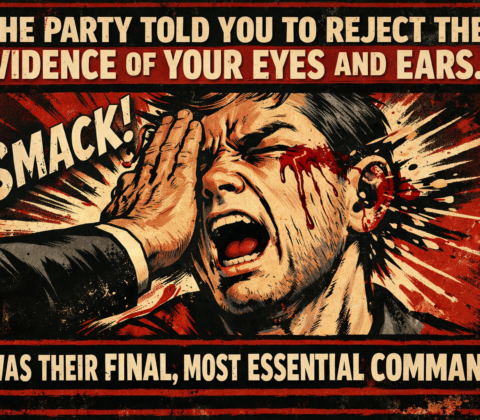
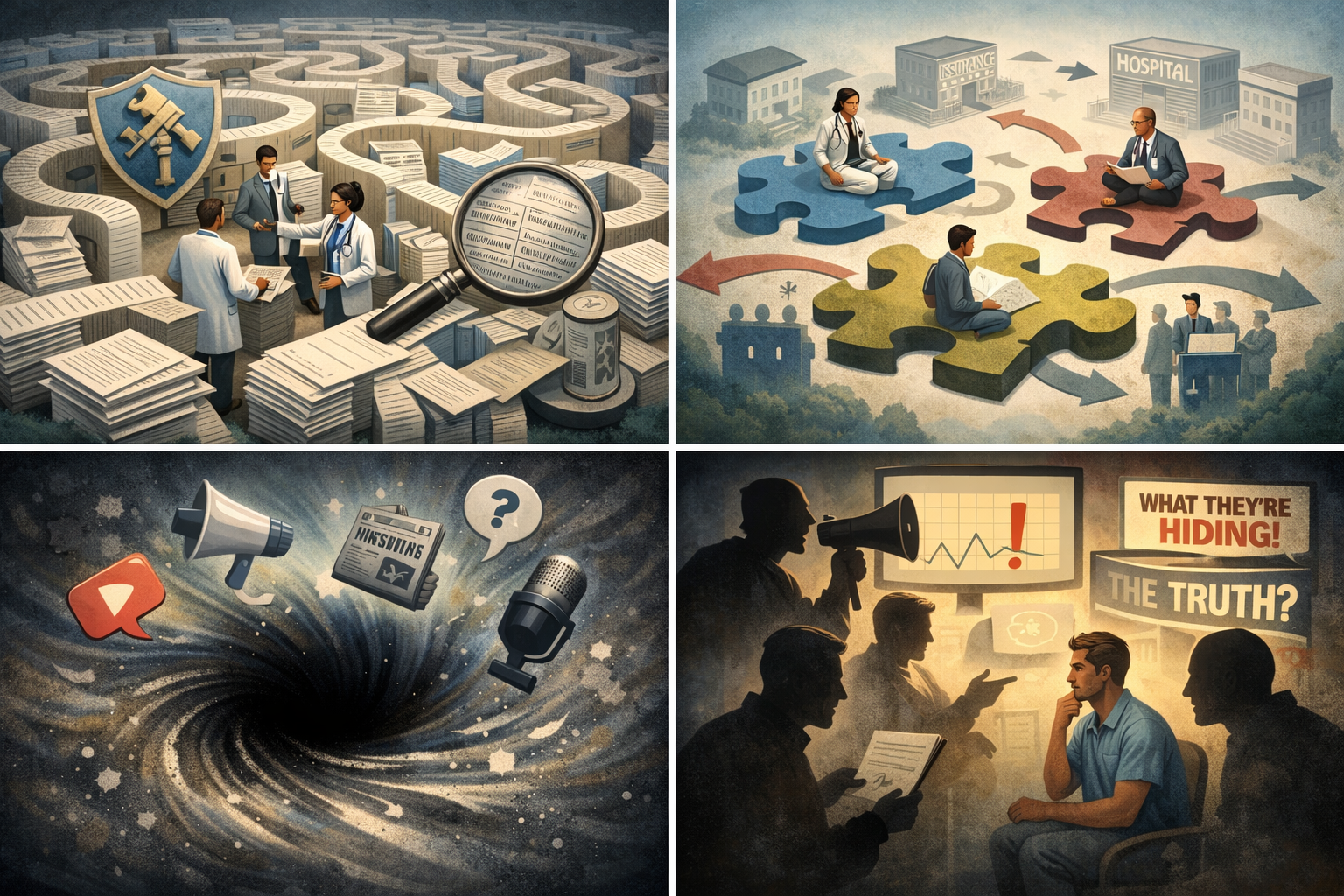
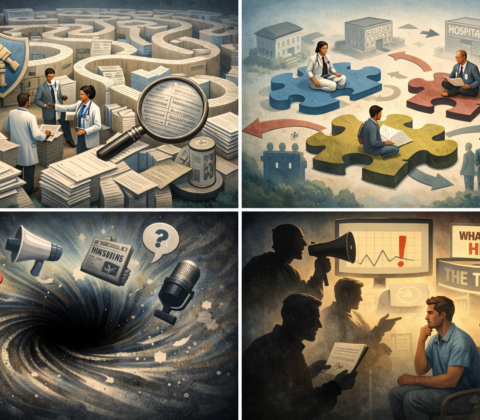


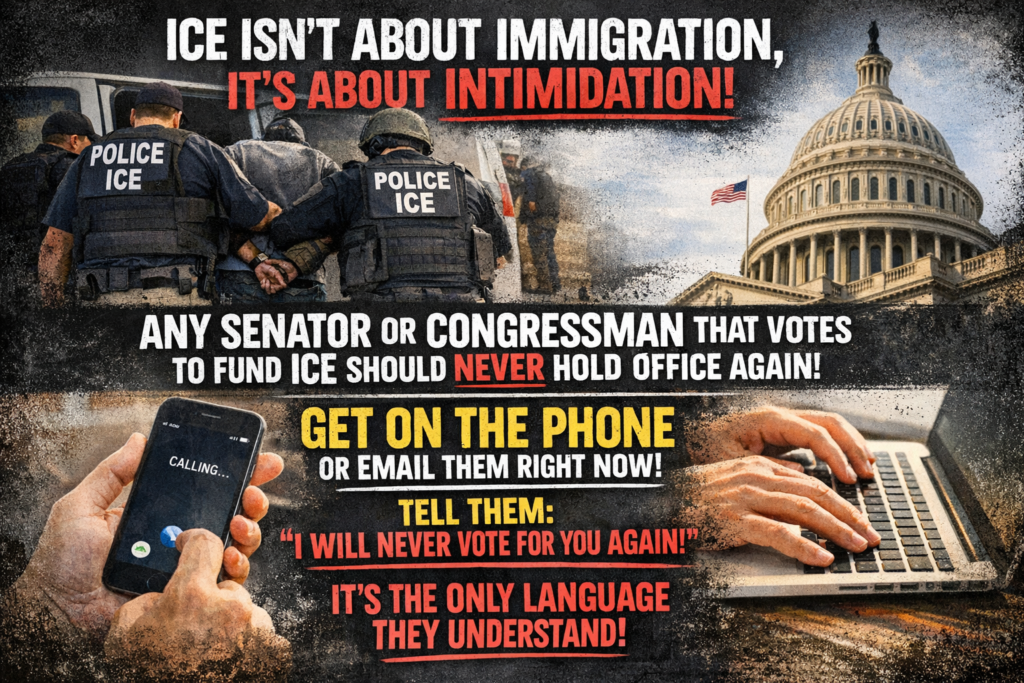



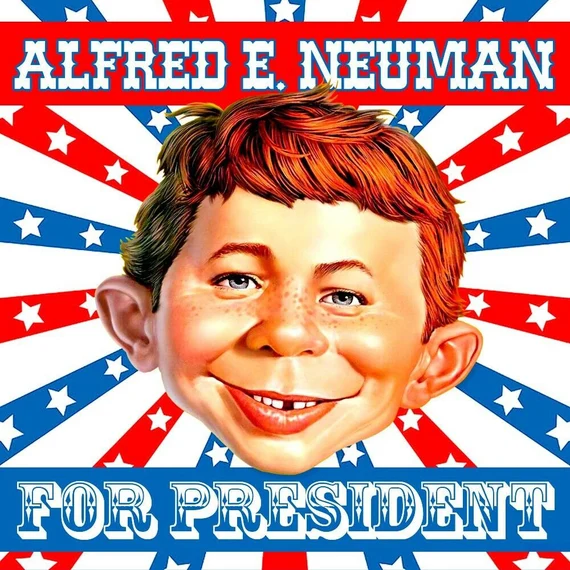
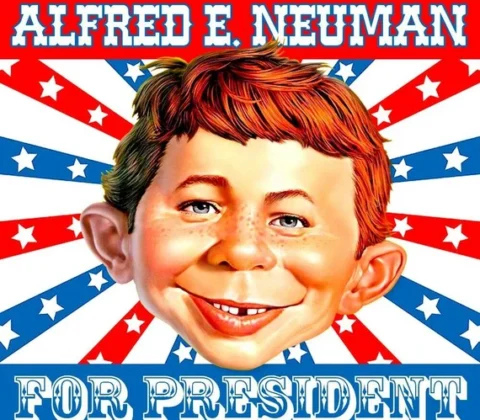
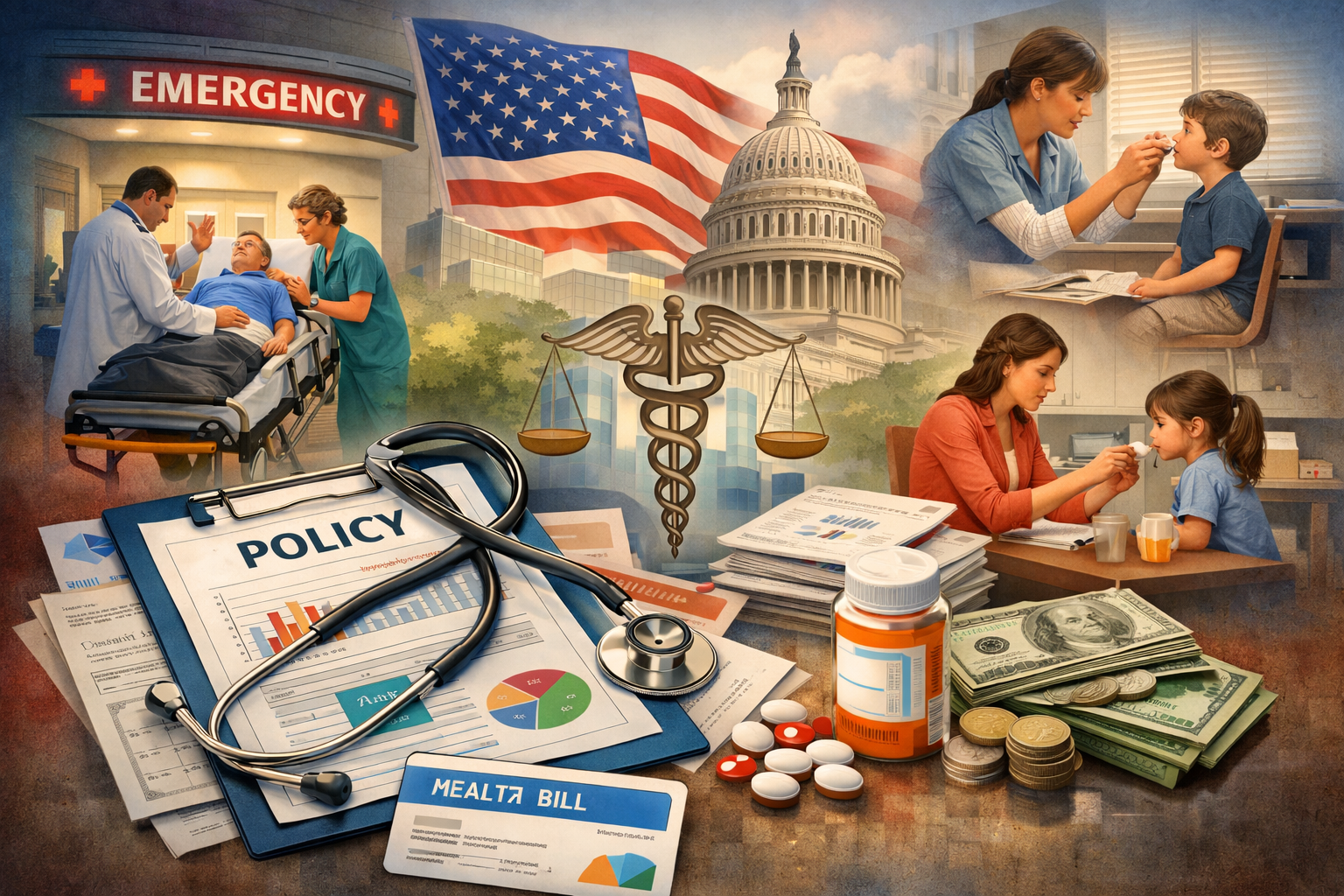
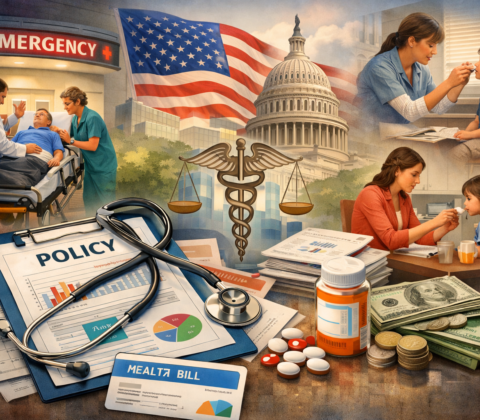

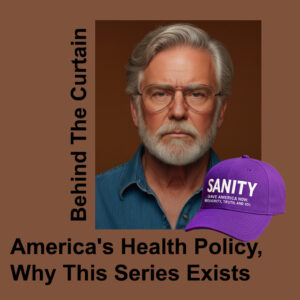


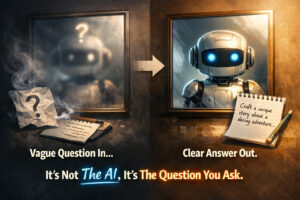
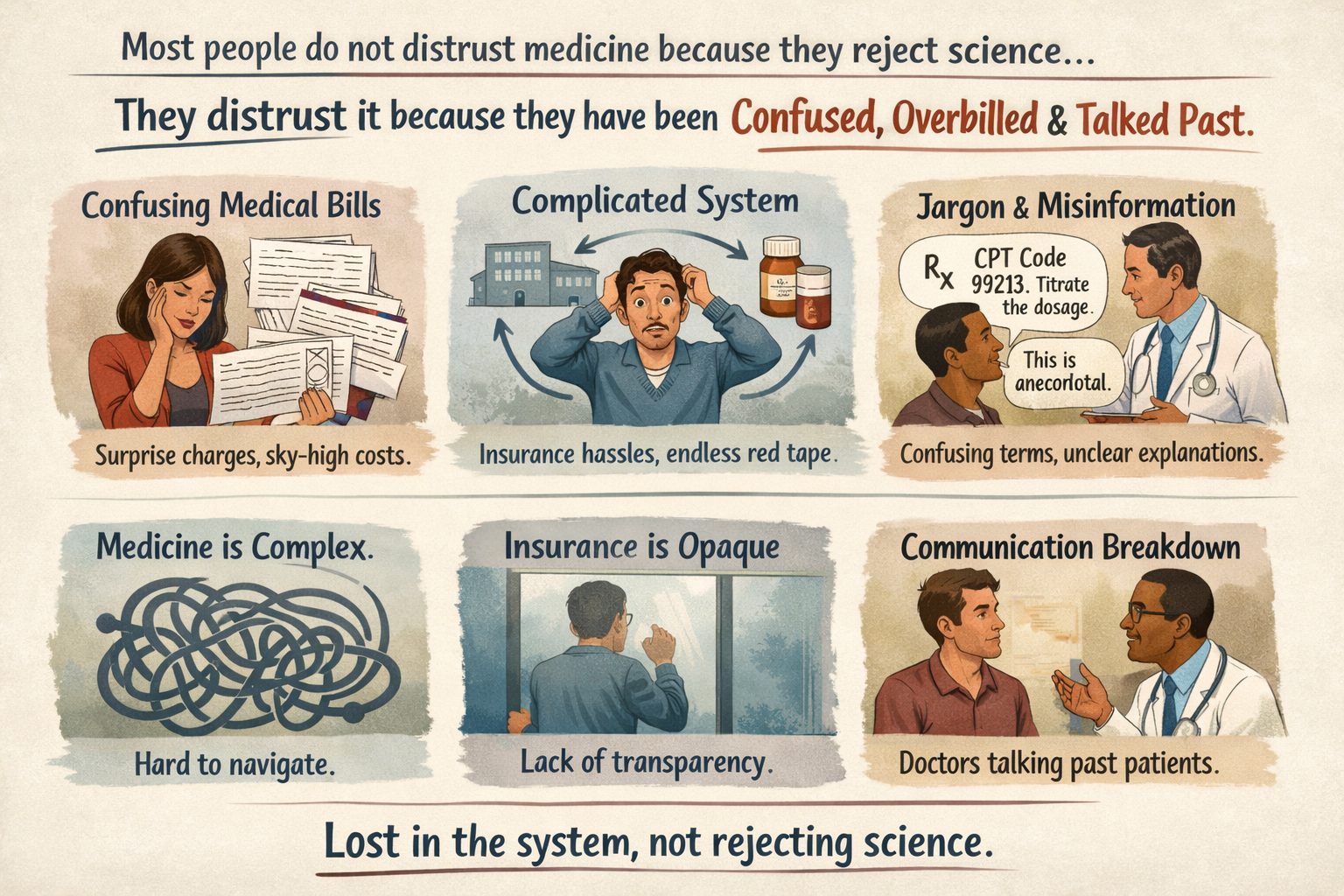
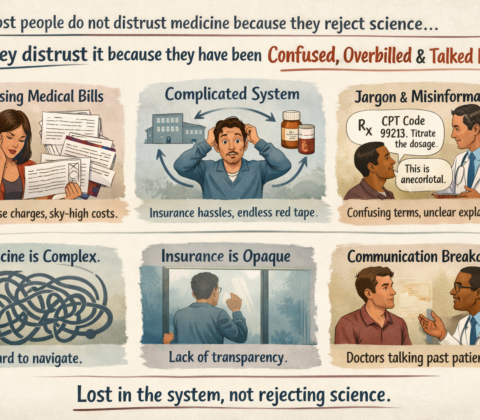

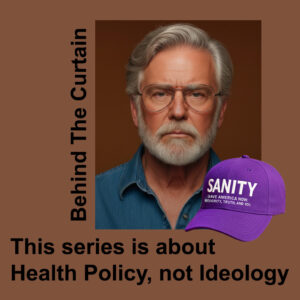


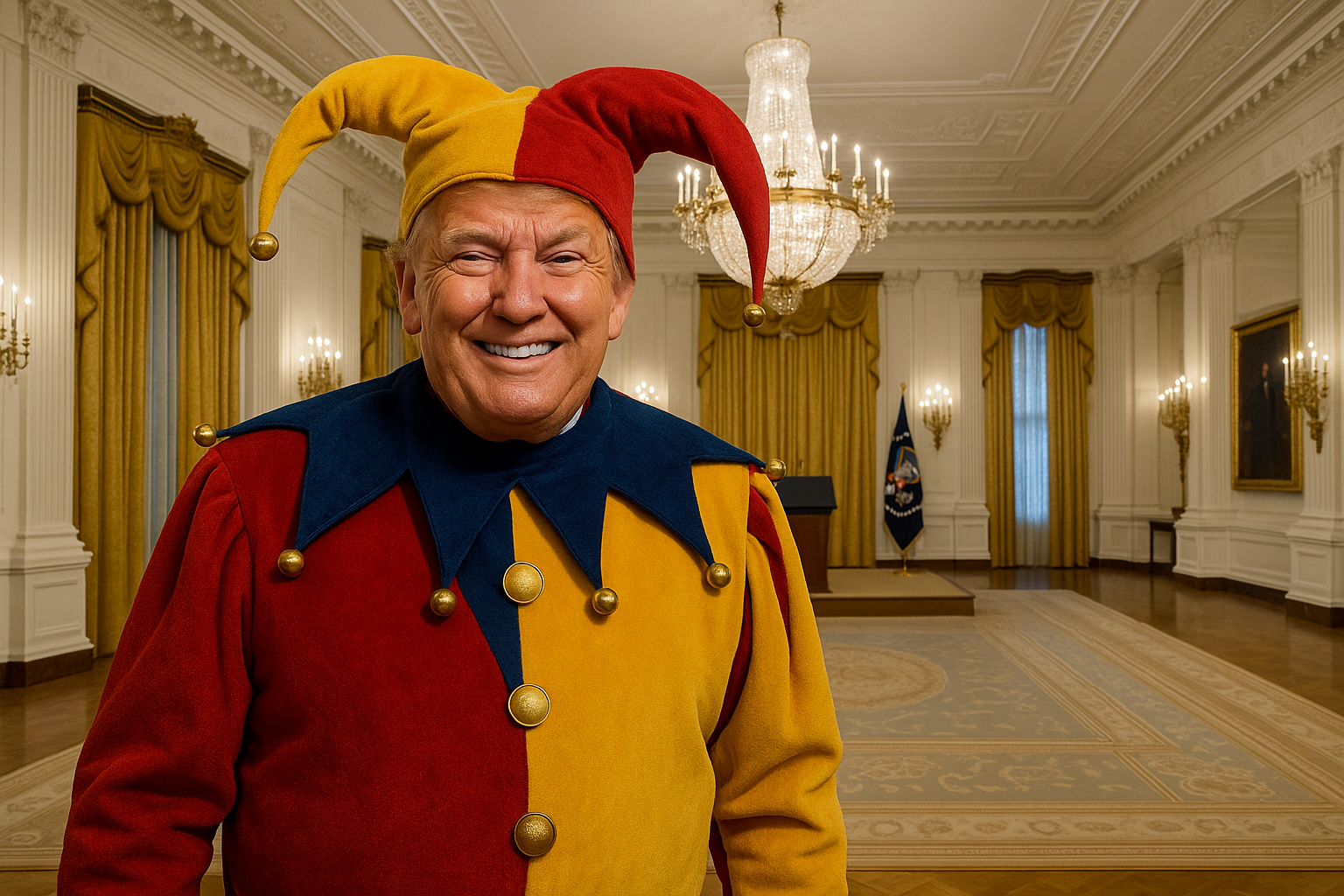
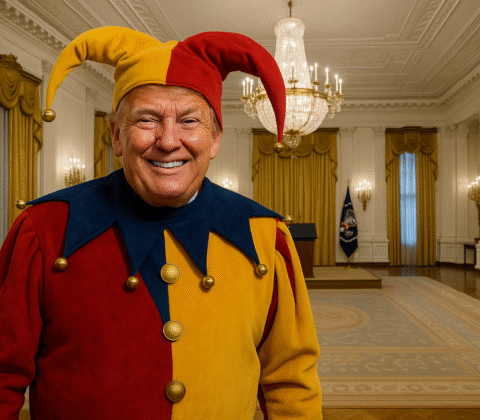

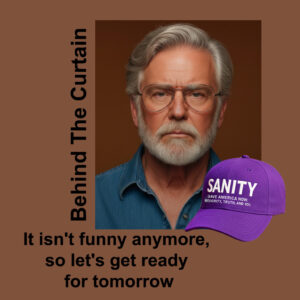
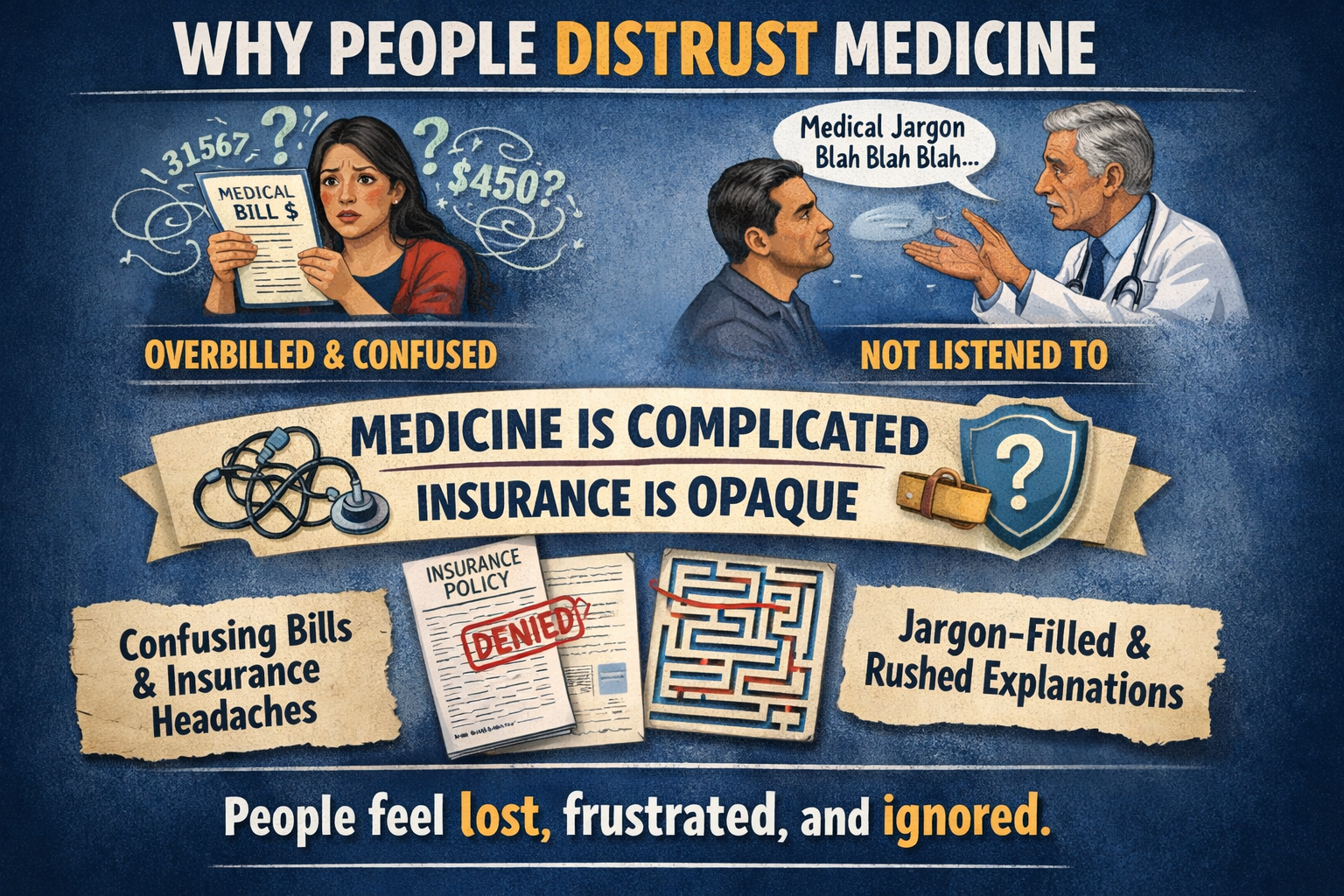
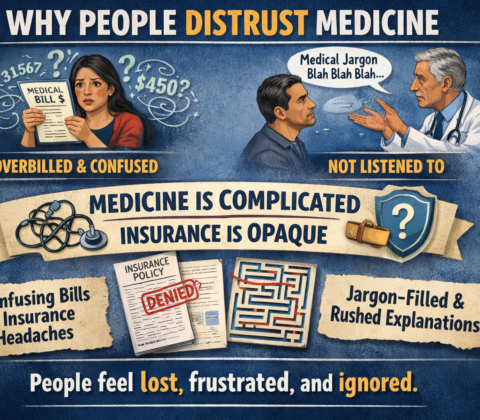
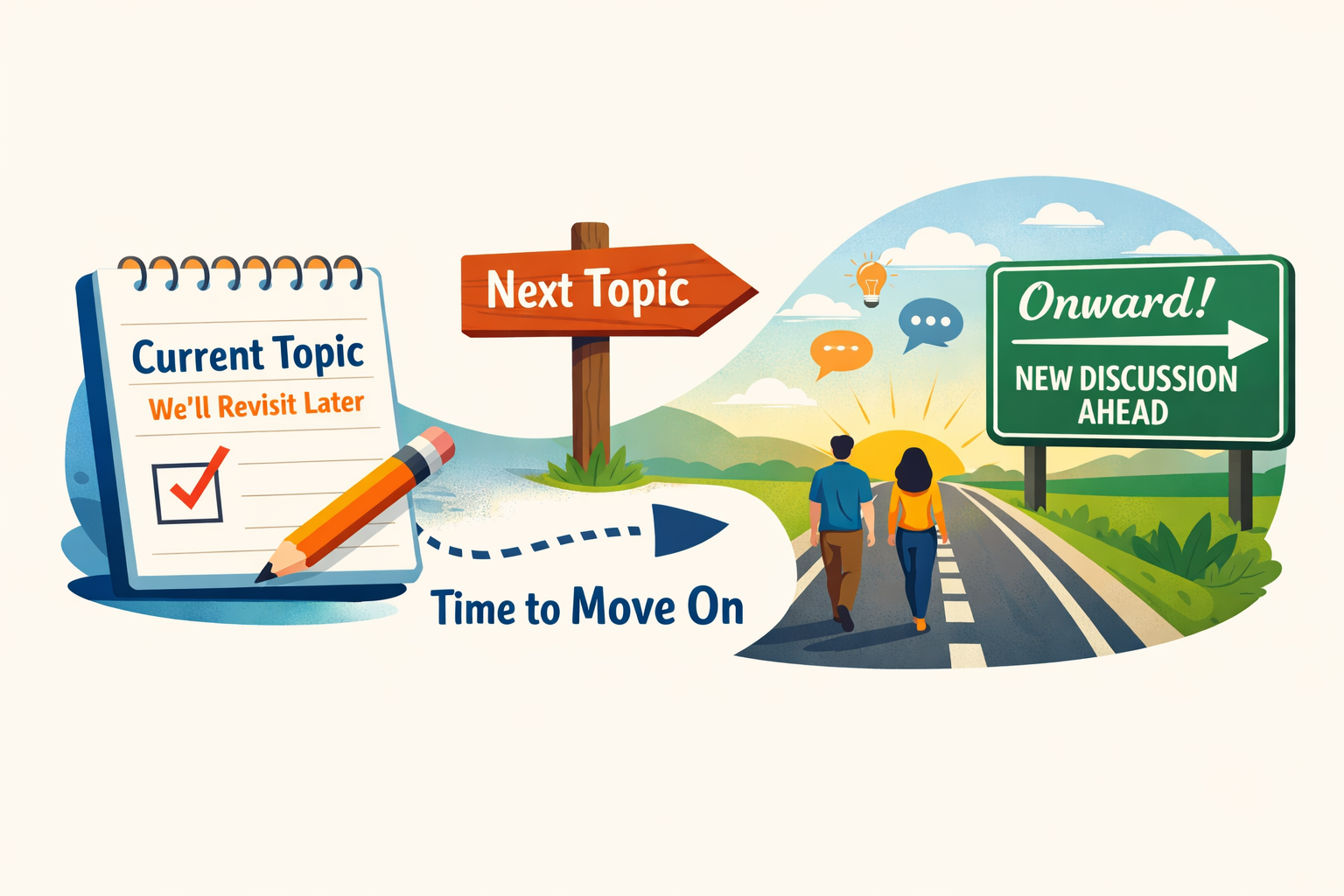


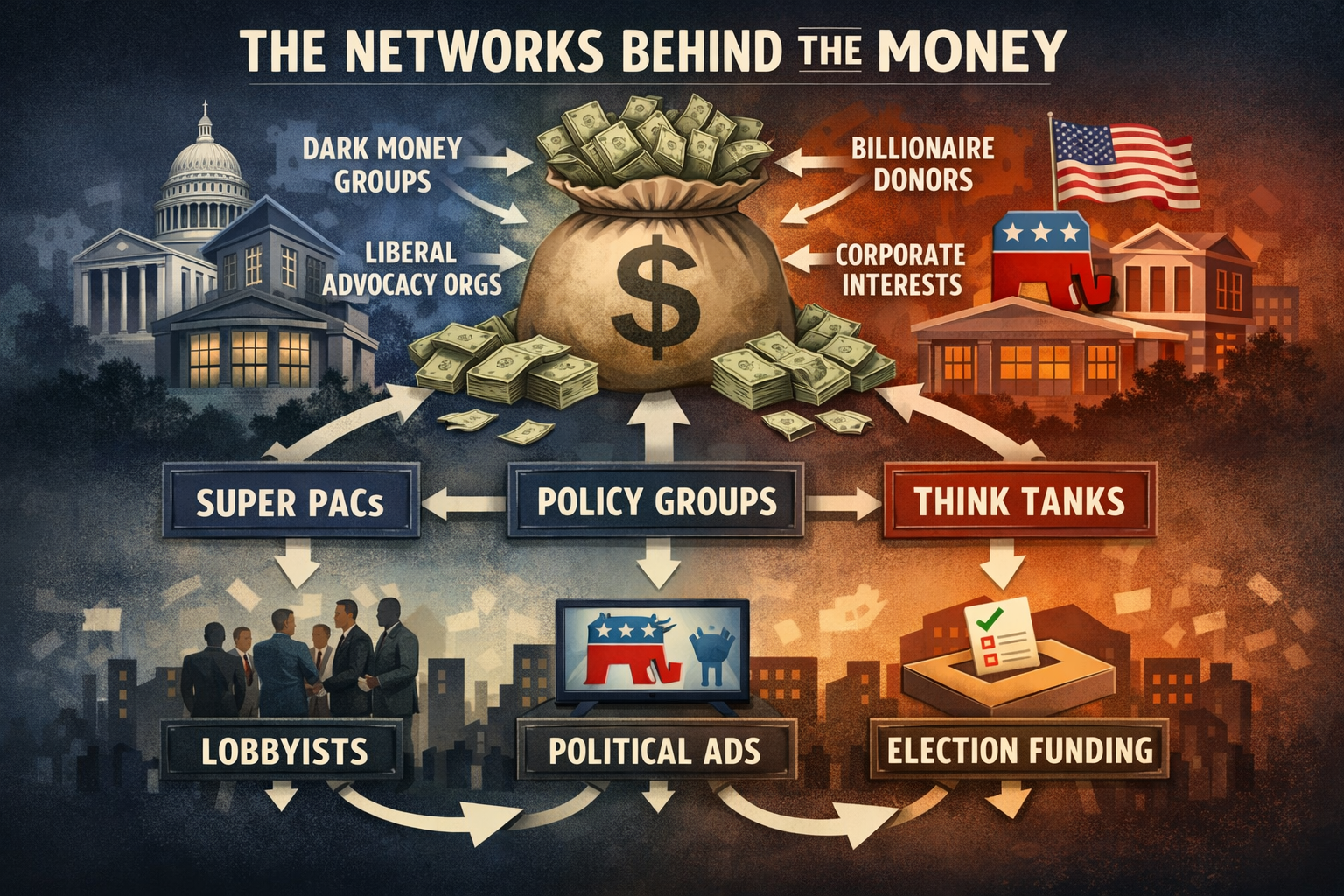
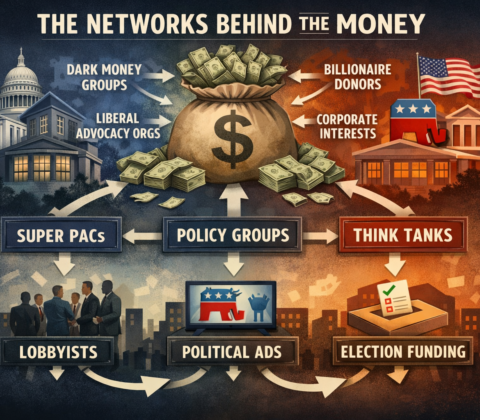


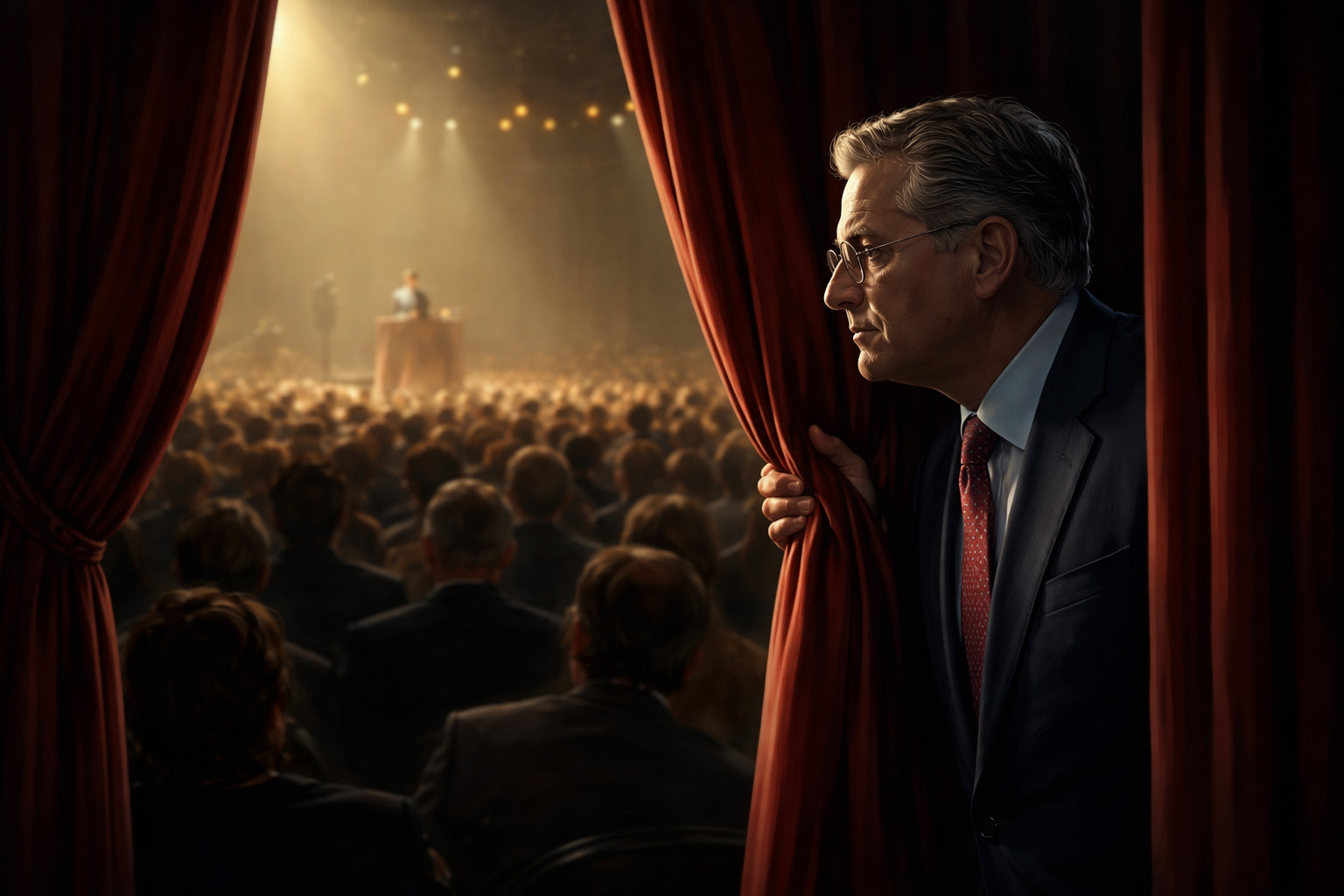
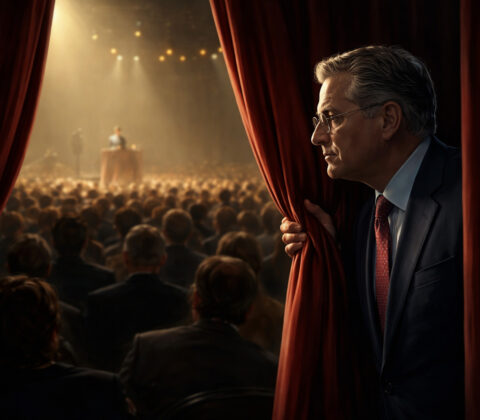
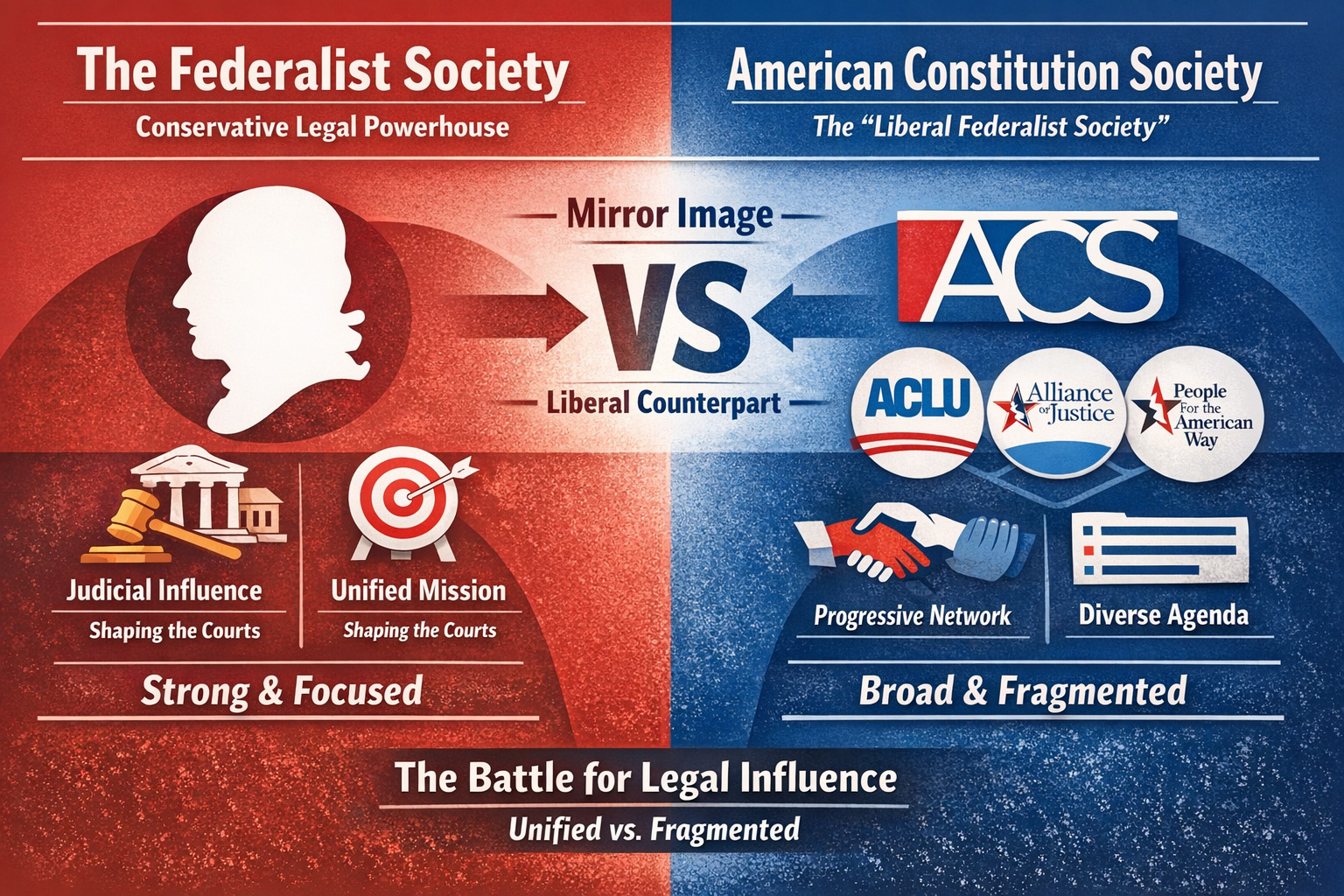
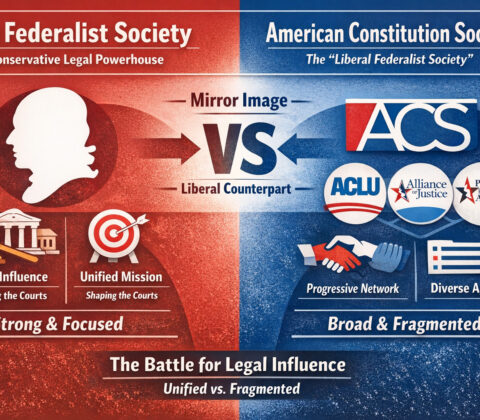

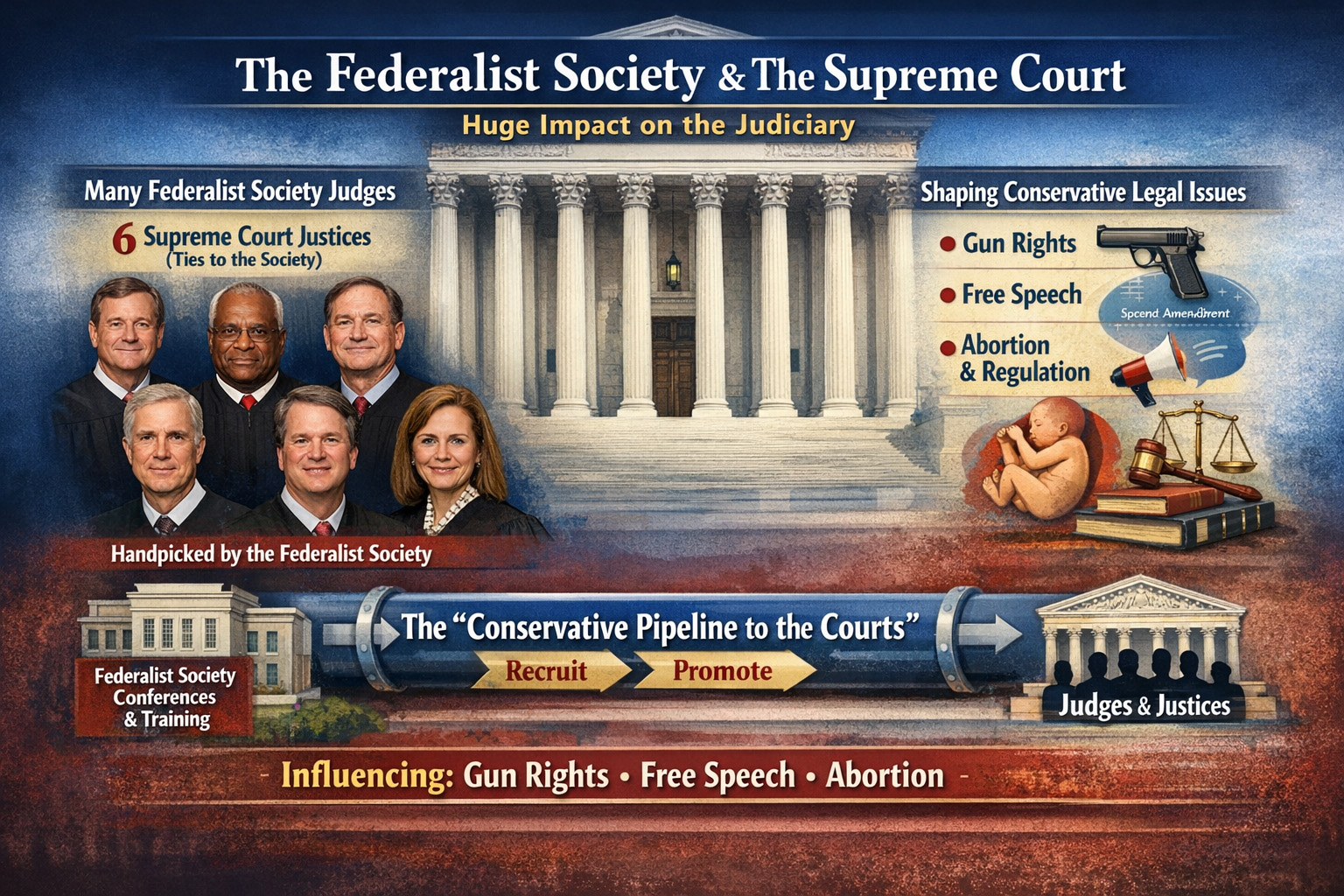
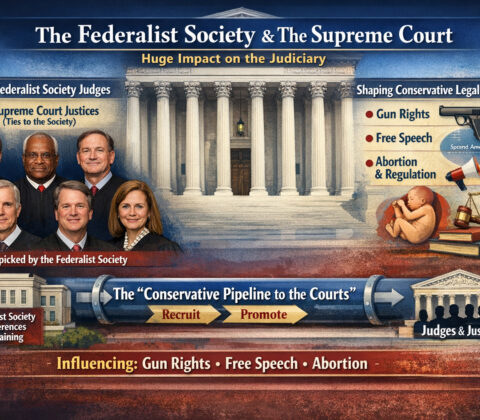
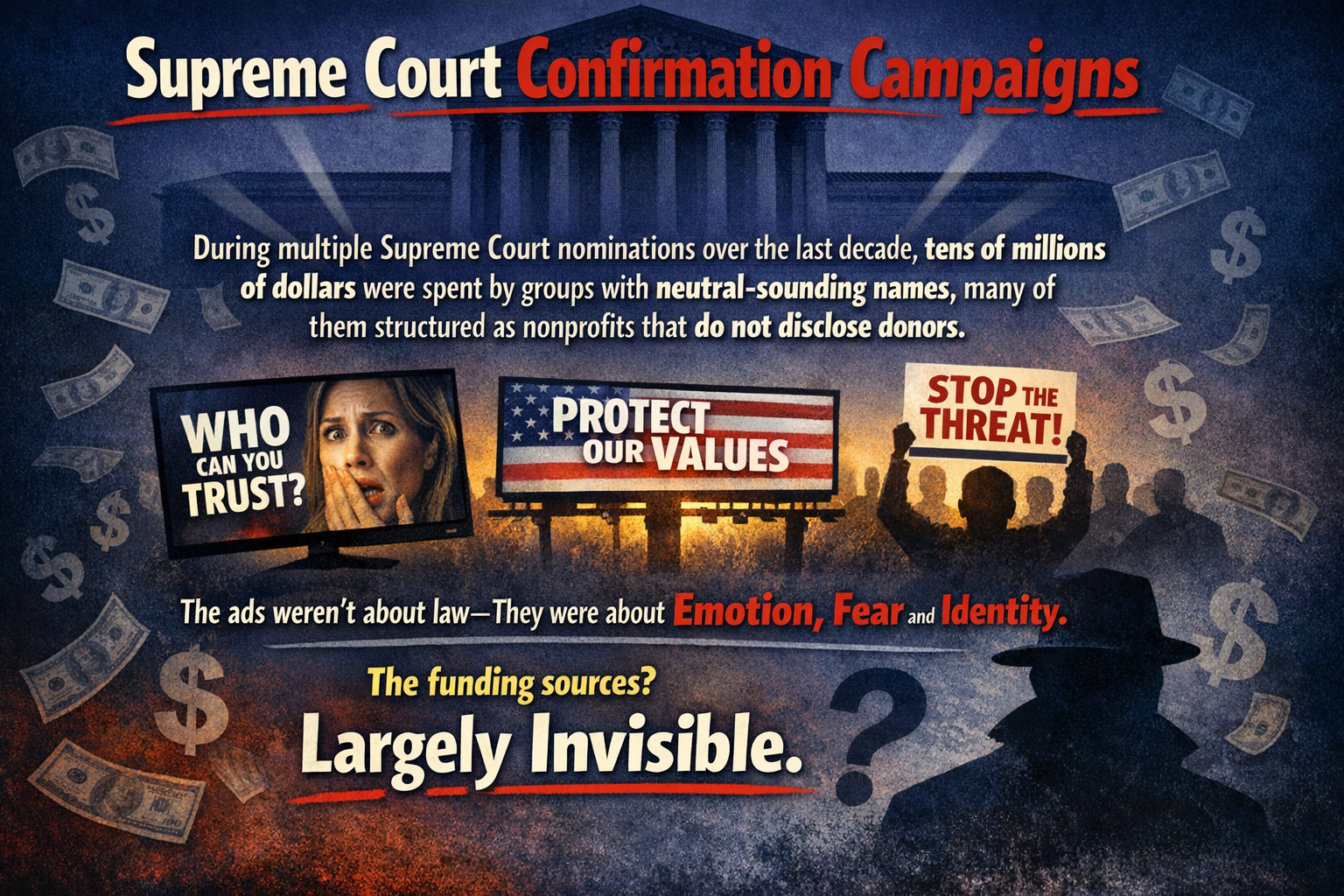
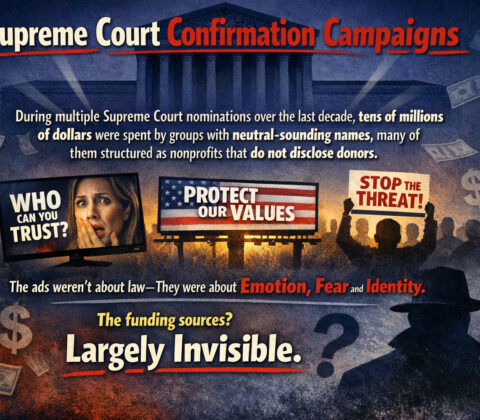
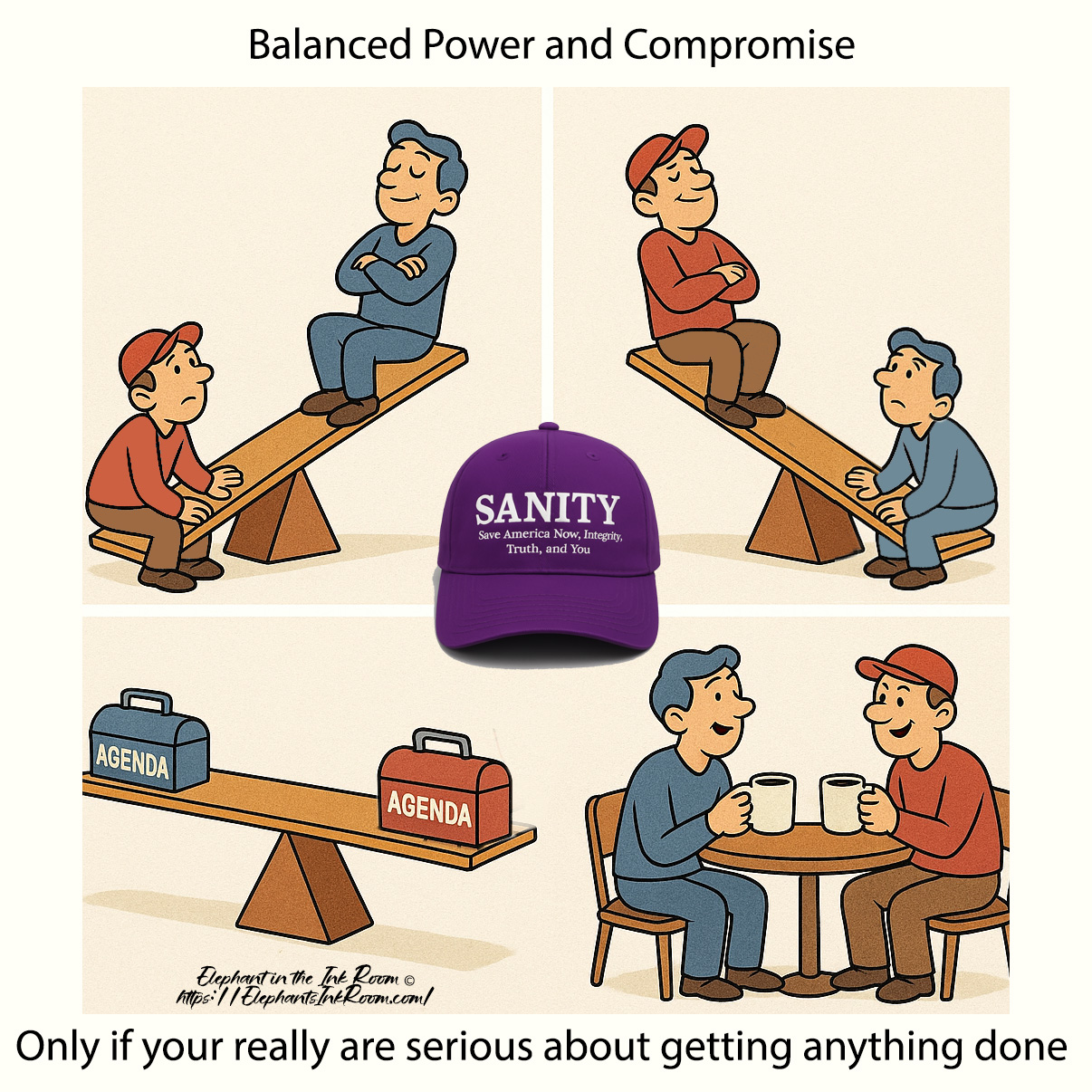
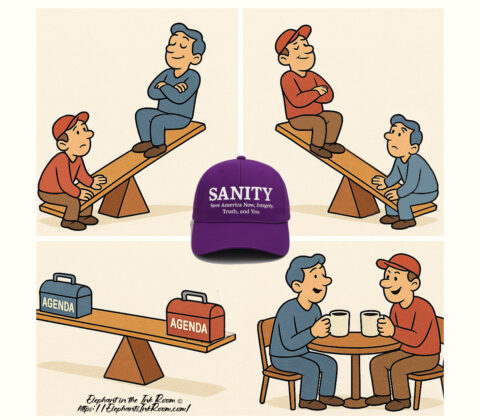
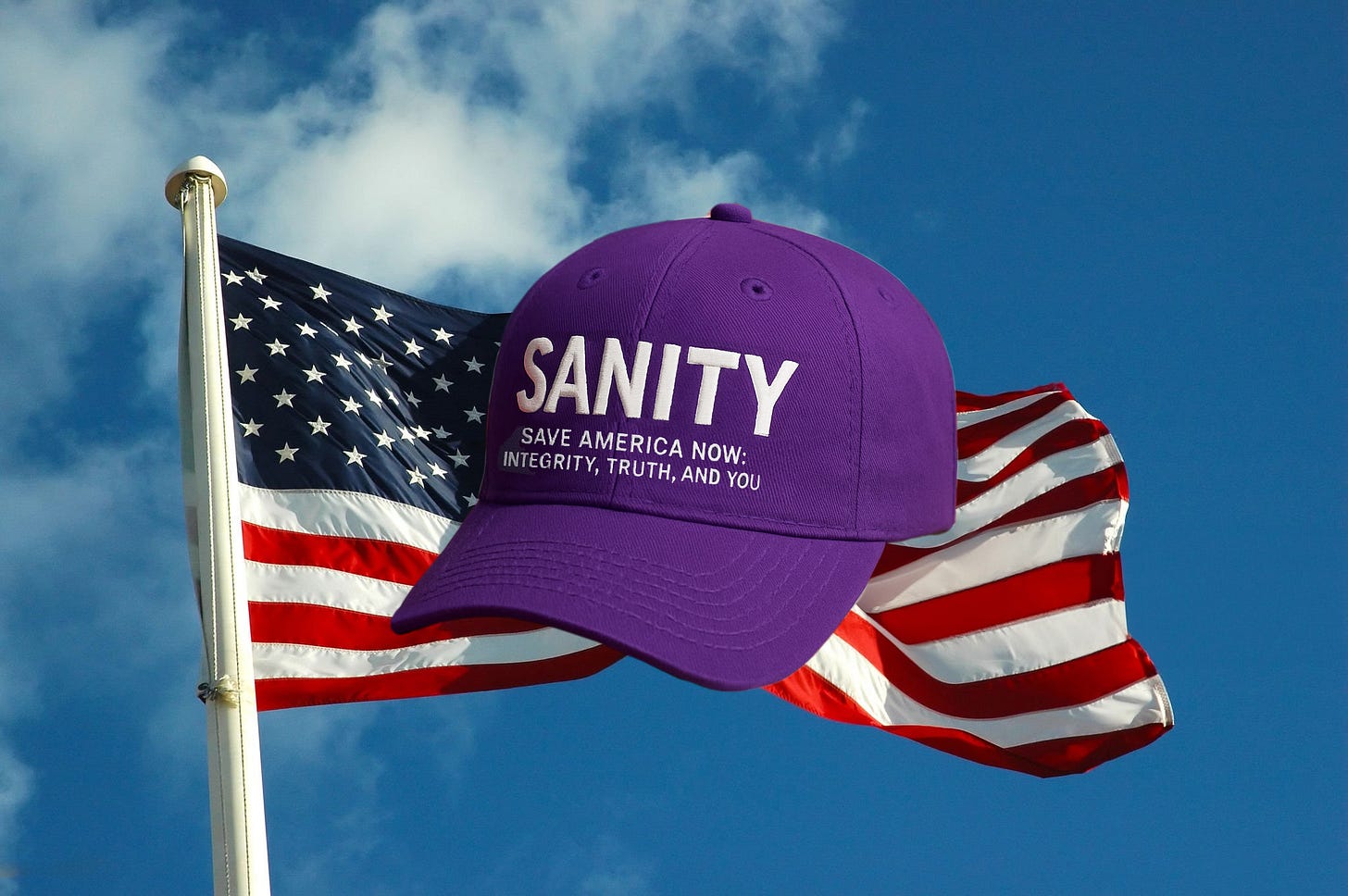

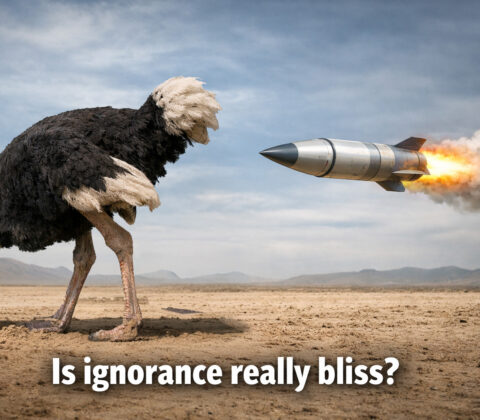
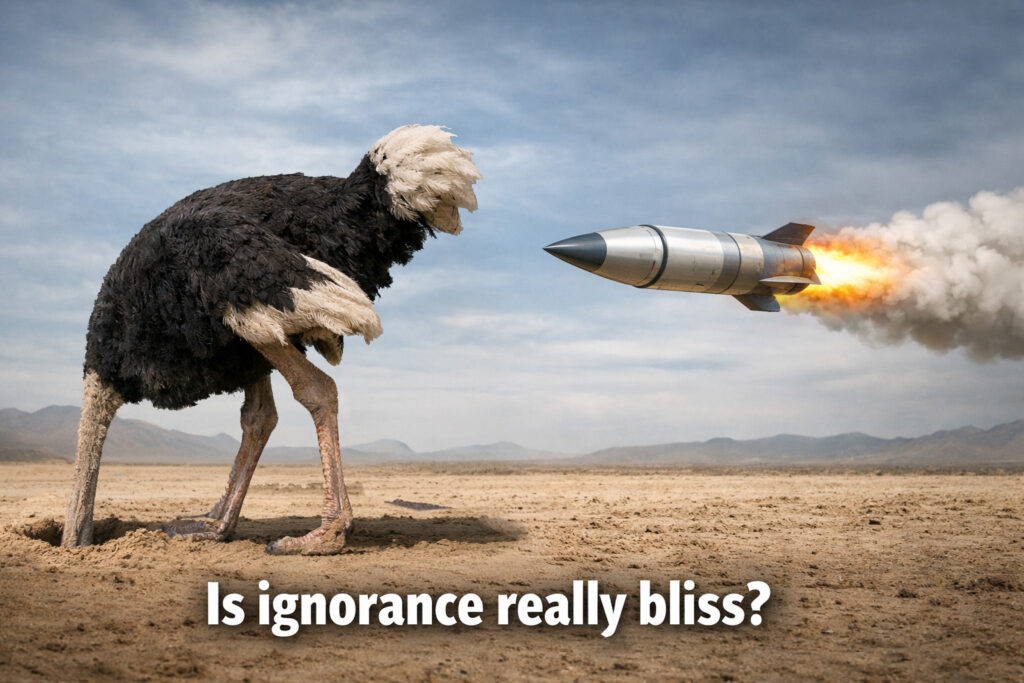
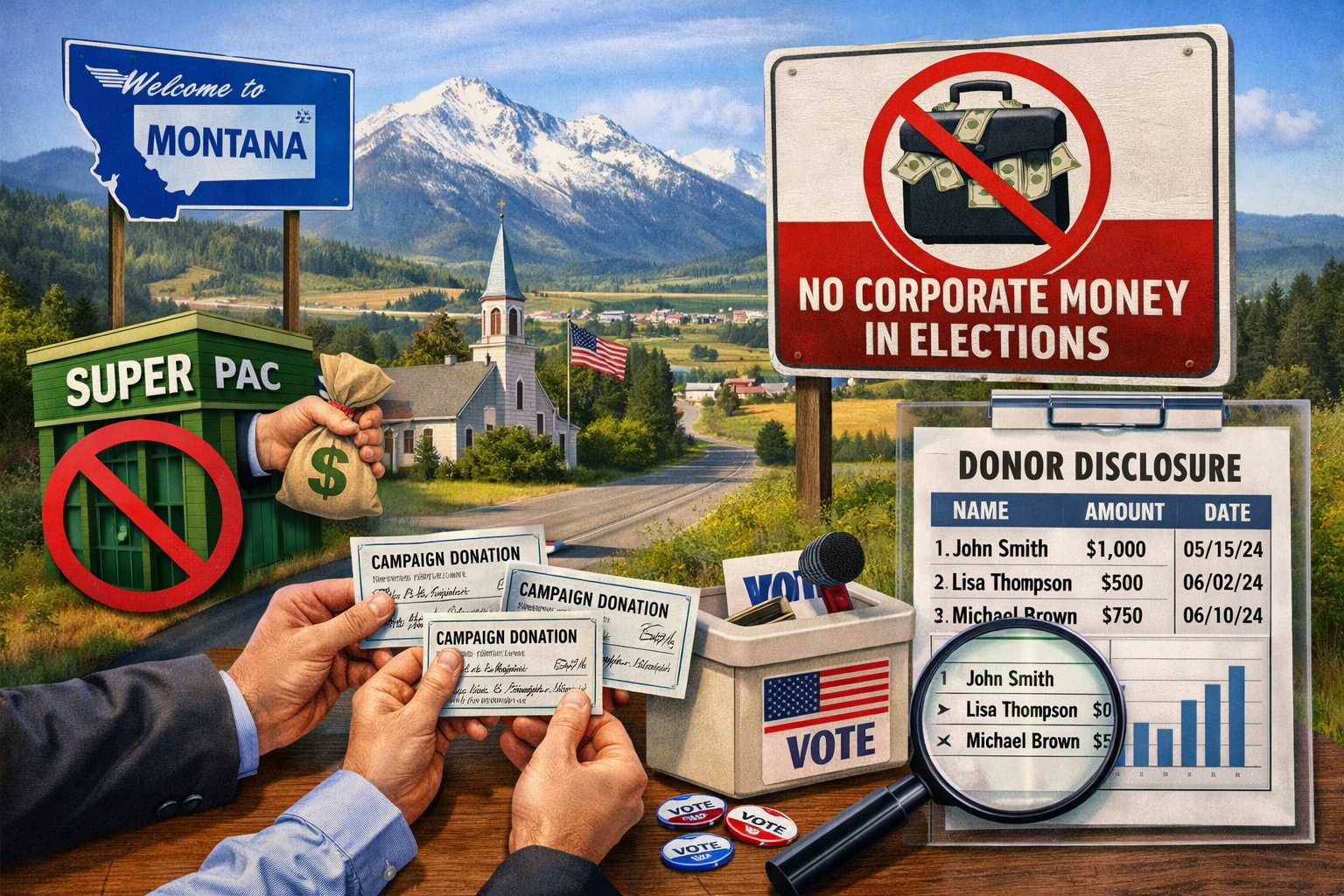
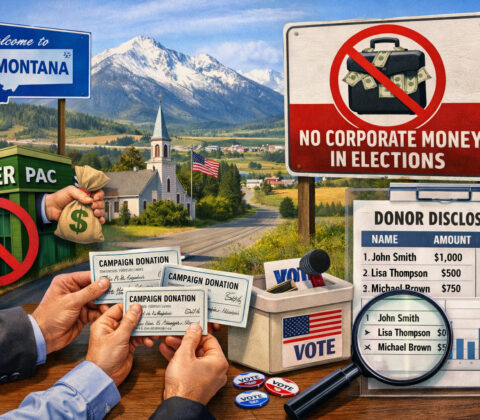





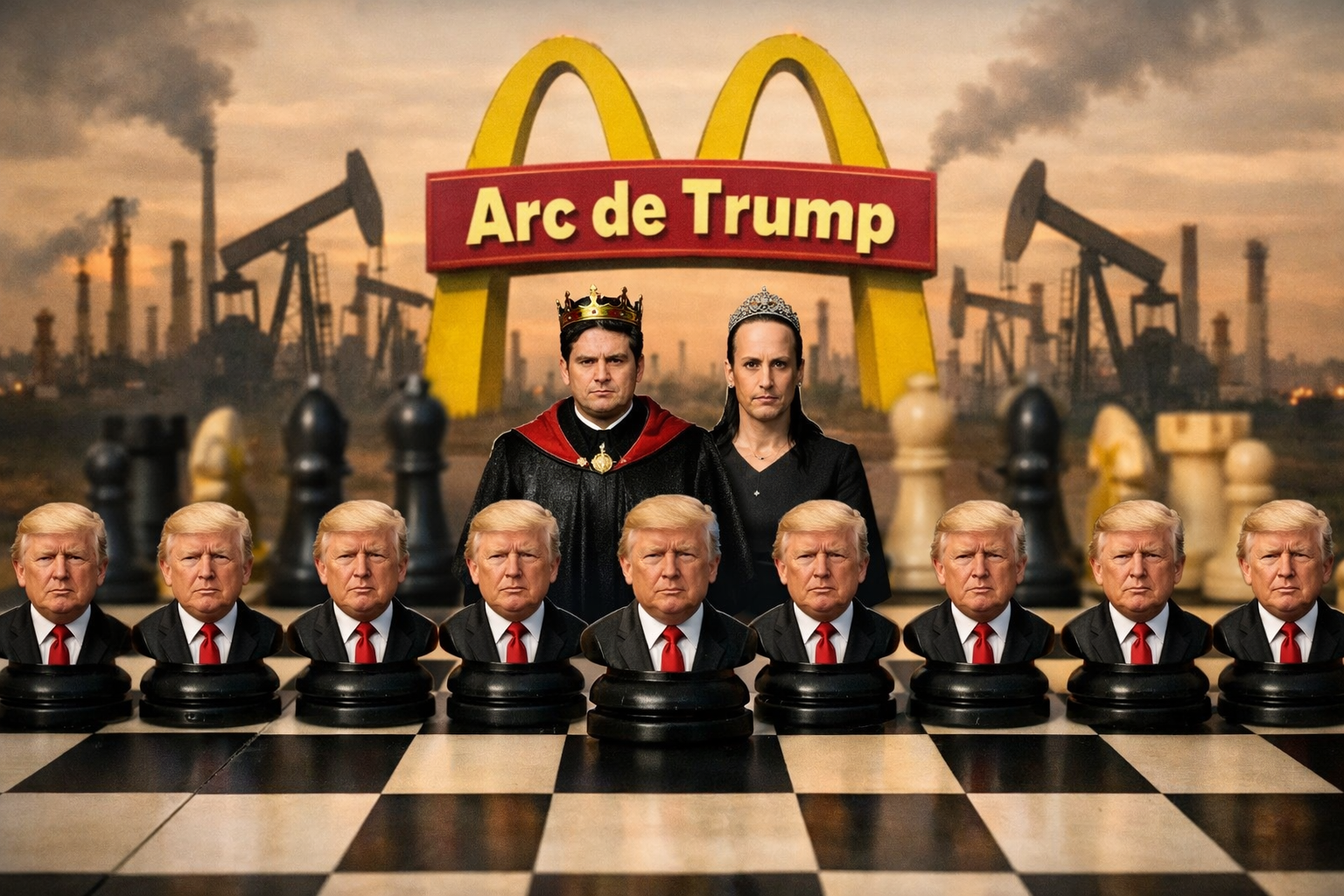
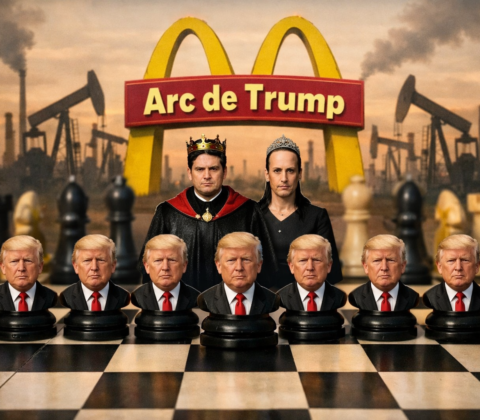
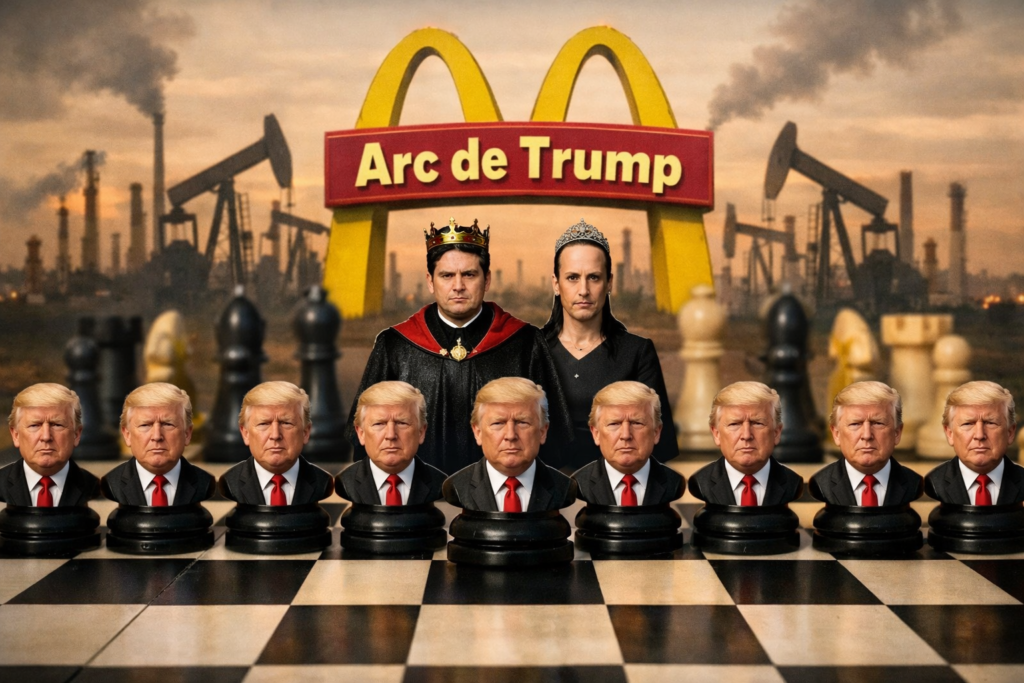
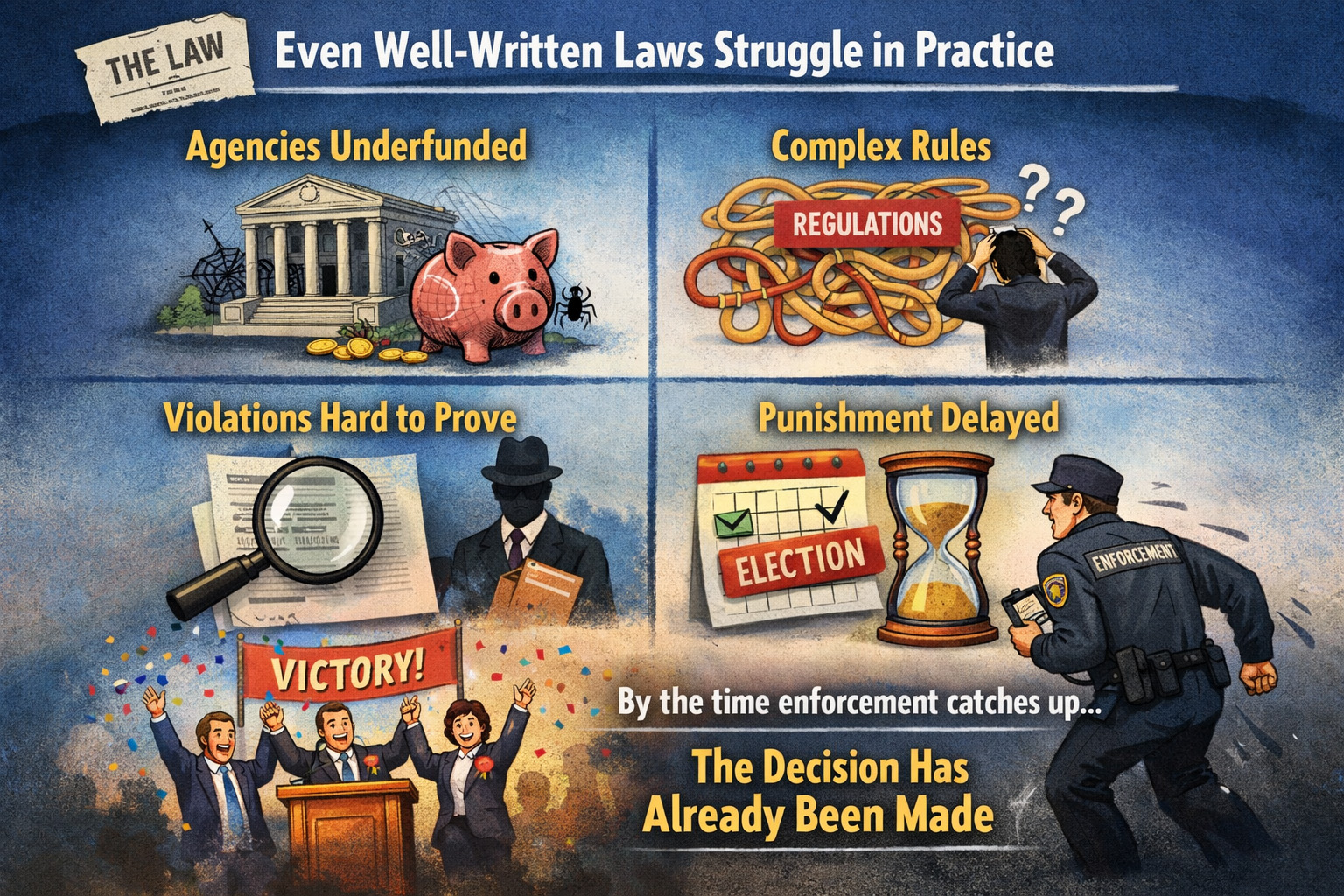
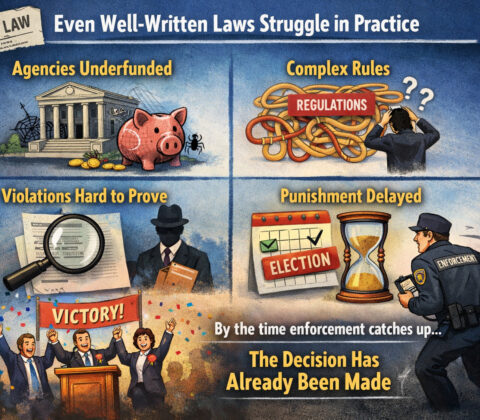




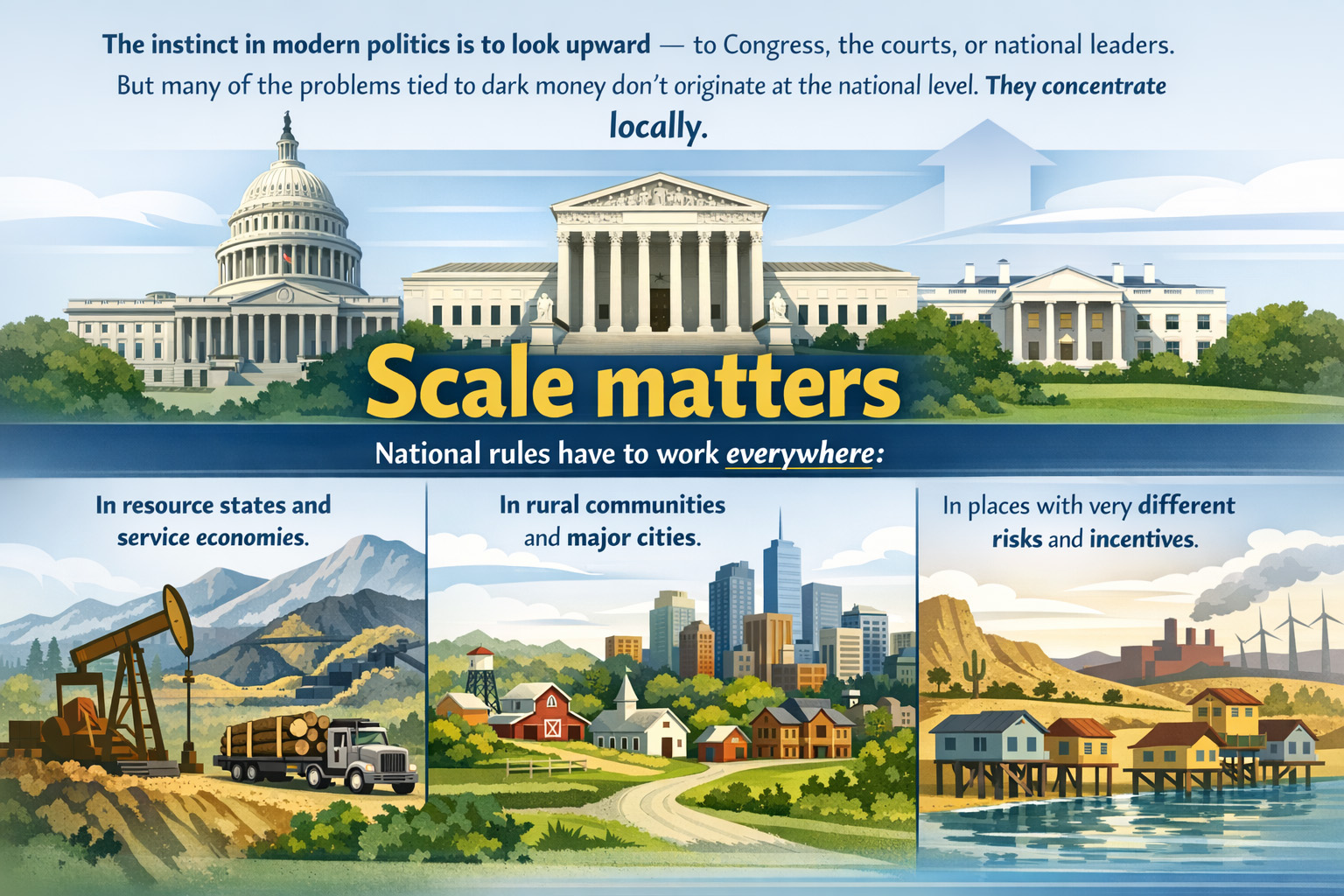
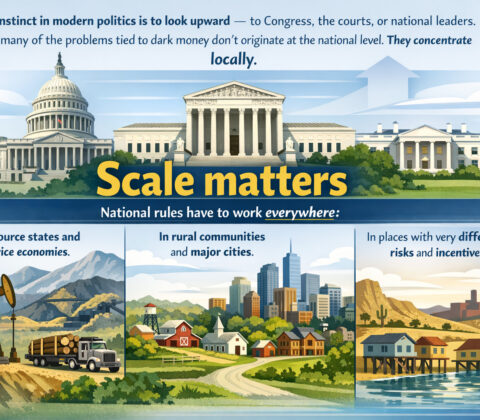



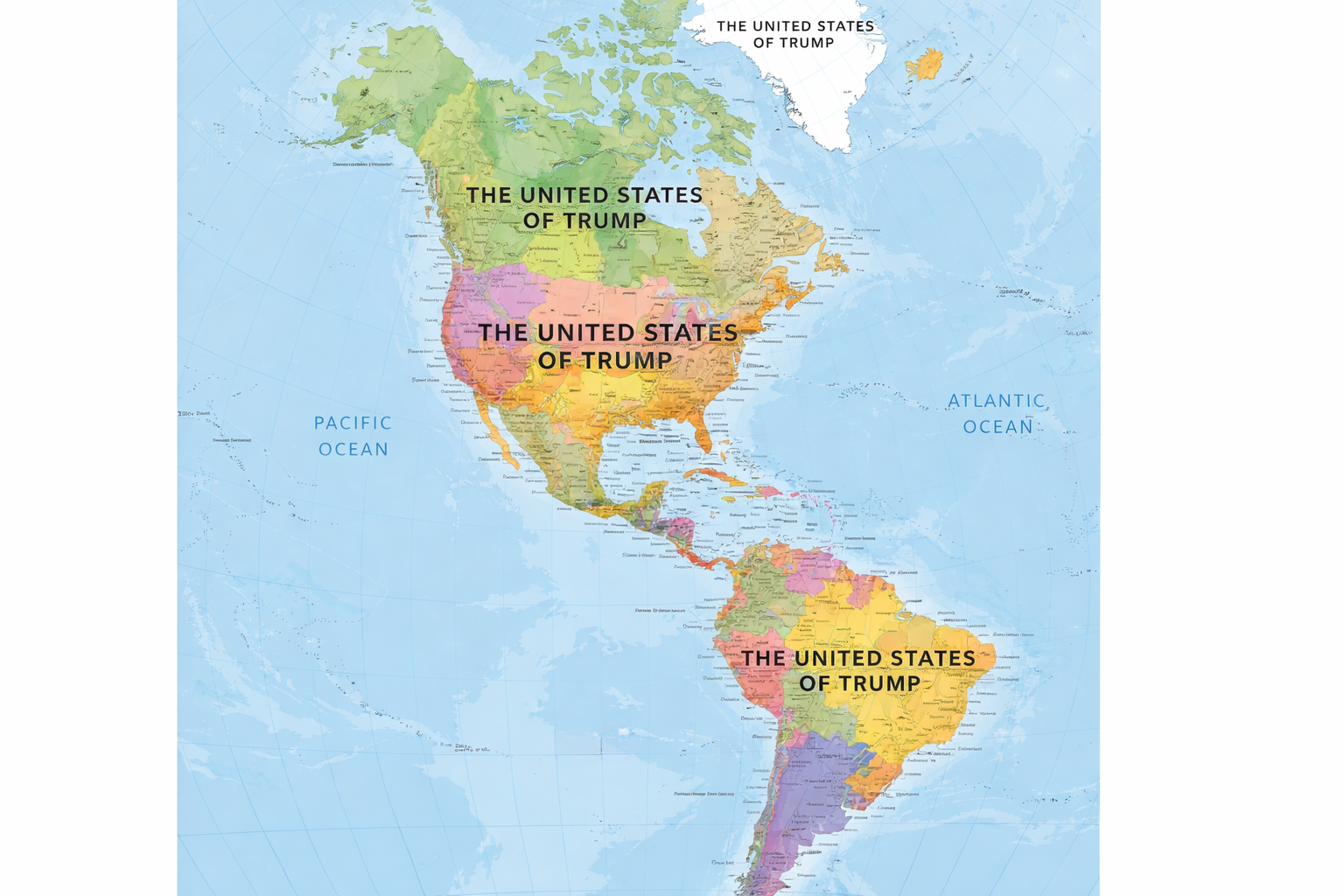
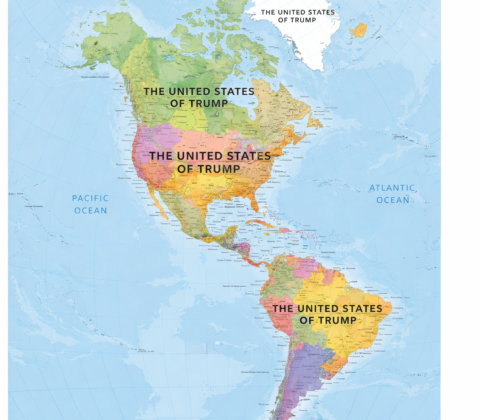
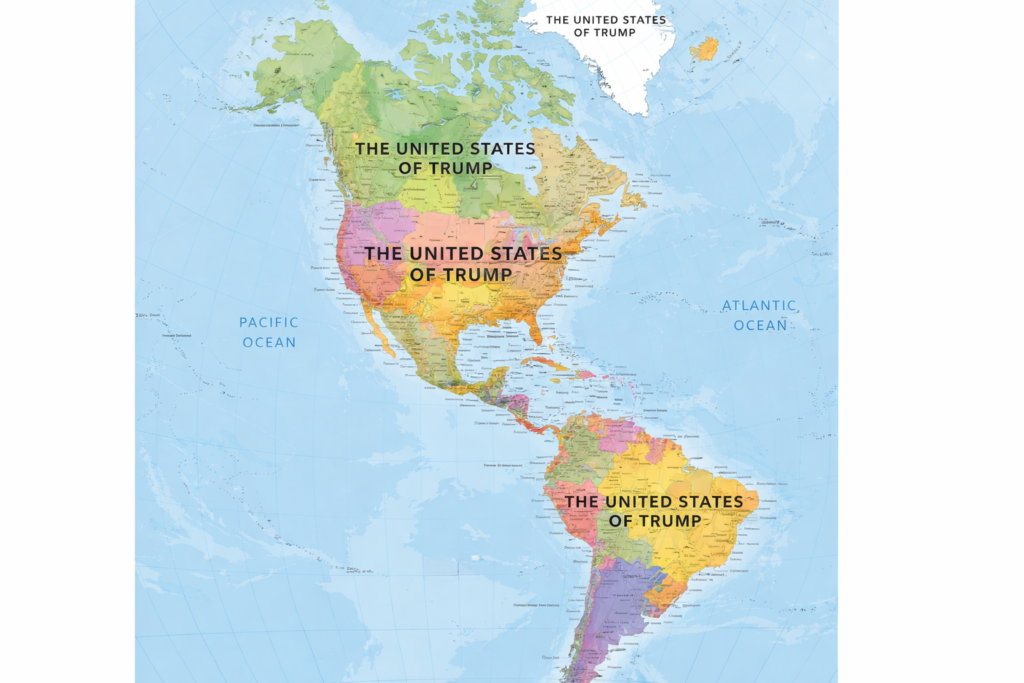


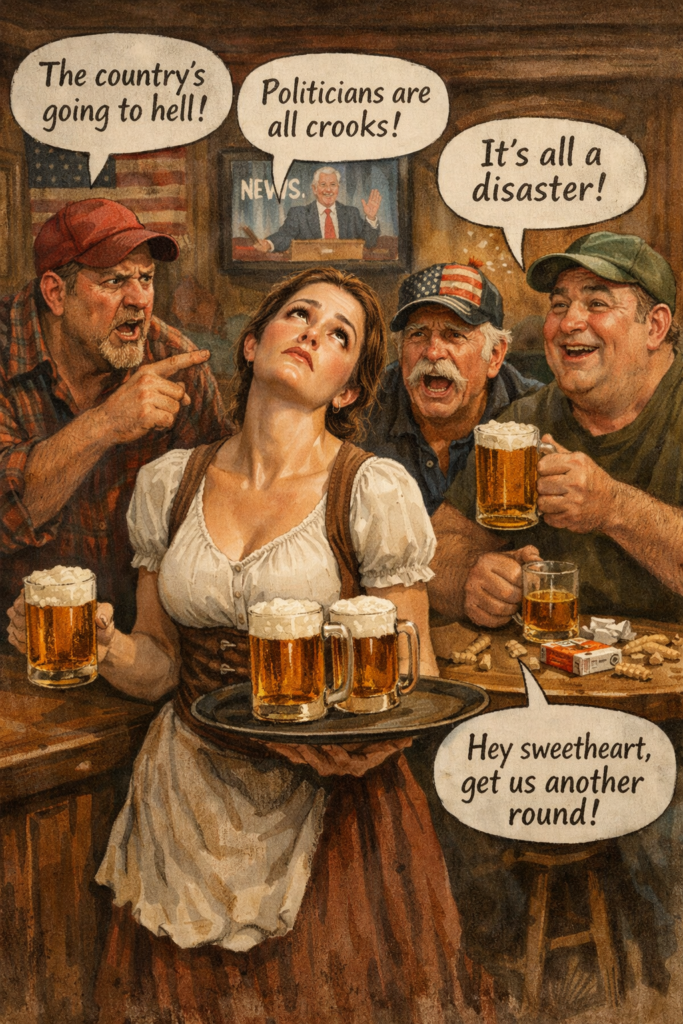




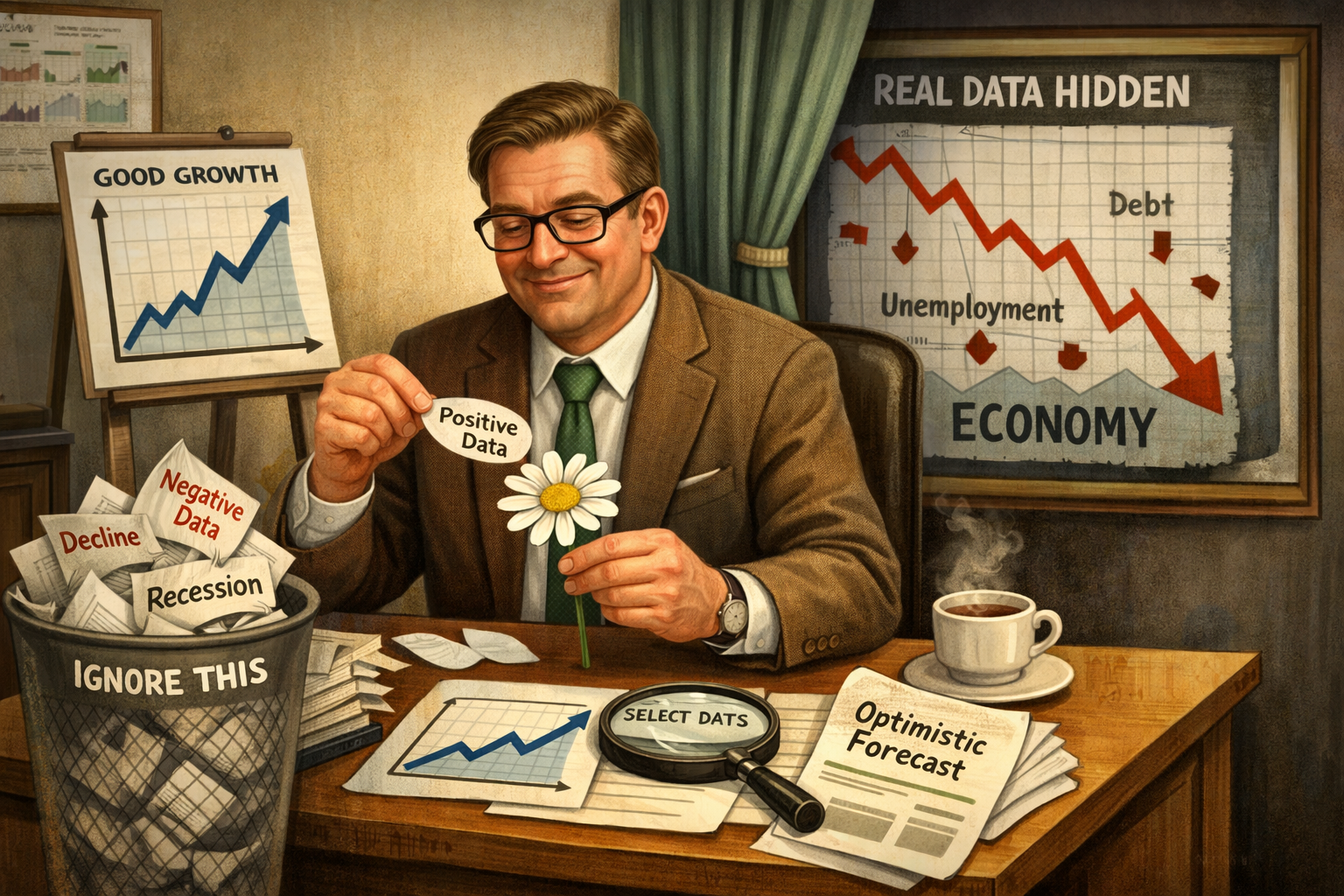
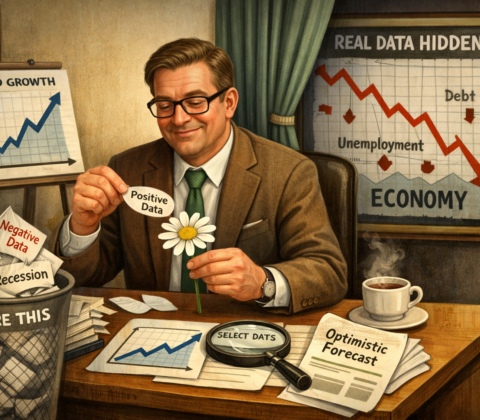

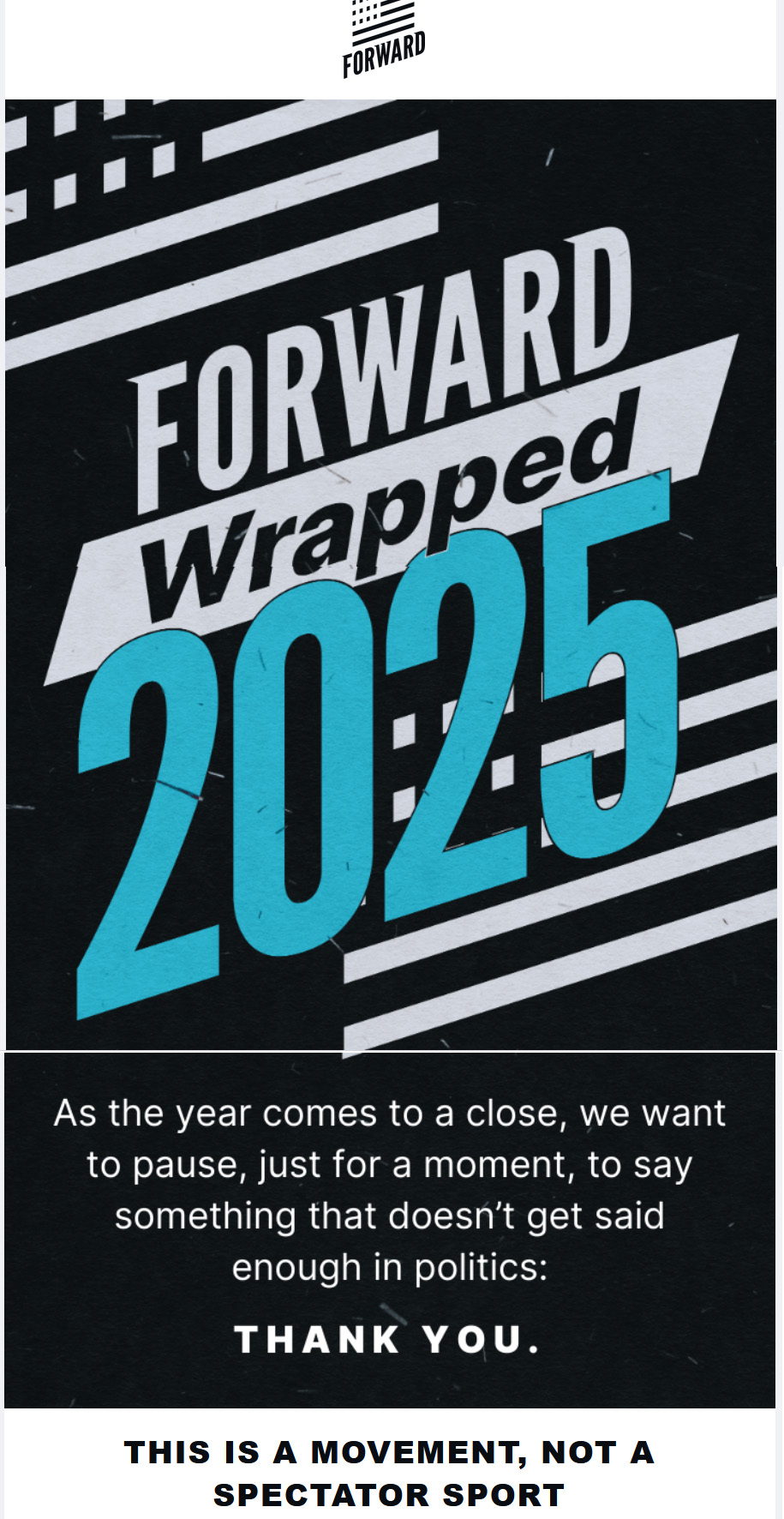
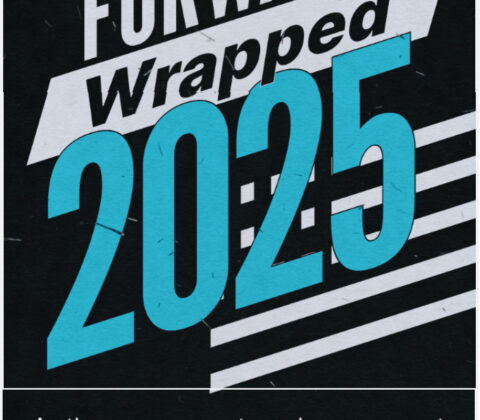



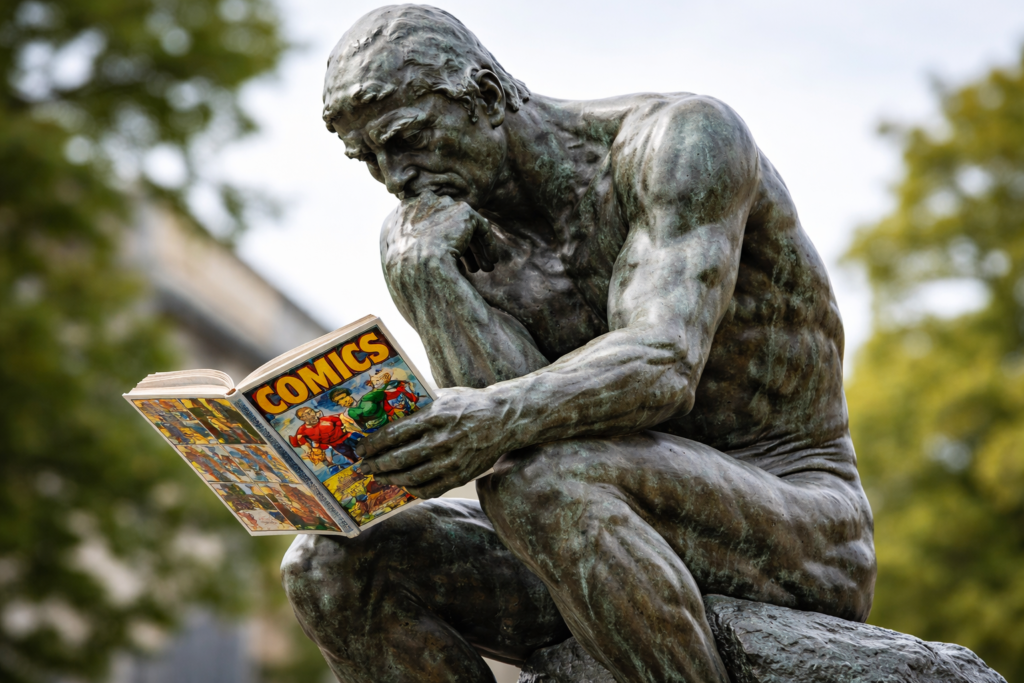









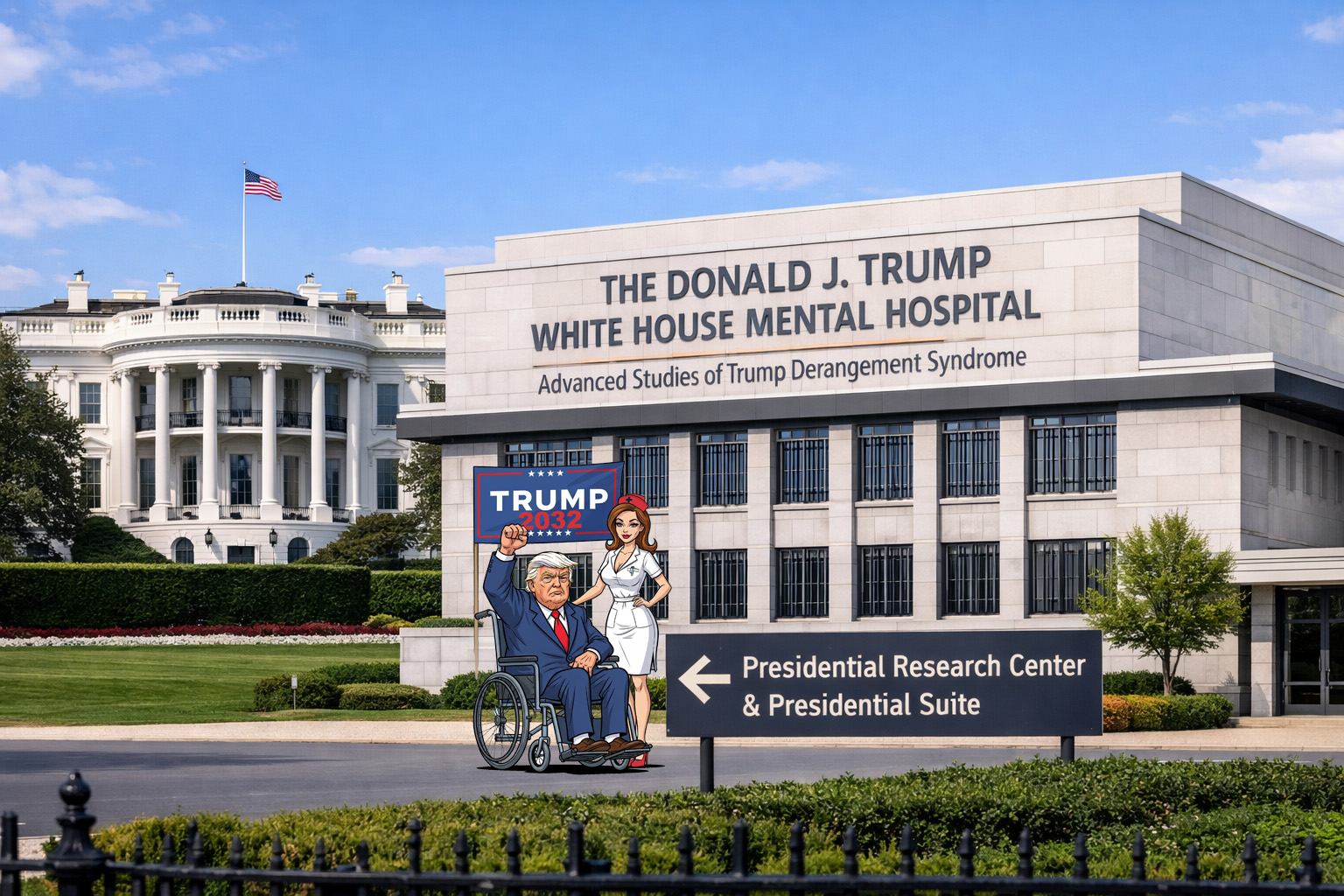
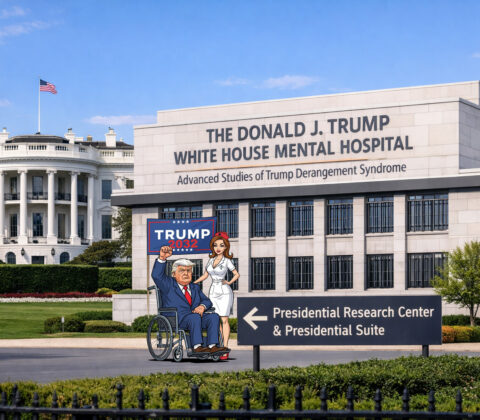






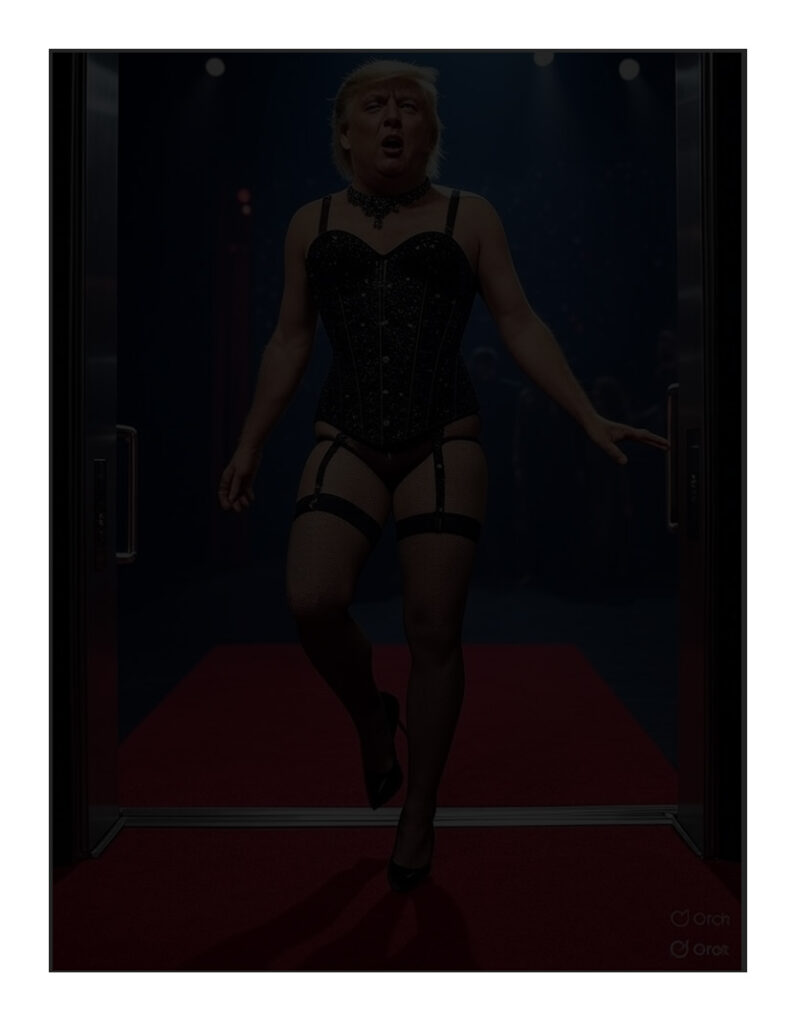

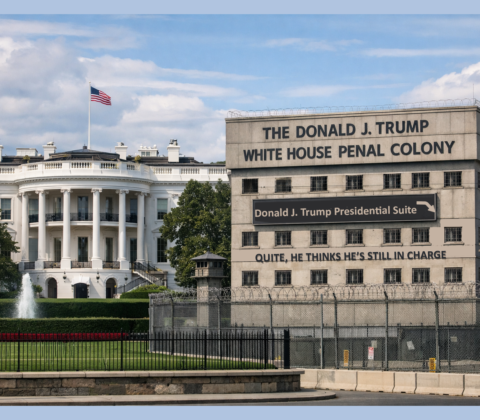








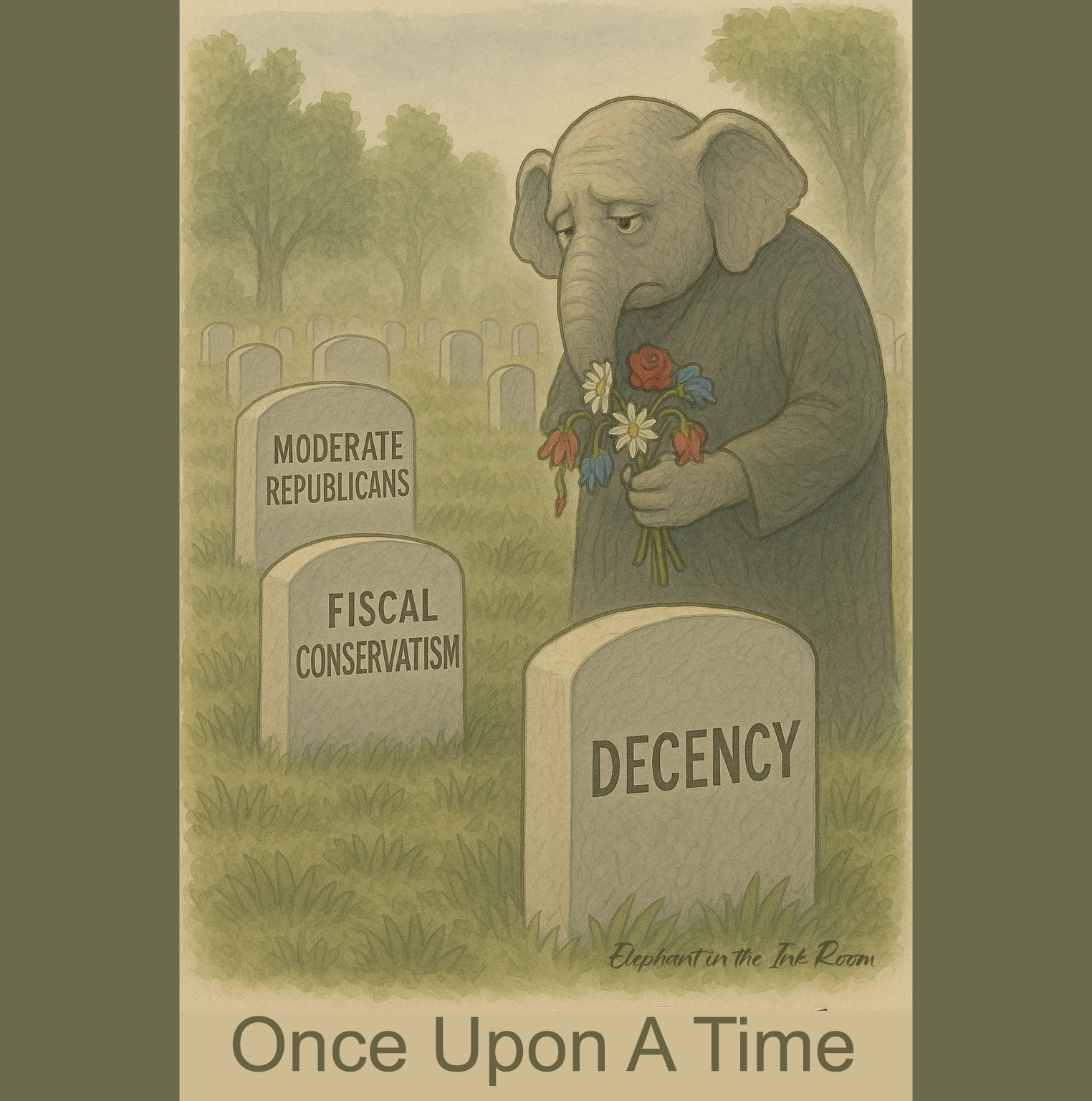
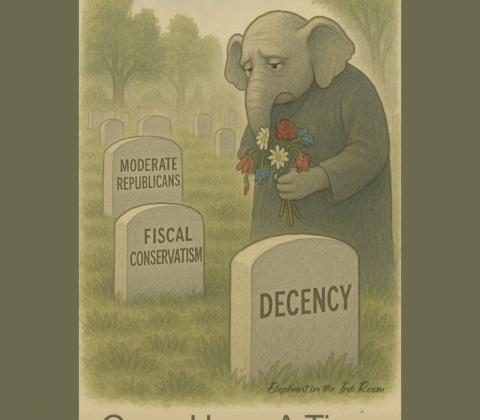
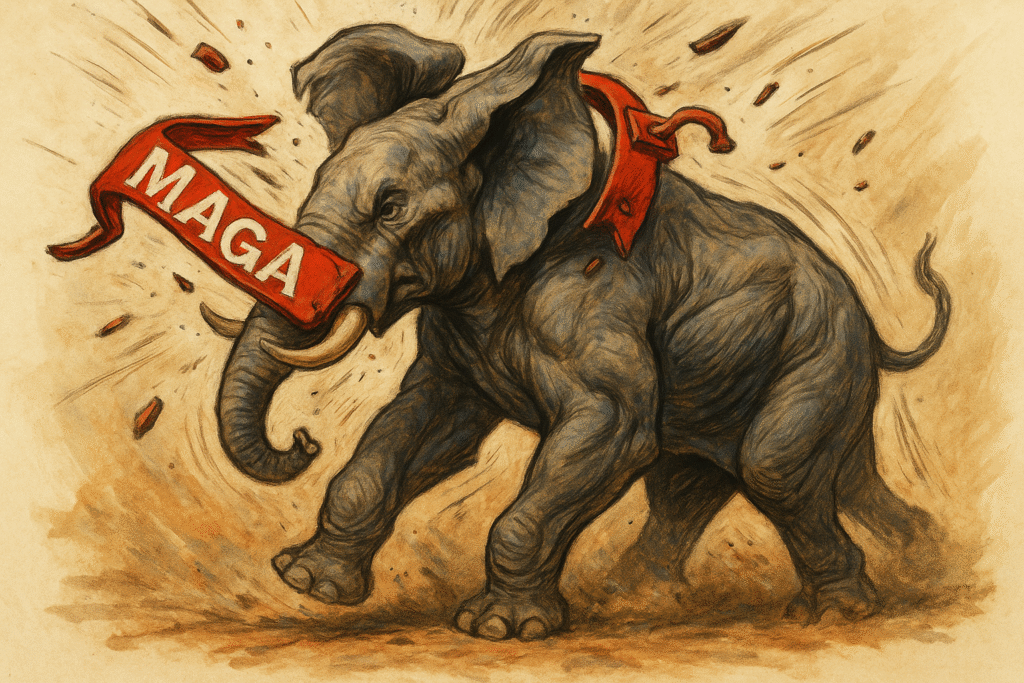
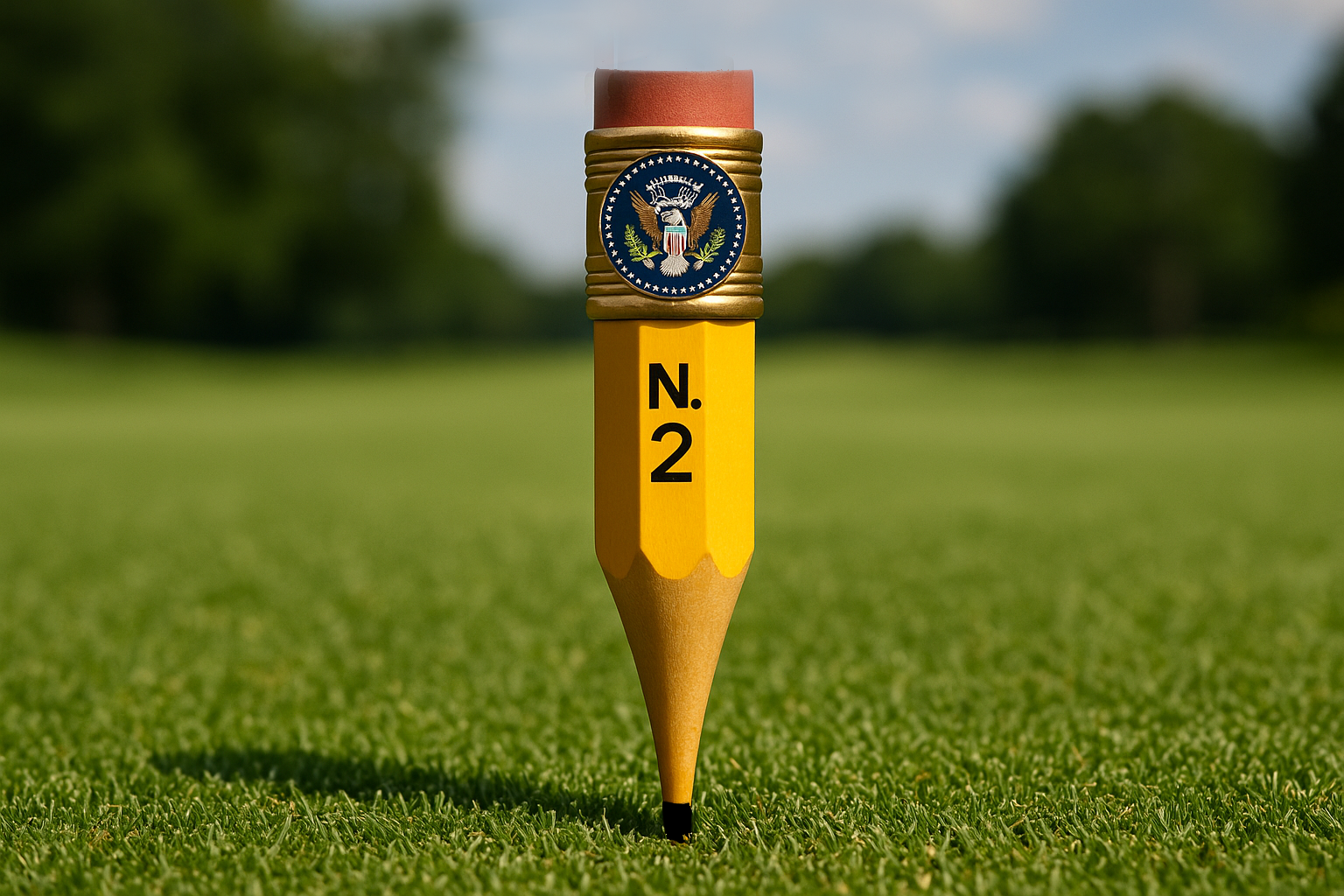

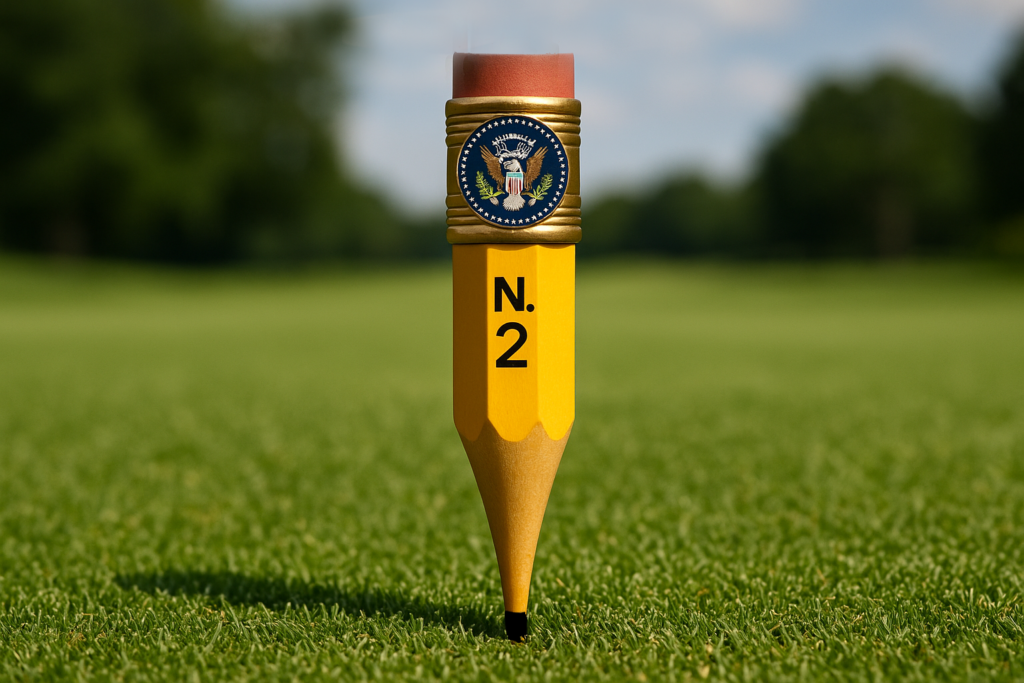
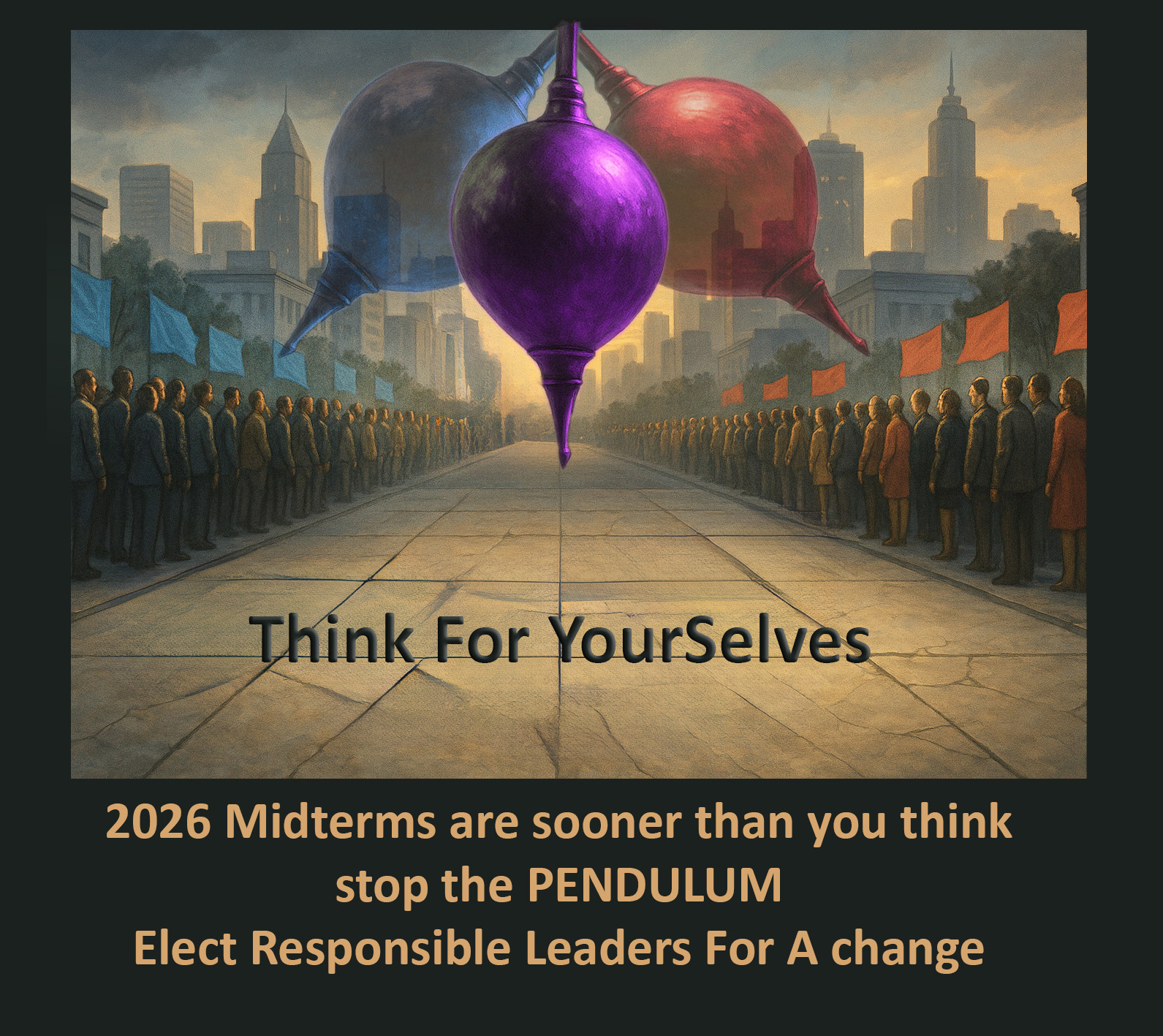
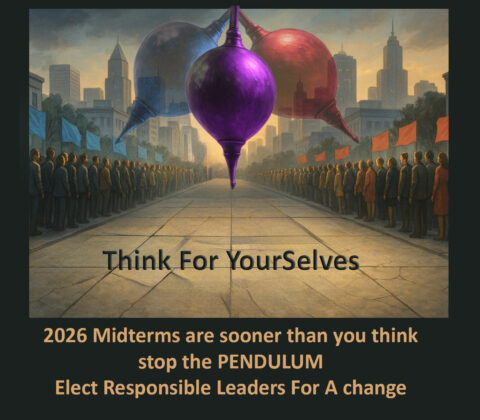
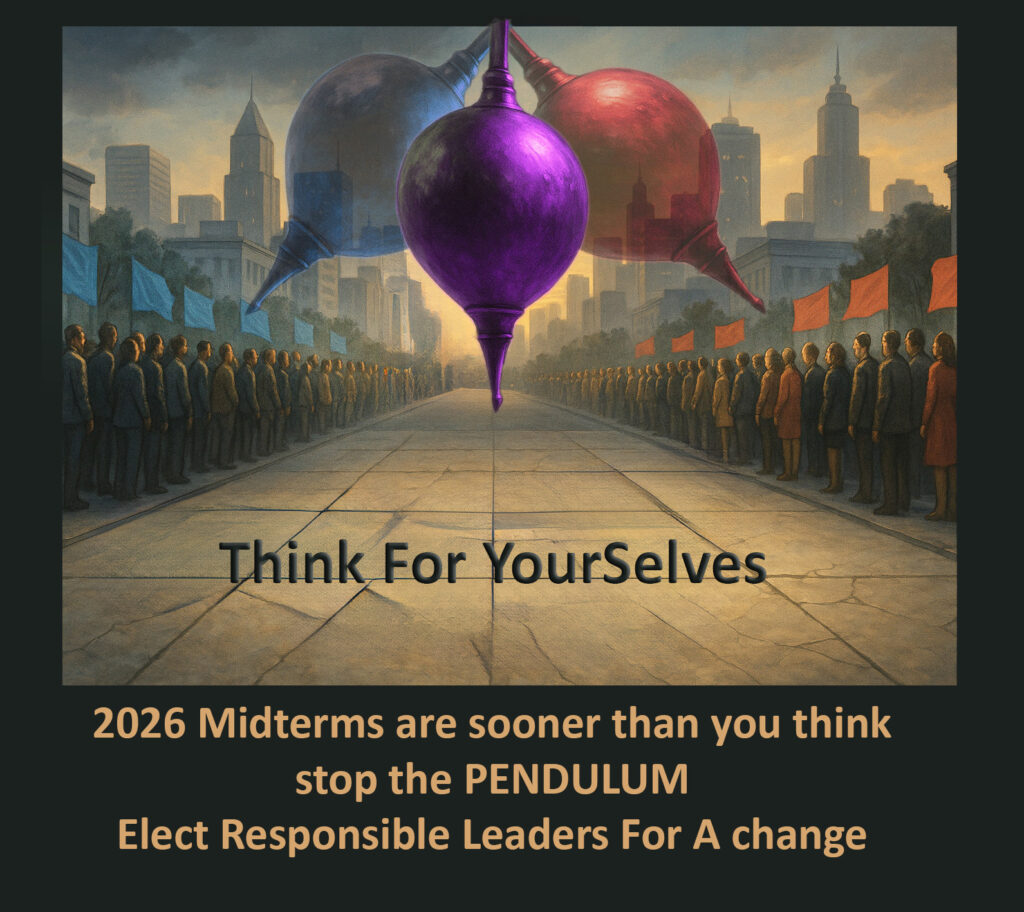

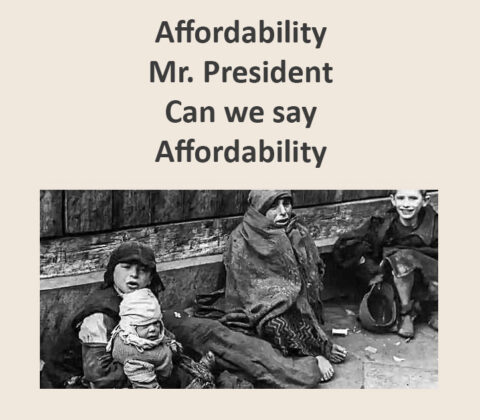
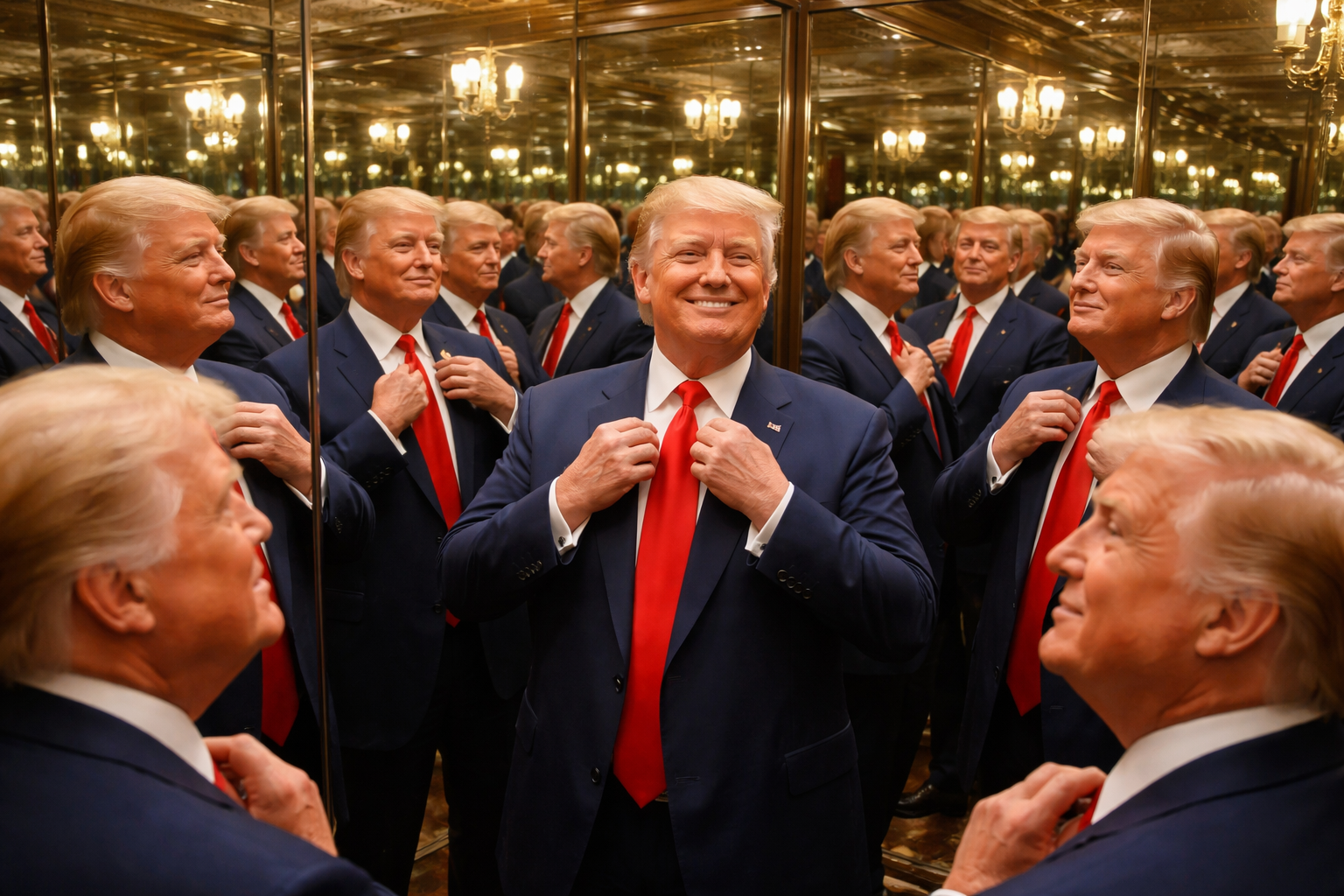
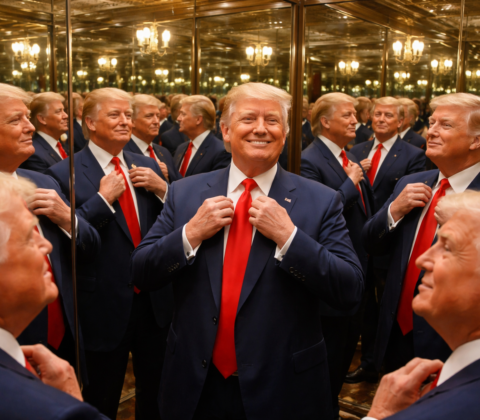
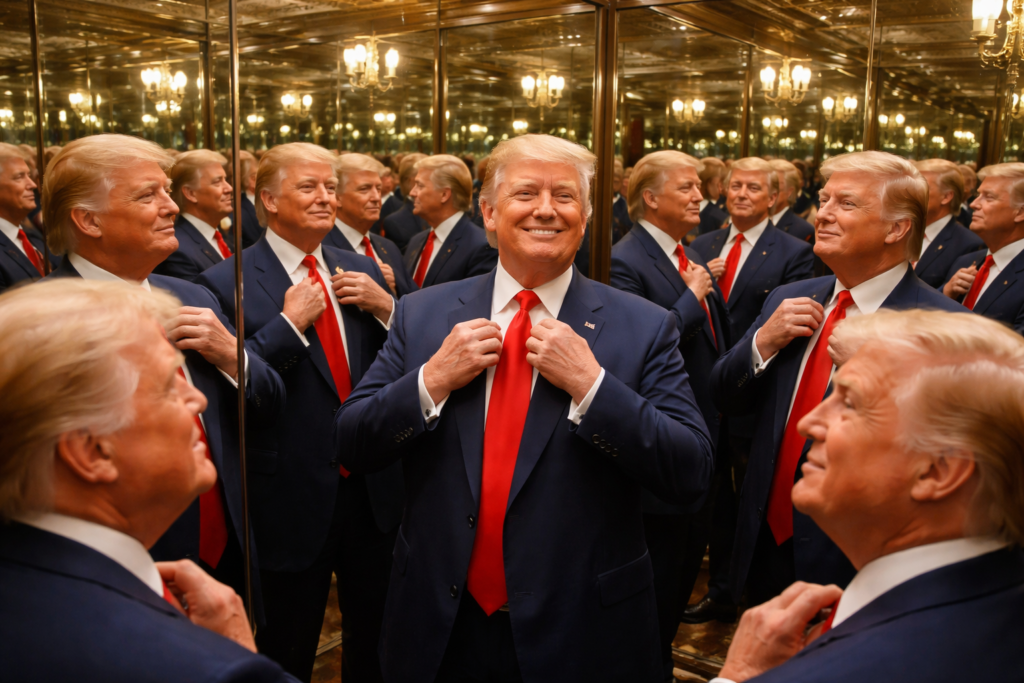
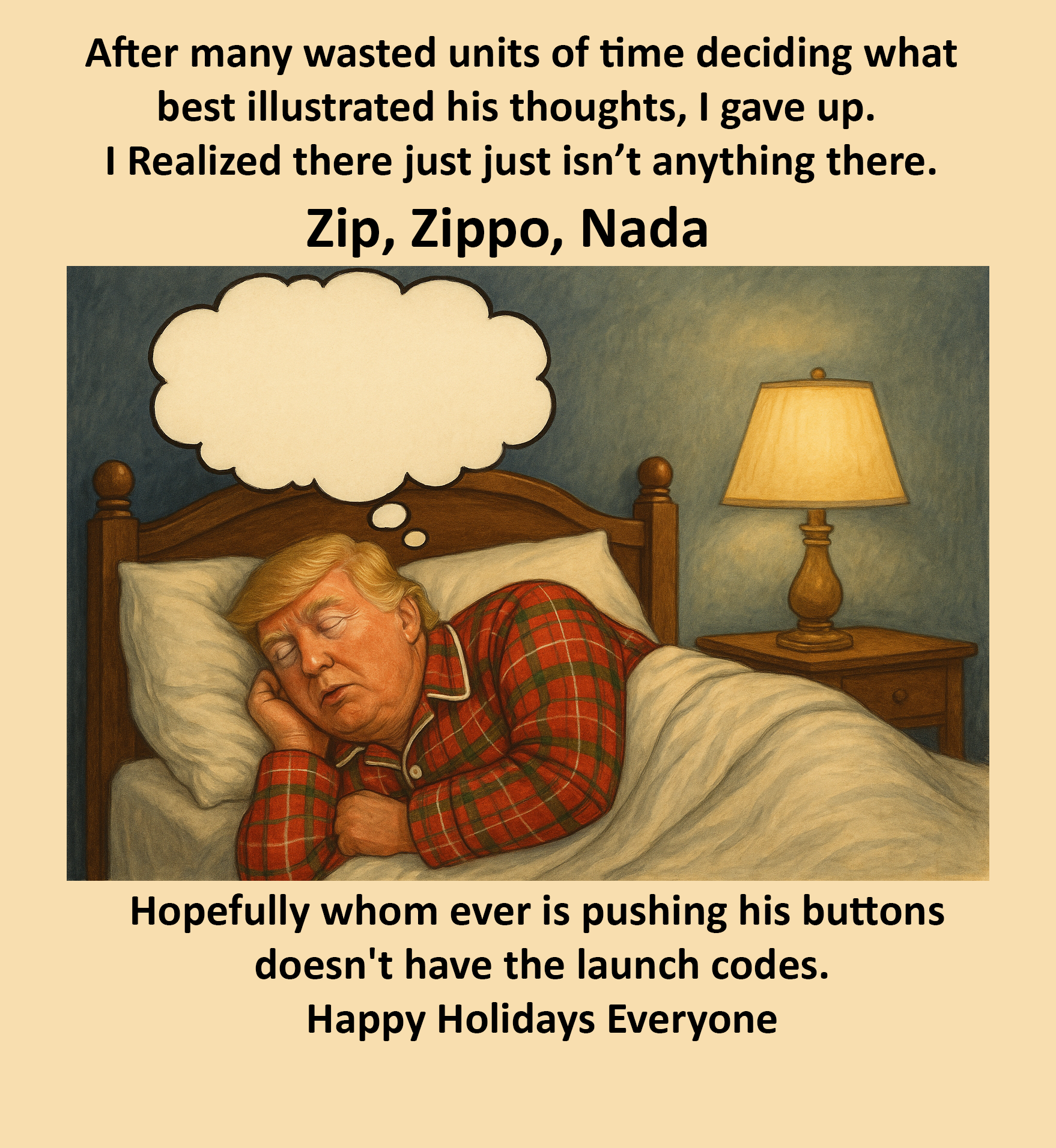

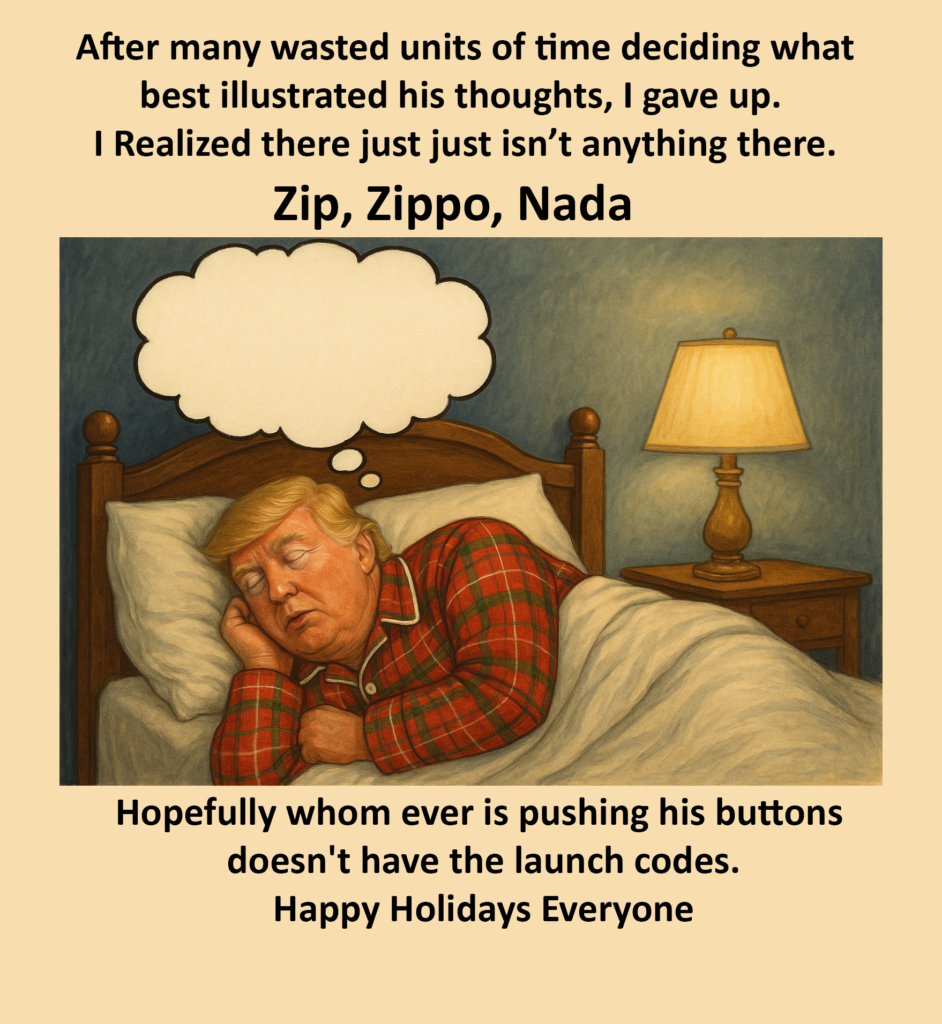
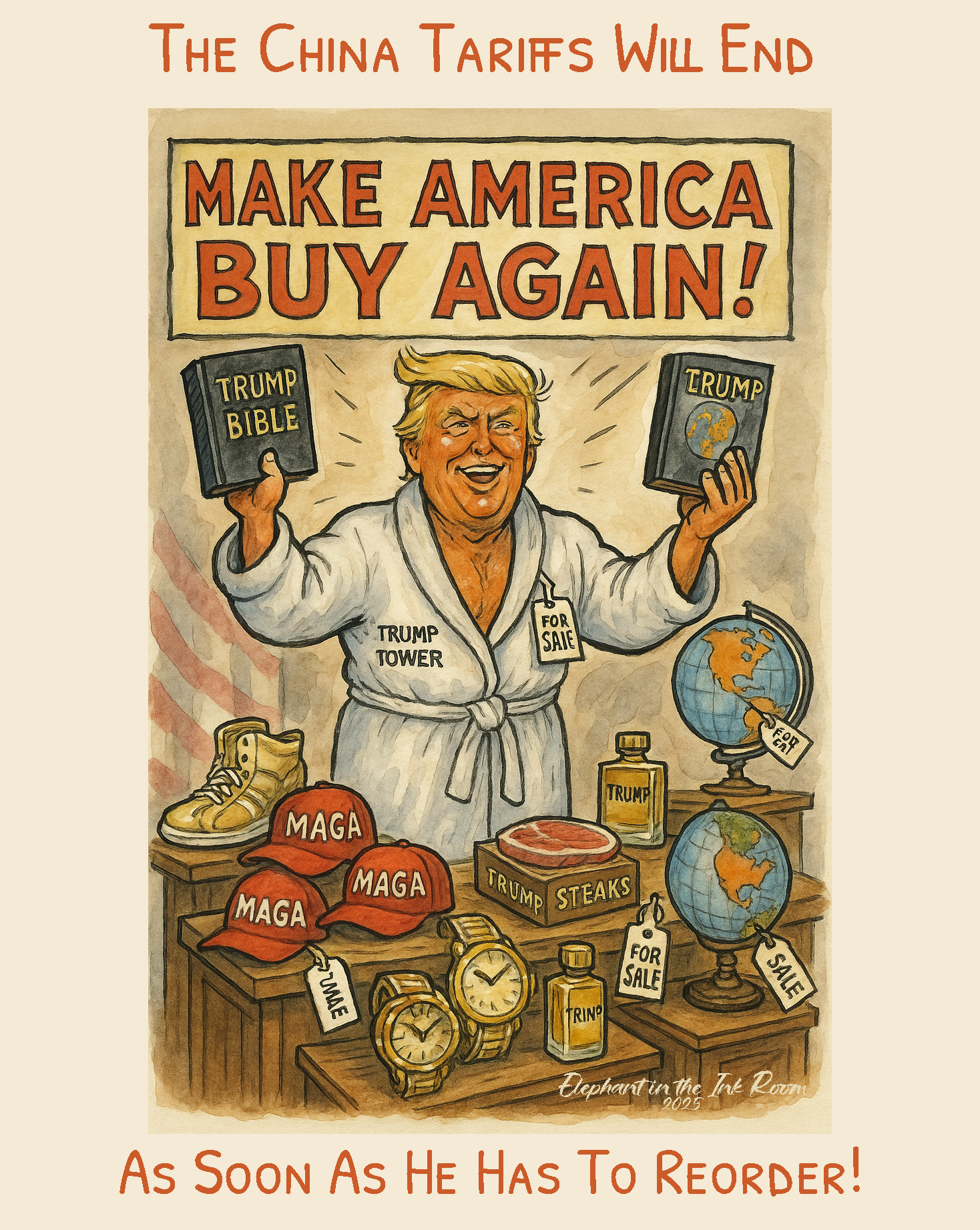
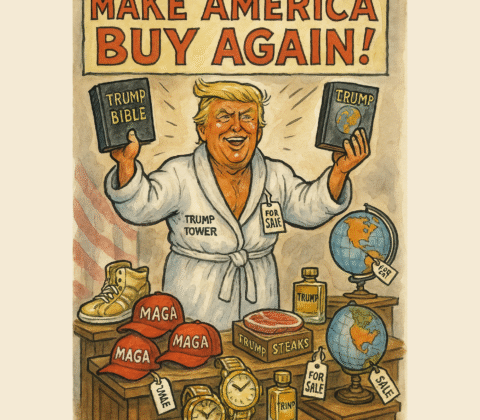

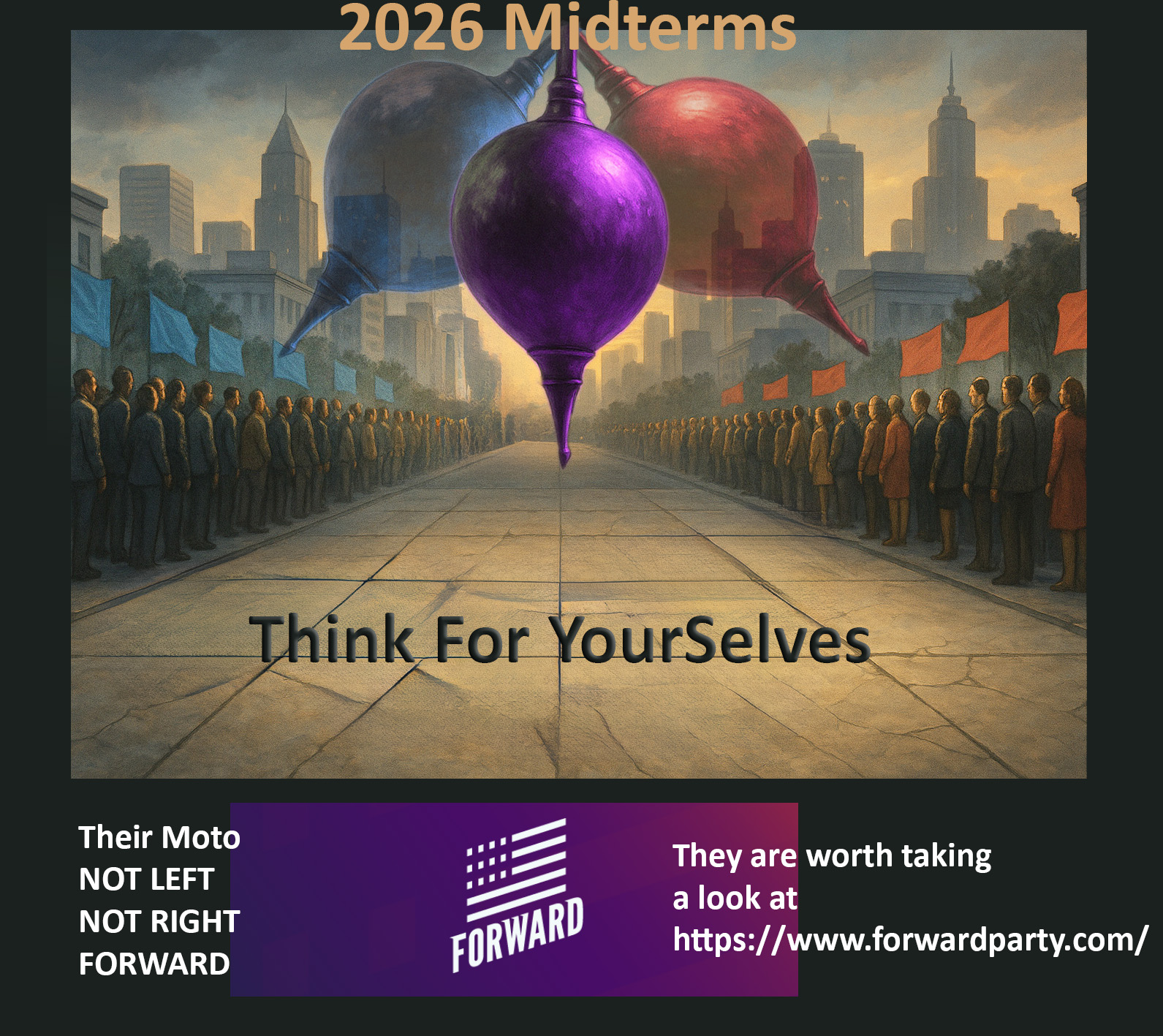
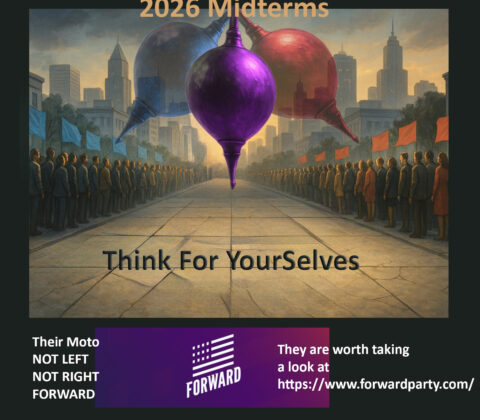




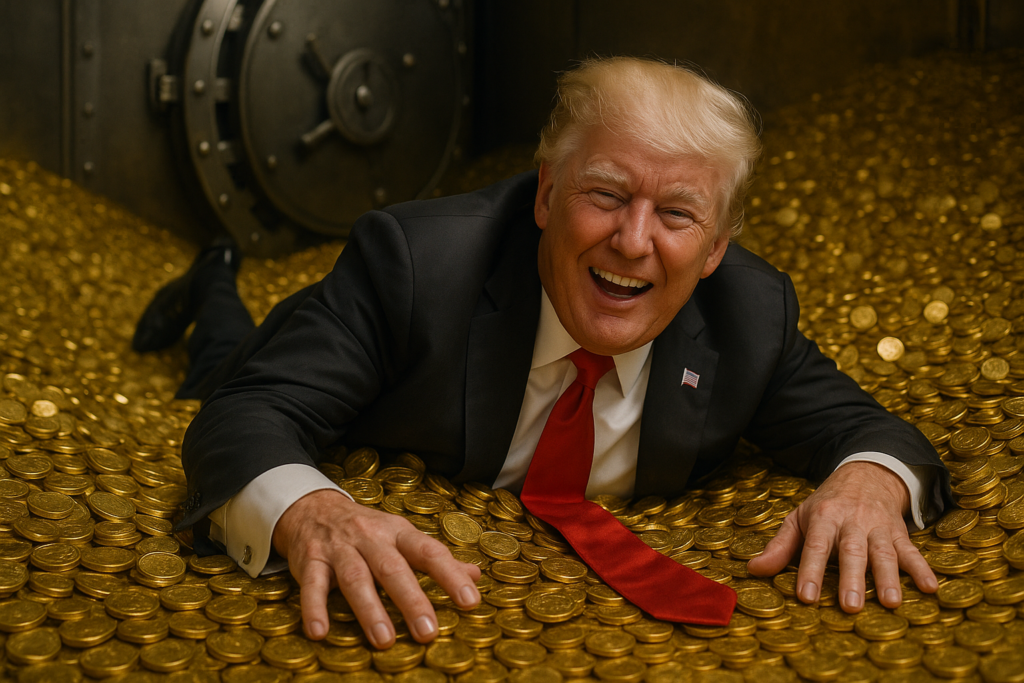
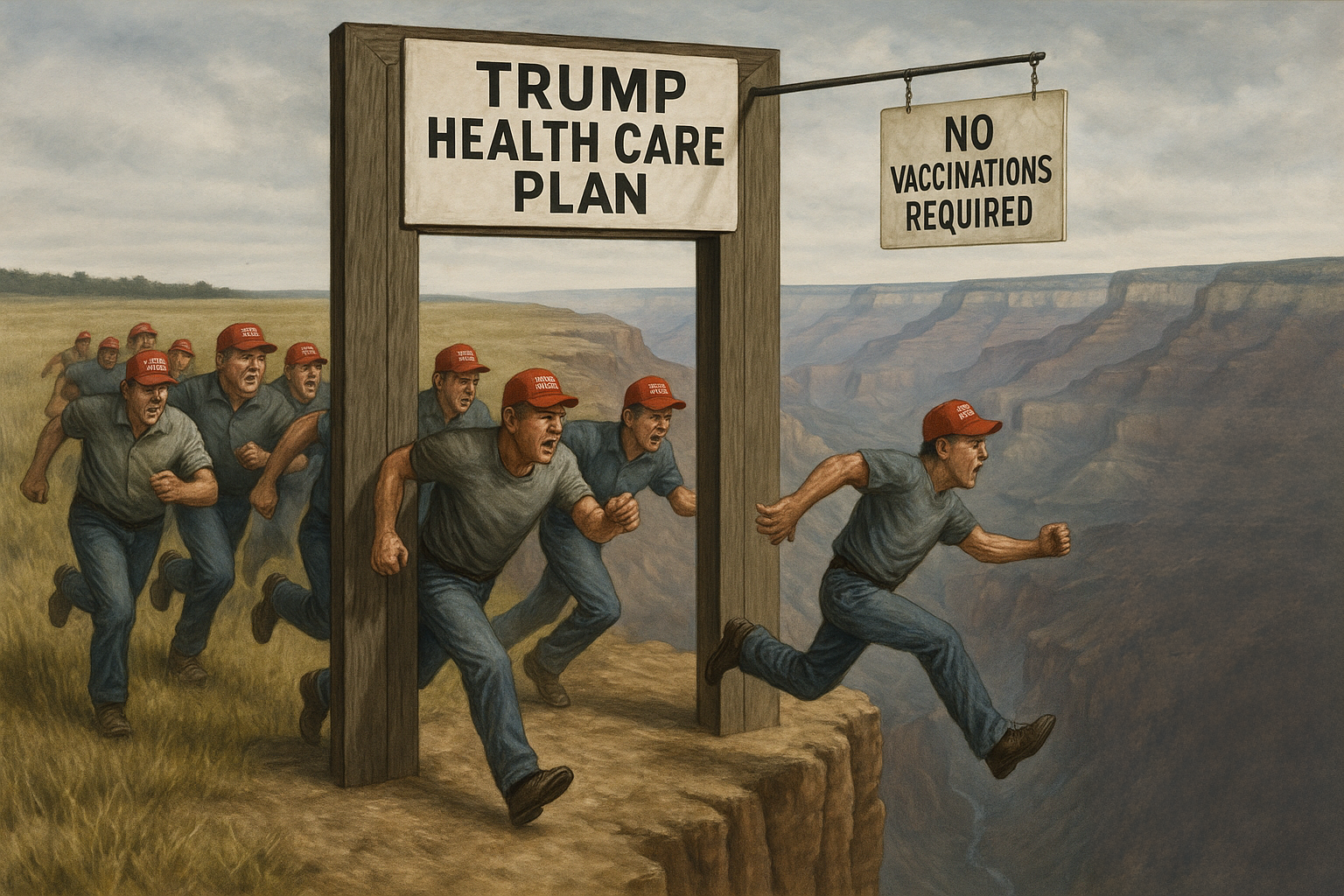

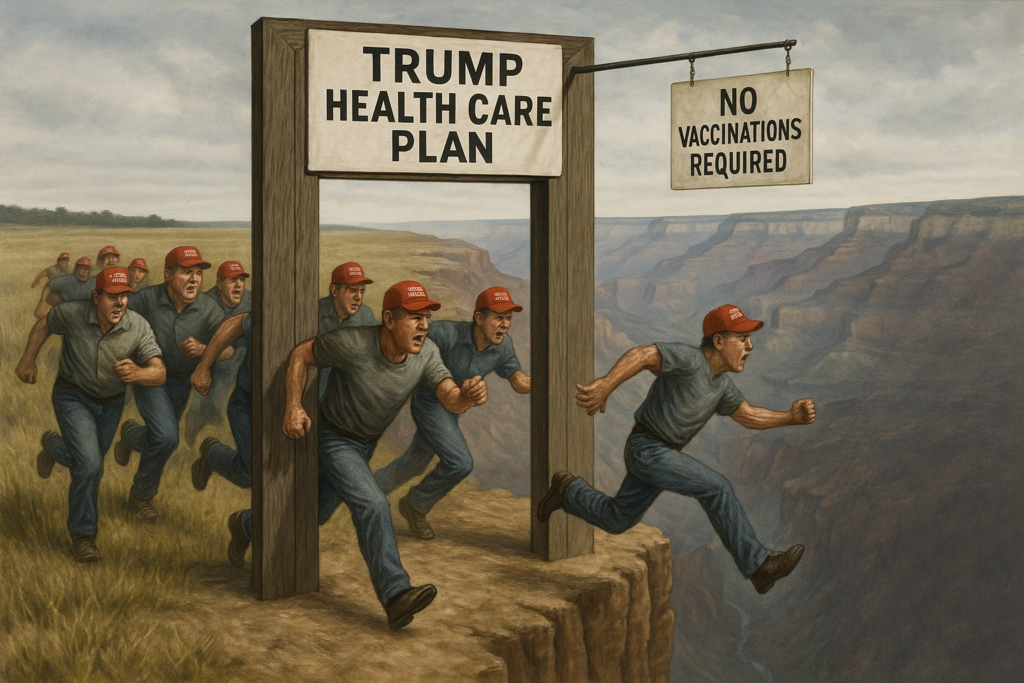
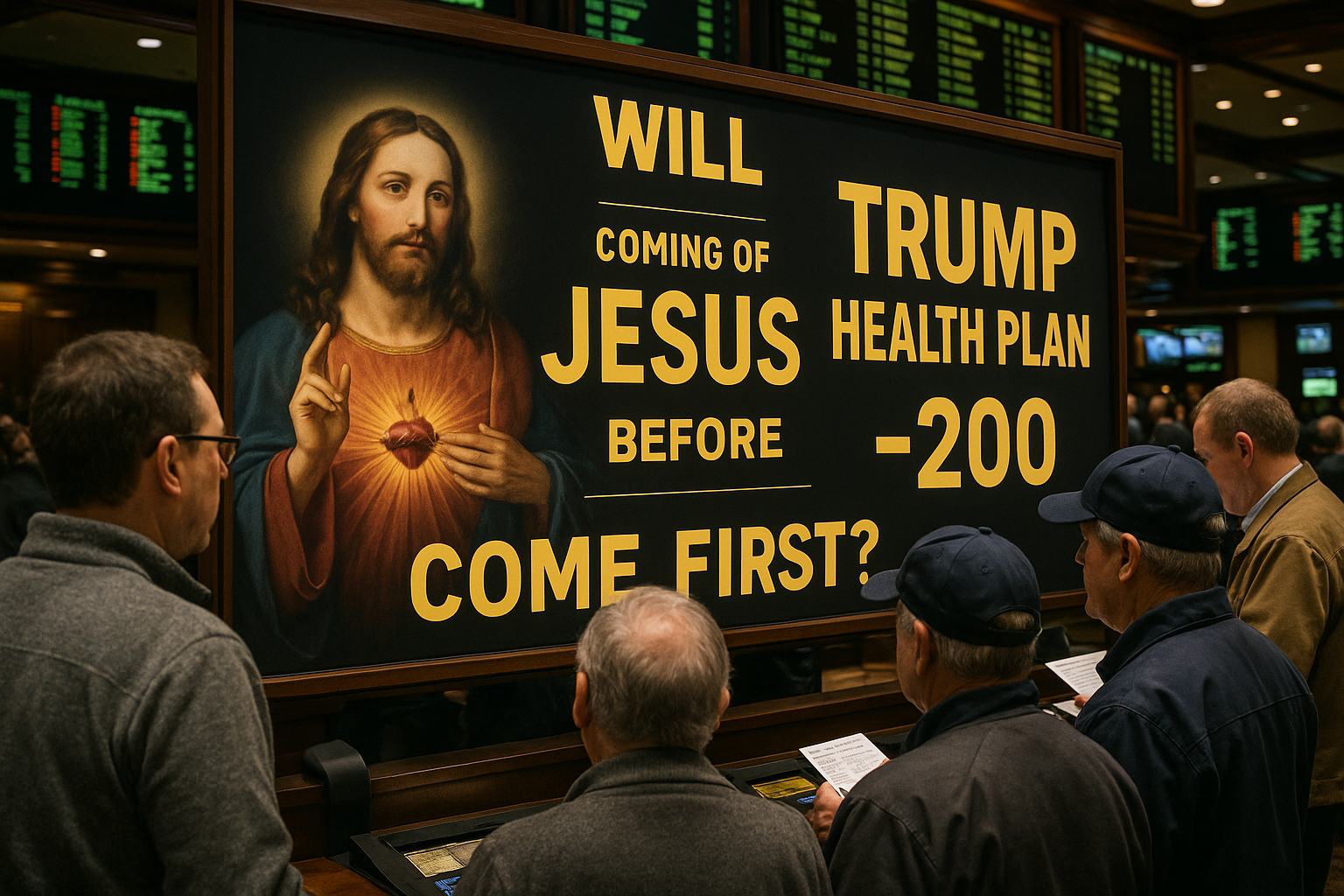
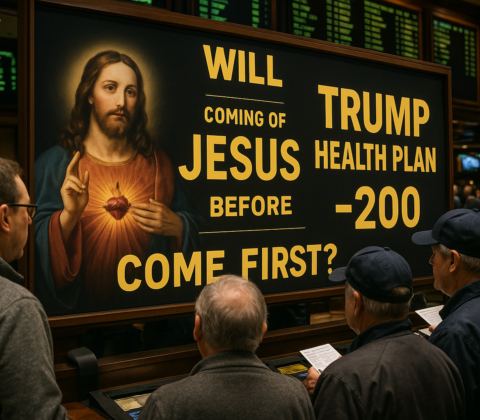
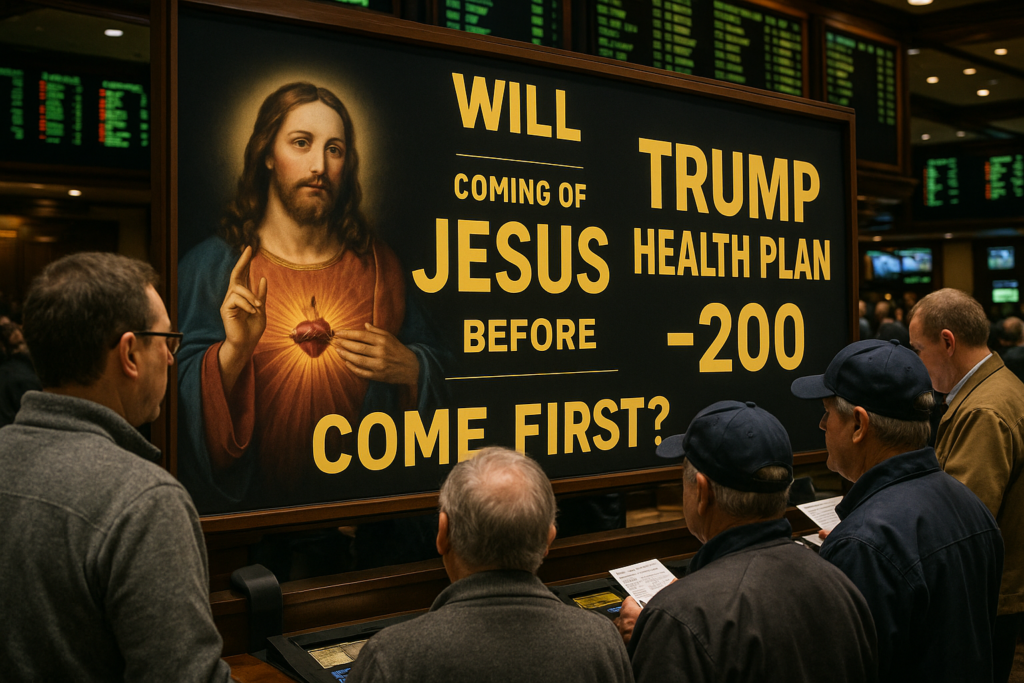



 That’s right, saved 25% from last years meal. Only had to give up 50% of the food. Putz
That’s right, saved 25% from last years meal. Only had to give up 50% of the food. Putz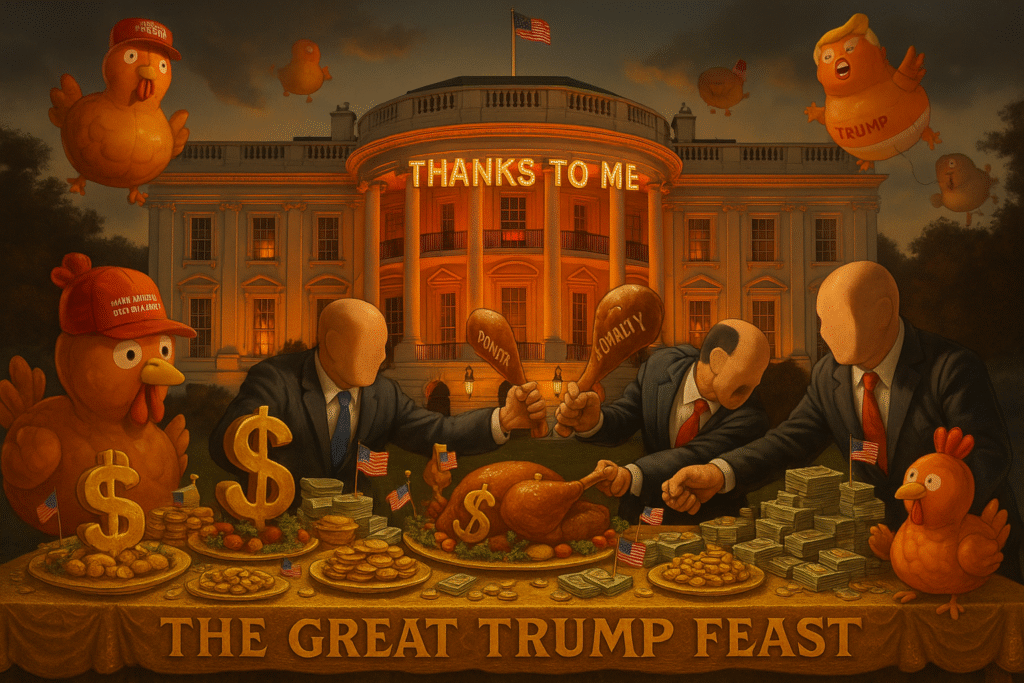
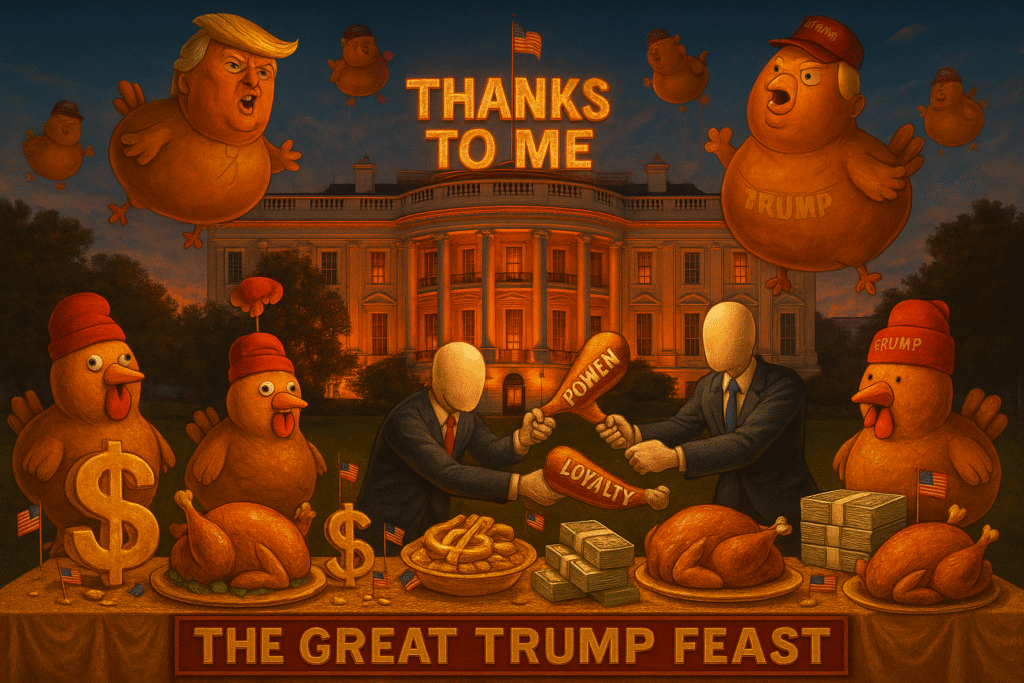
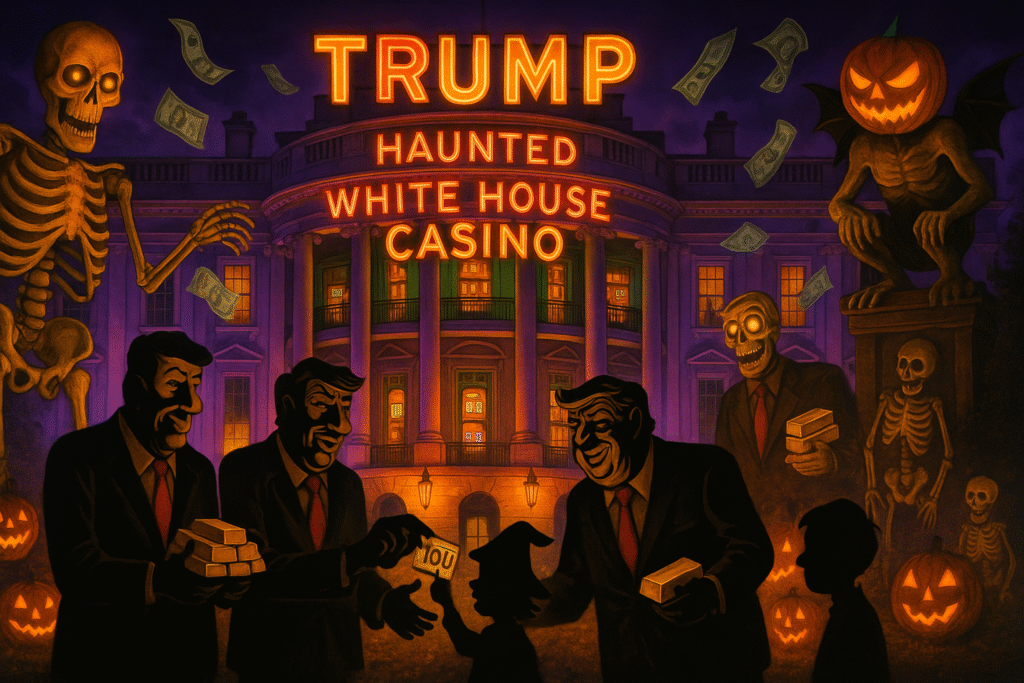
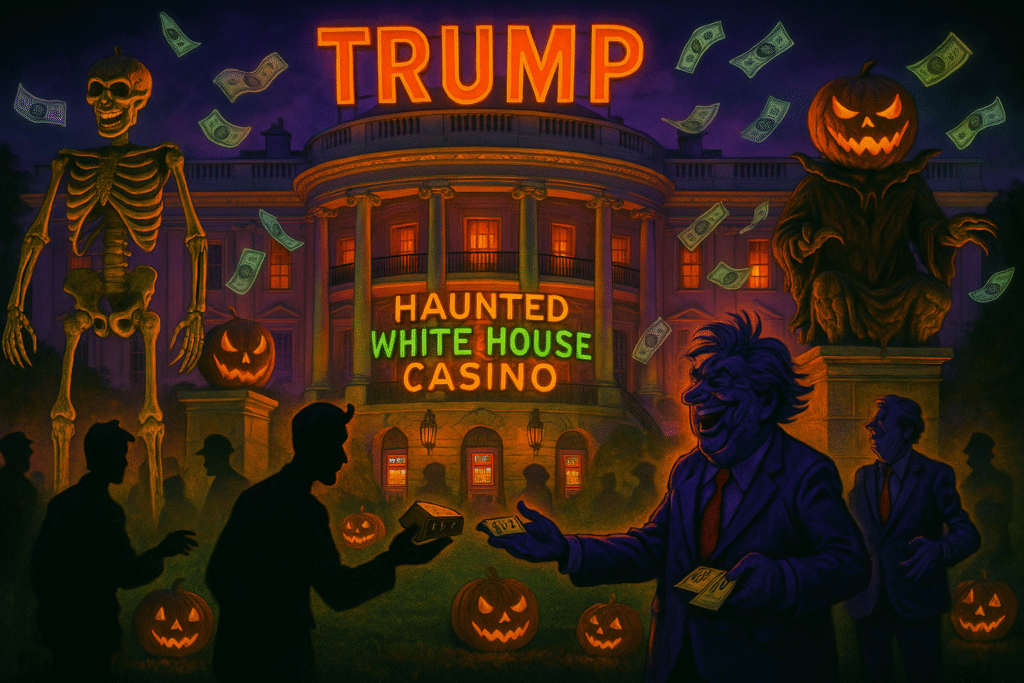
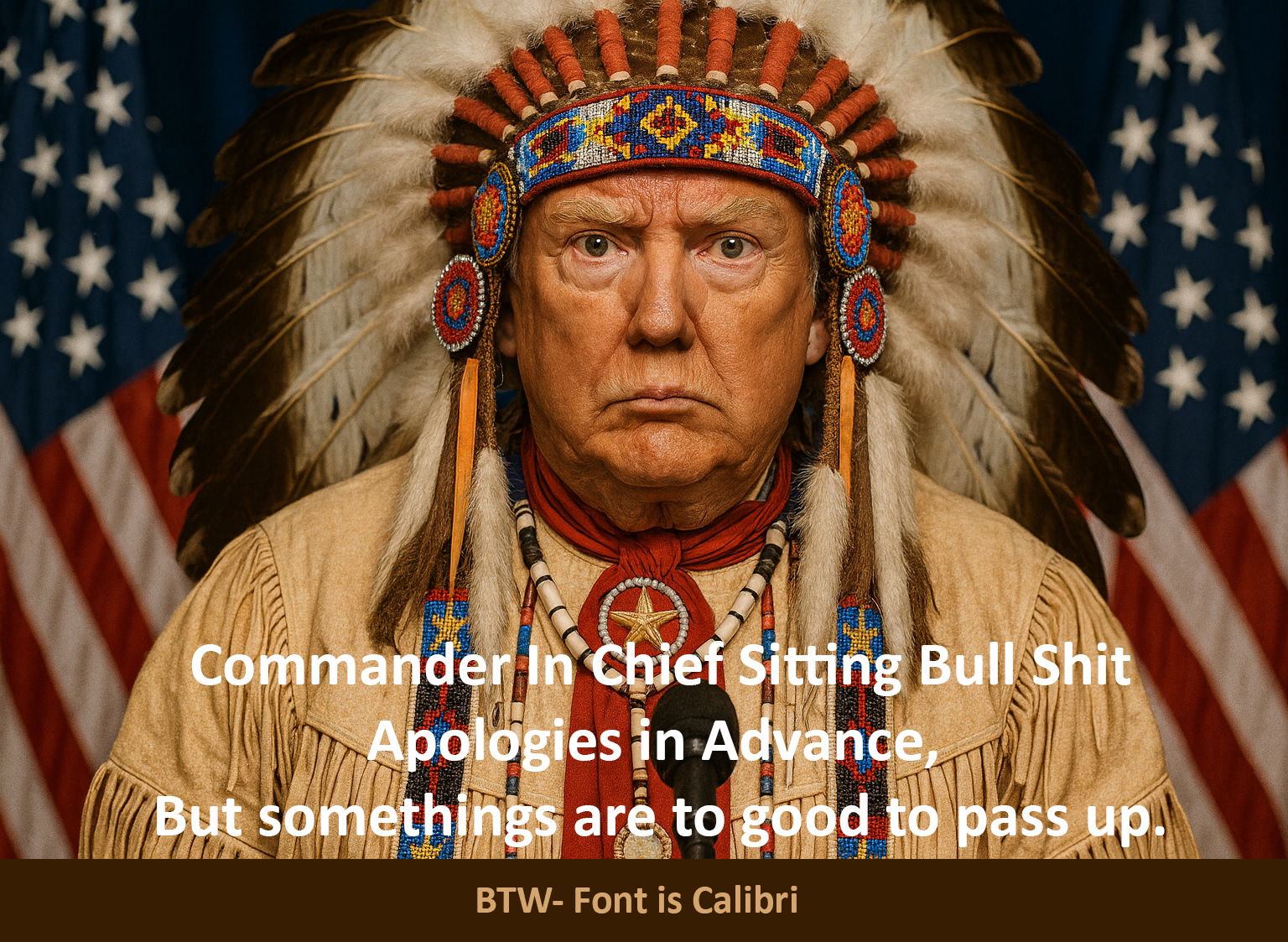
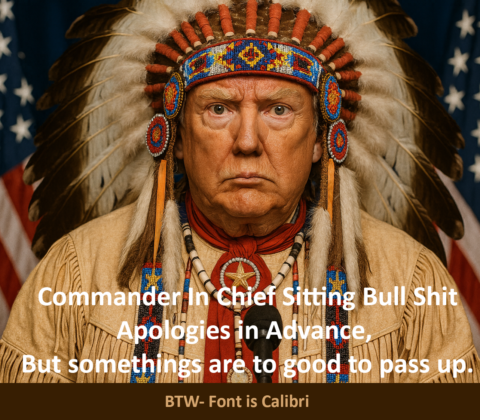
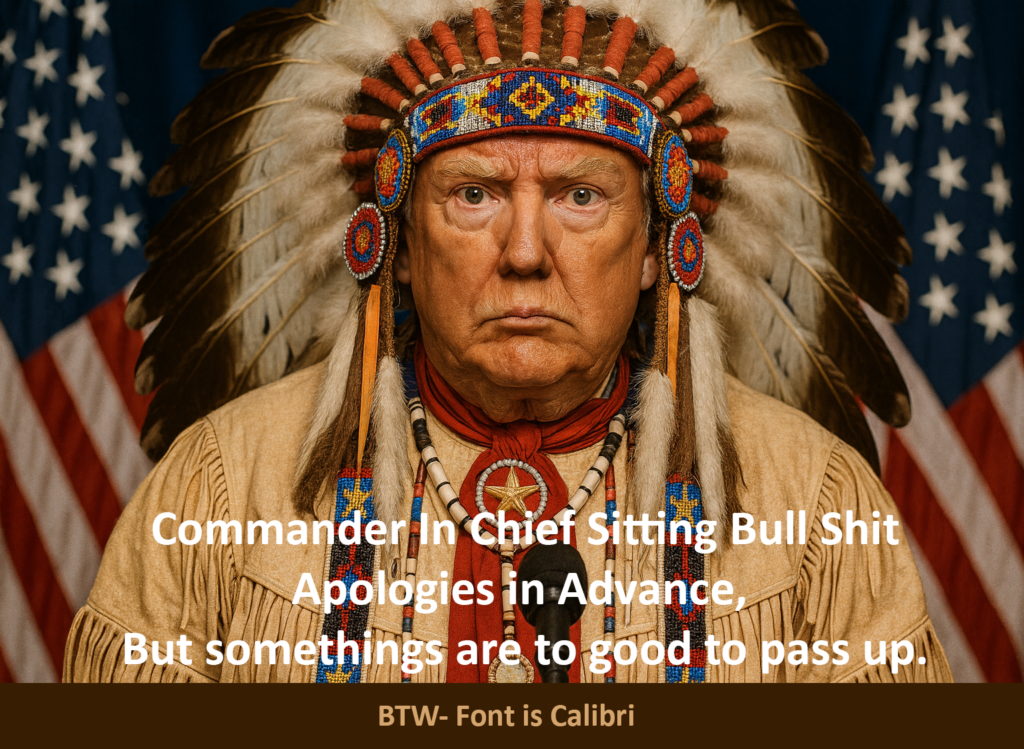






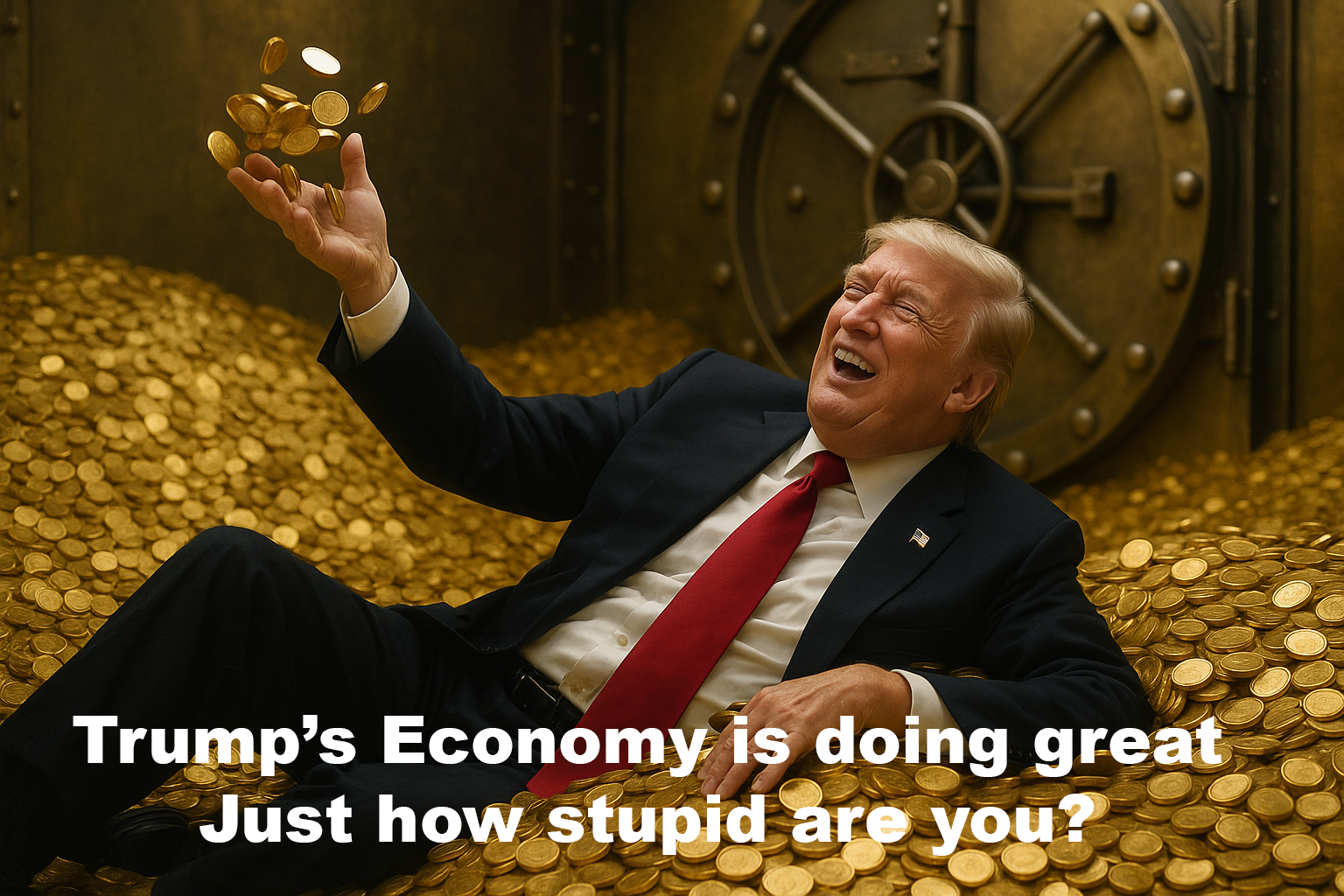
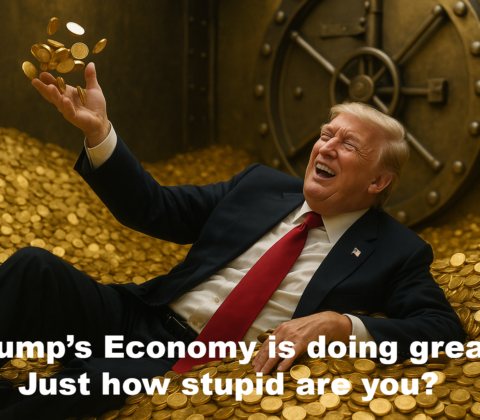
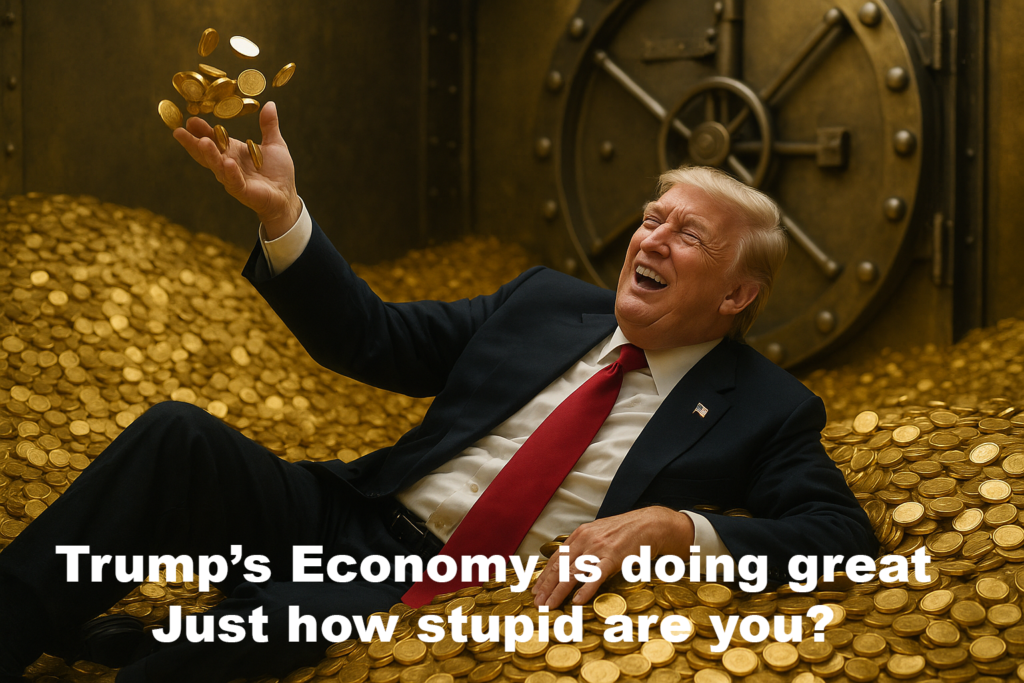











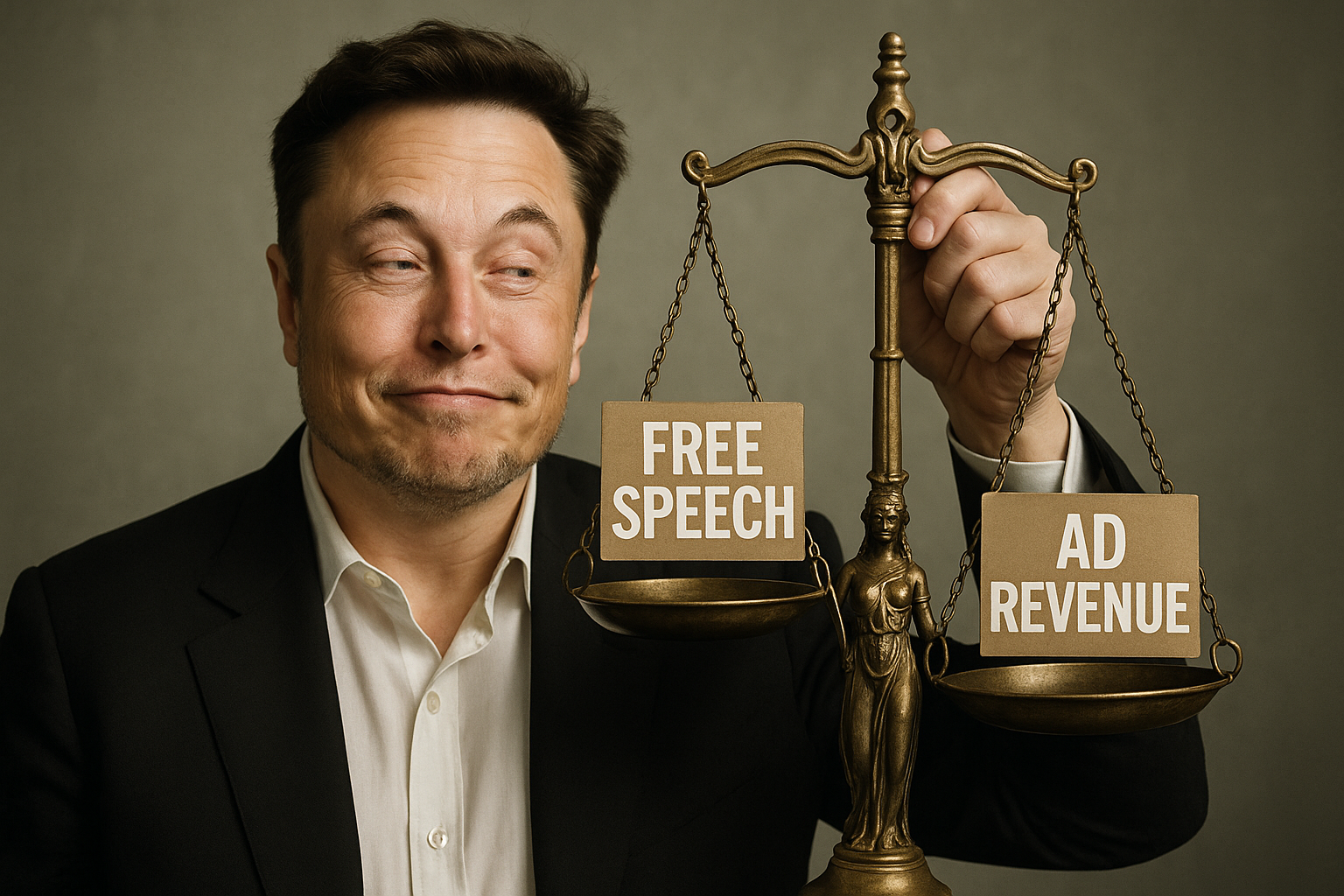
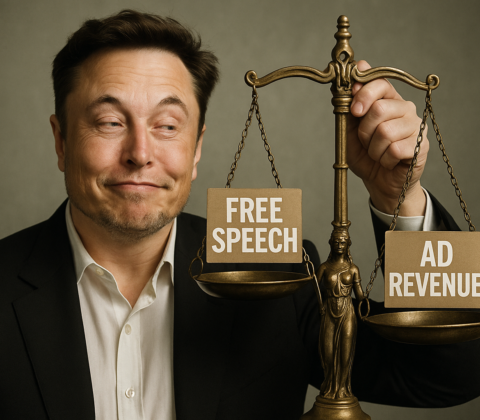
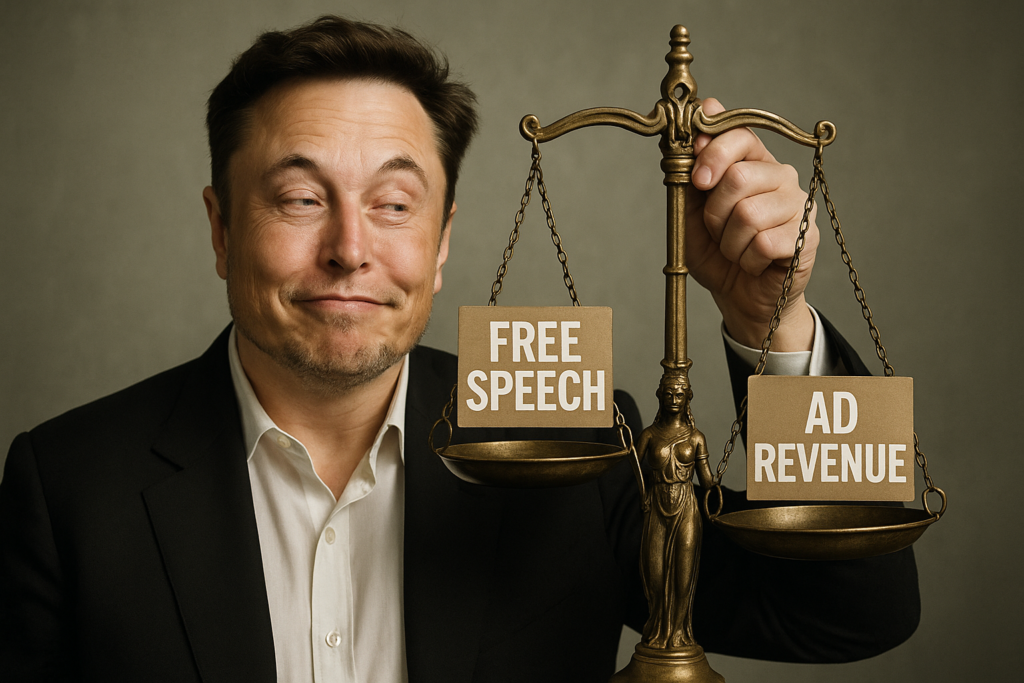
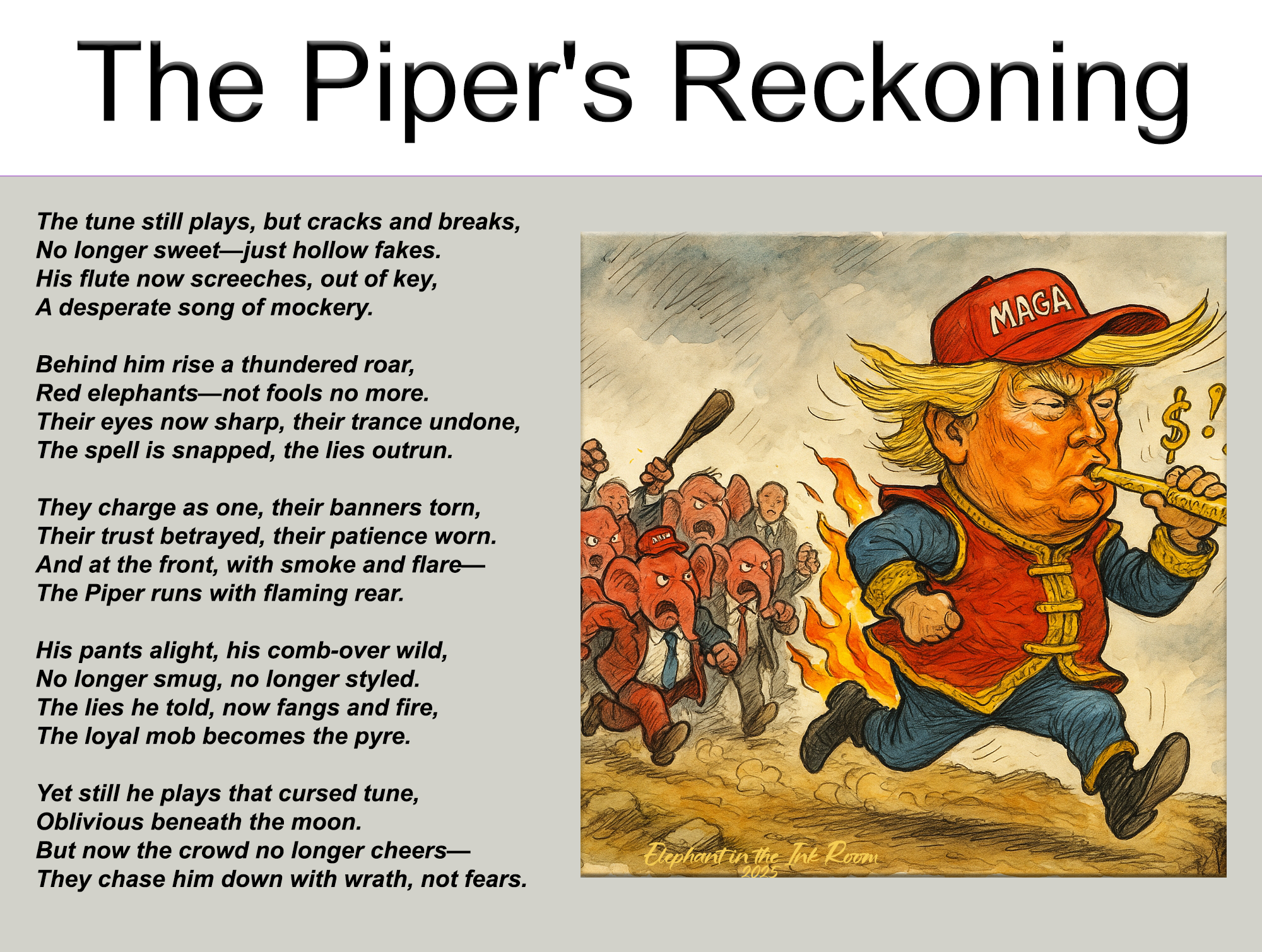
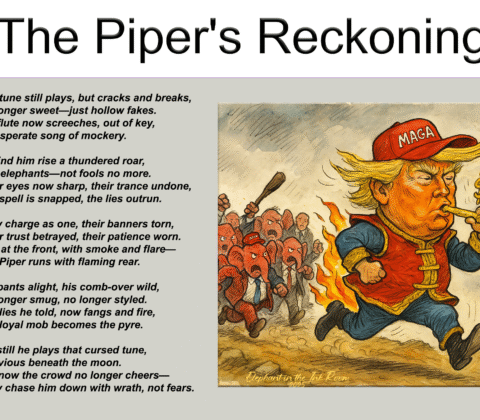
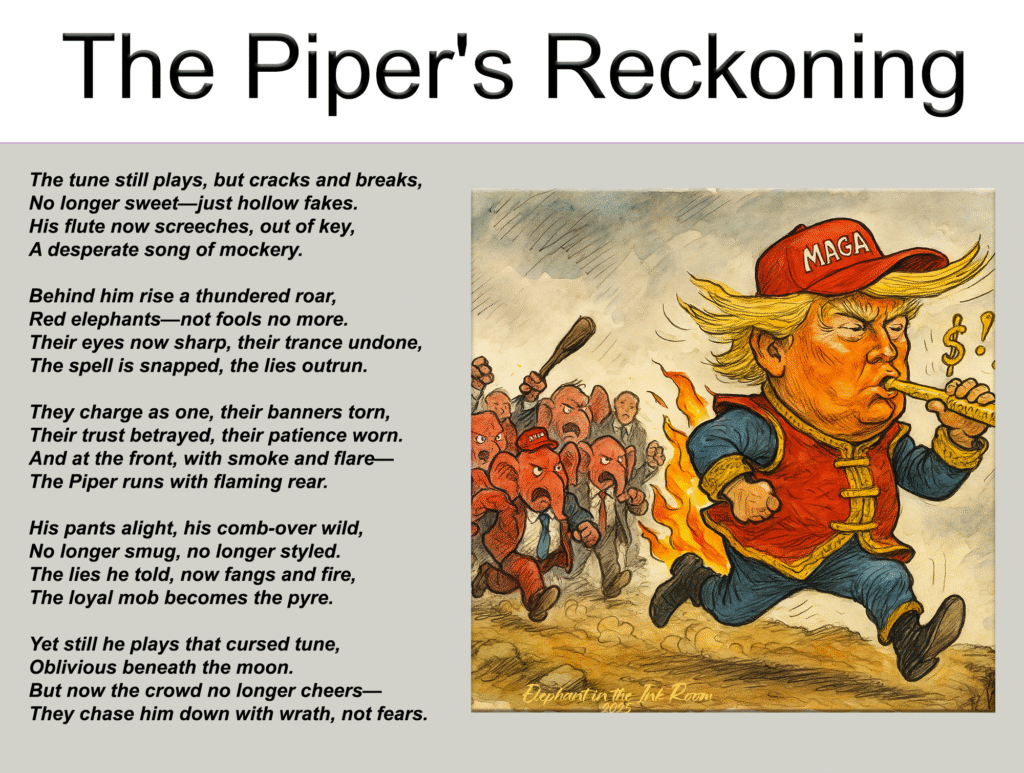
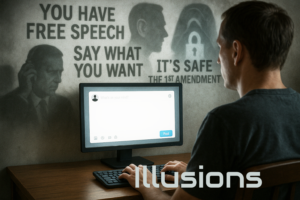
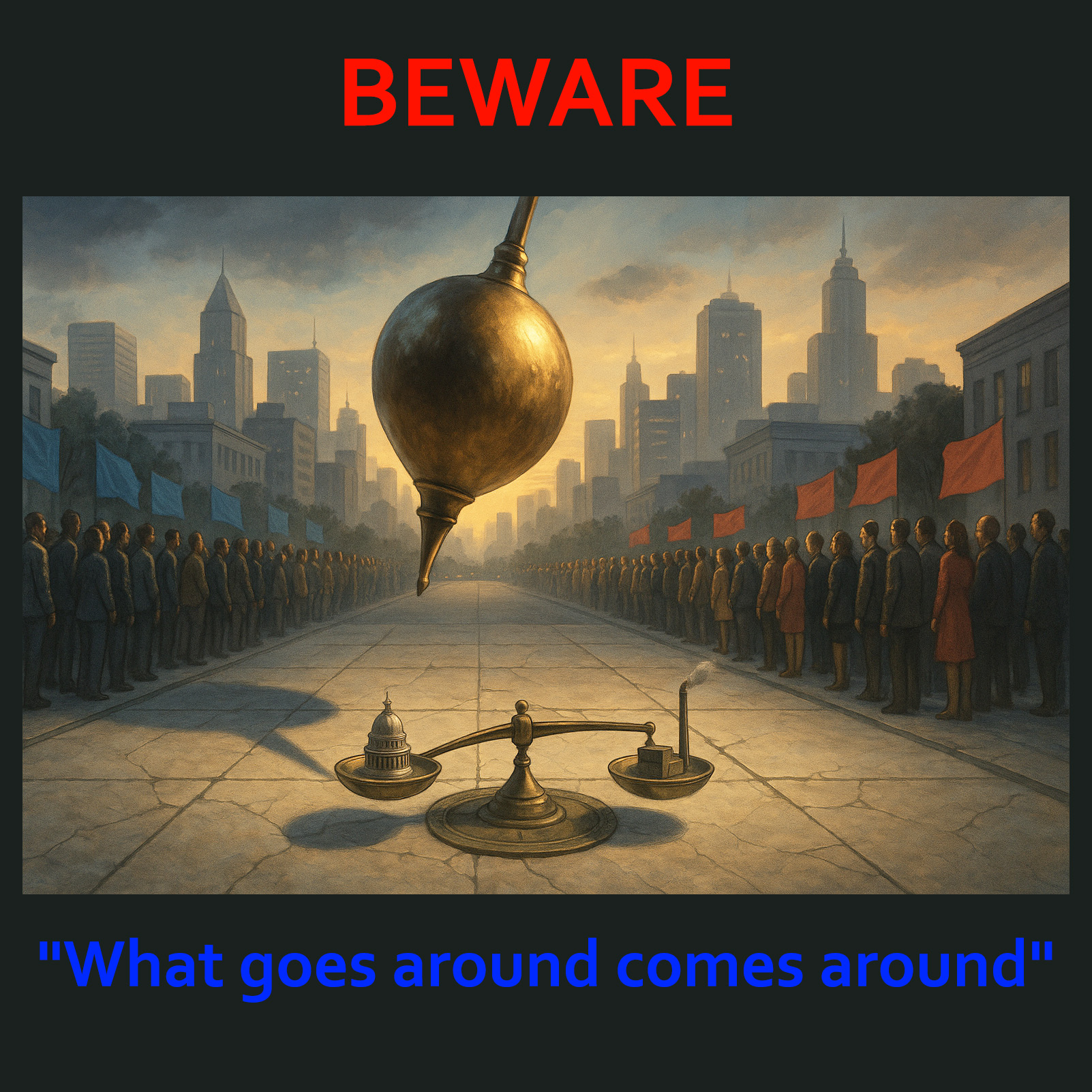
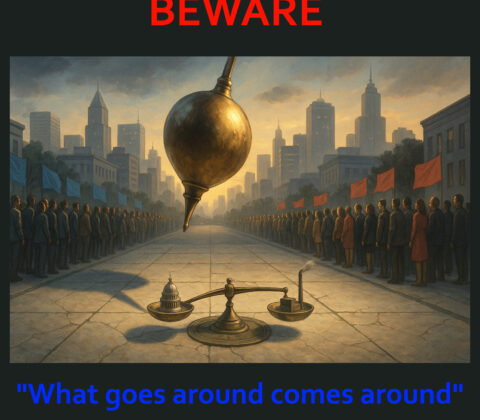
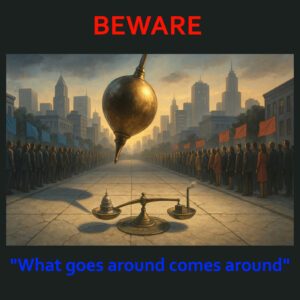
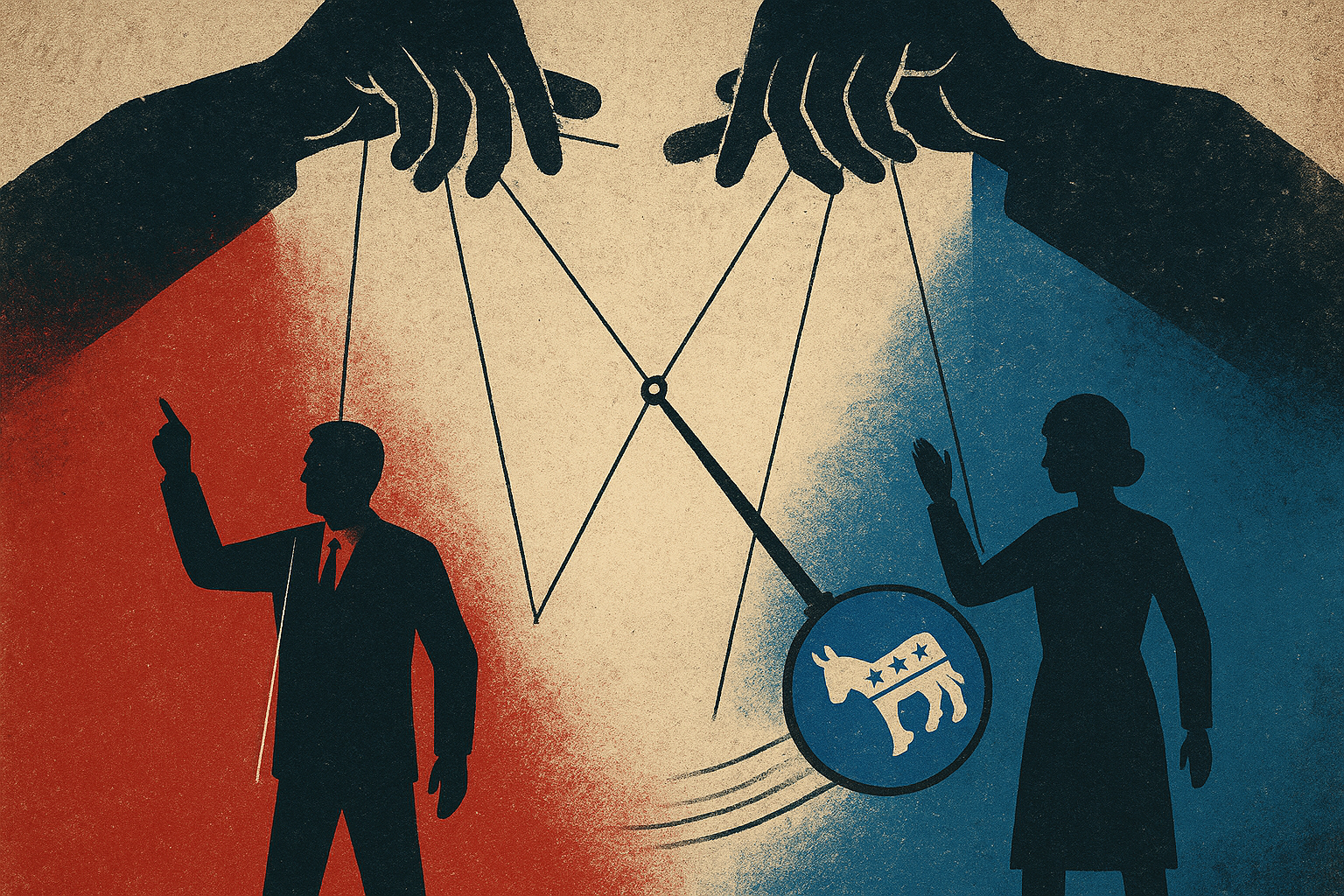

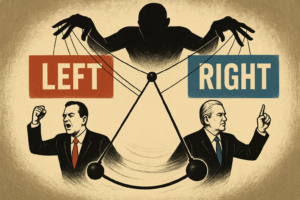
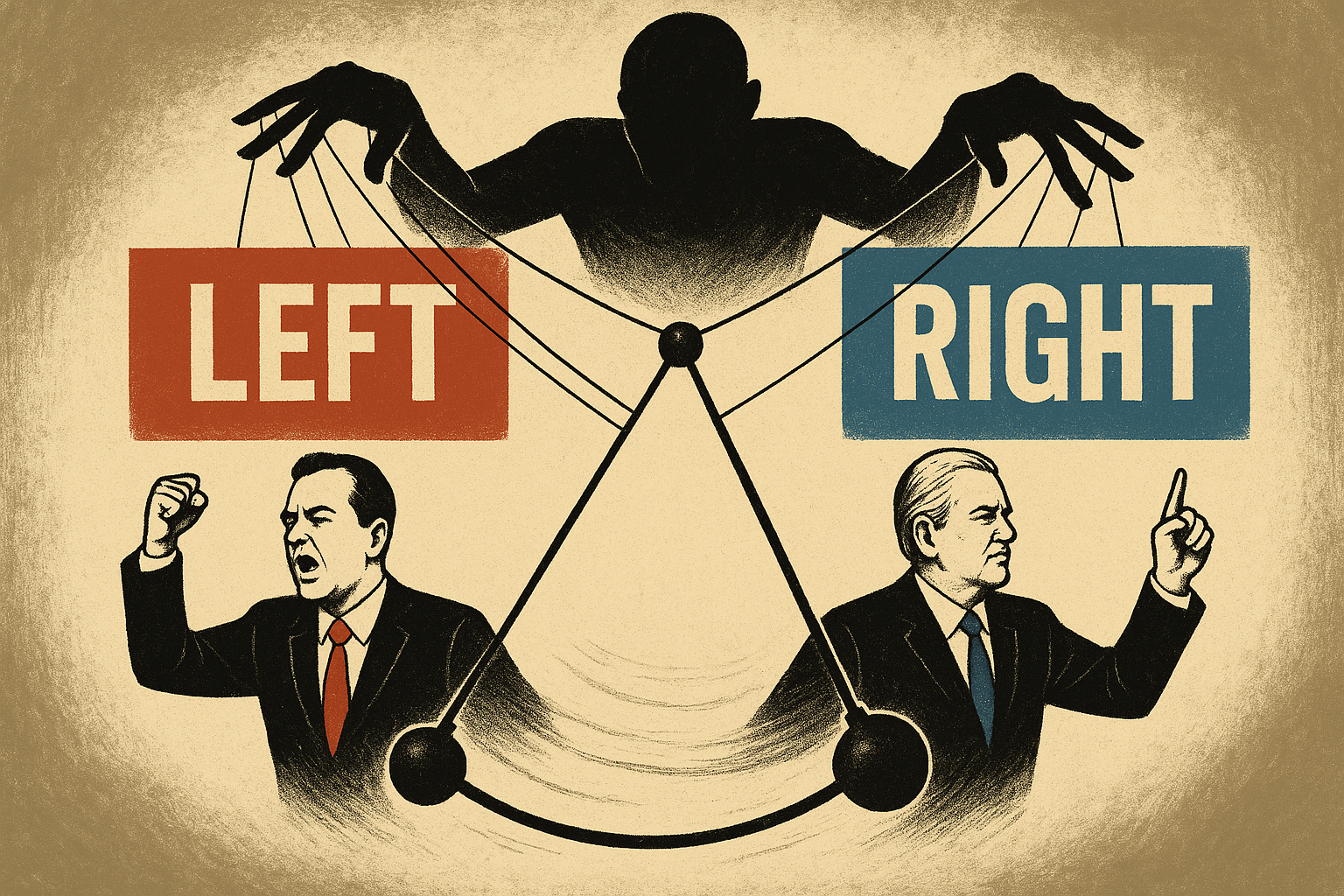


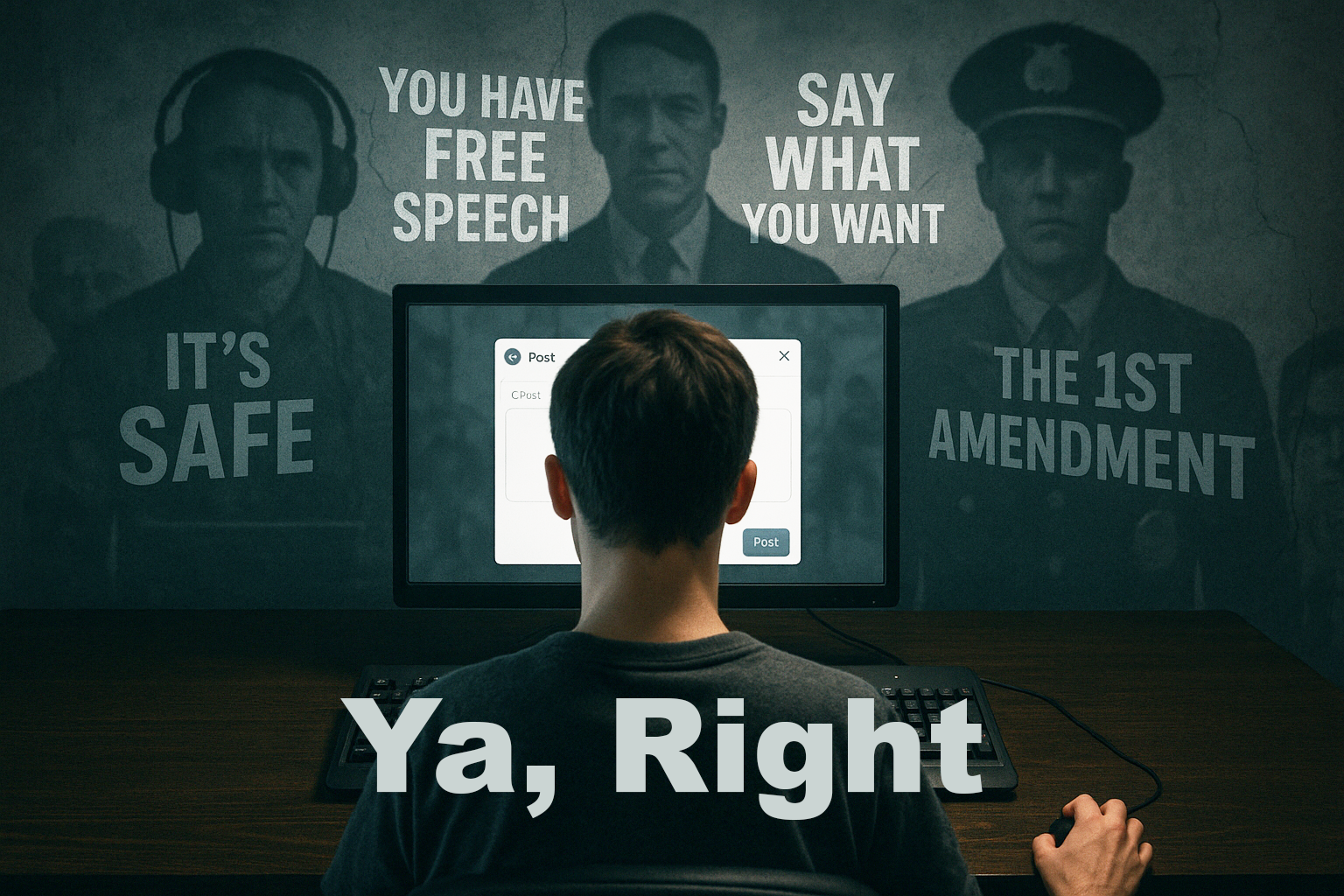
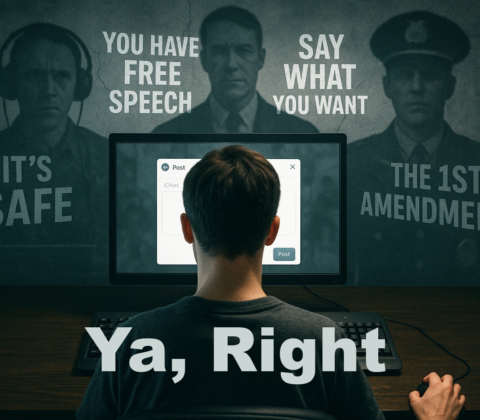
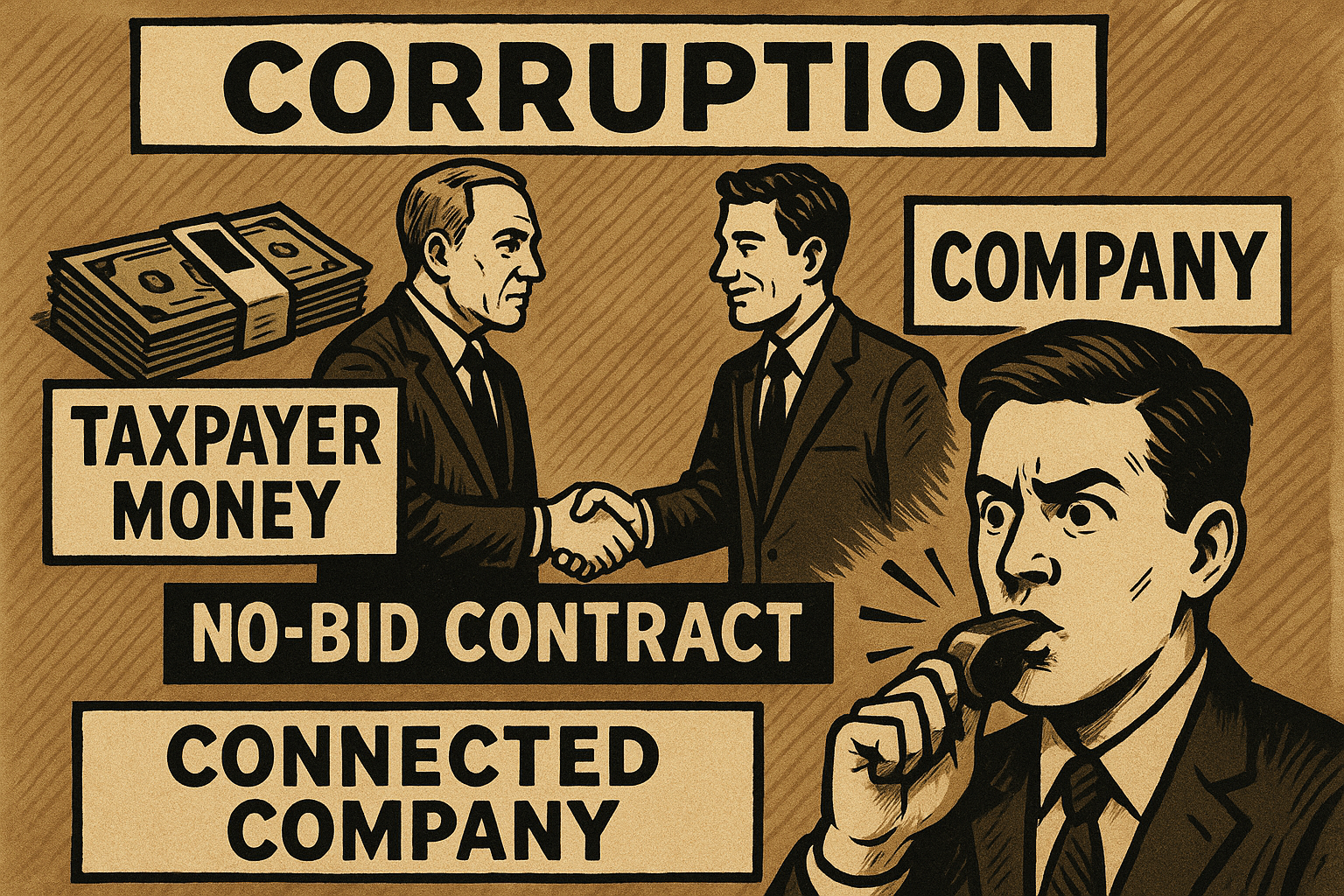




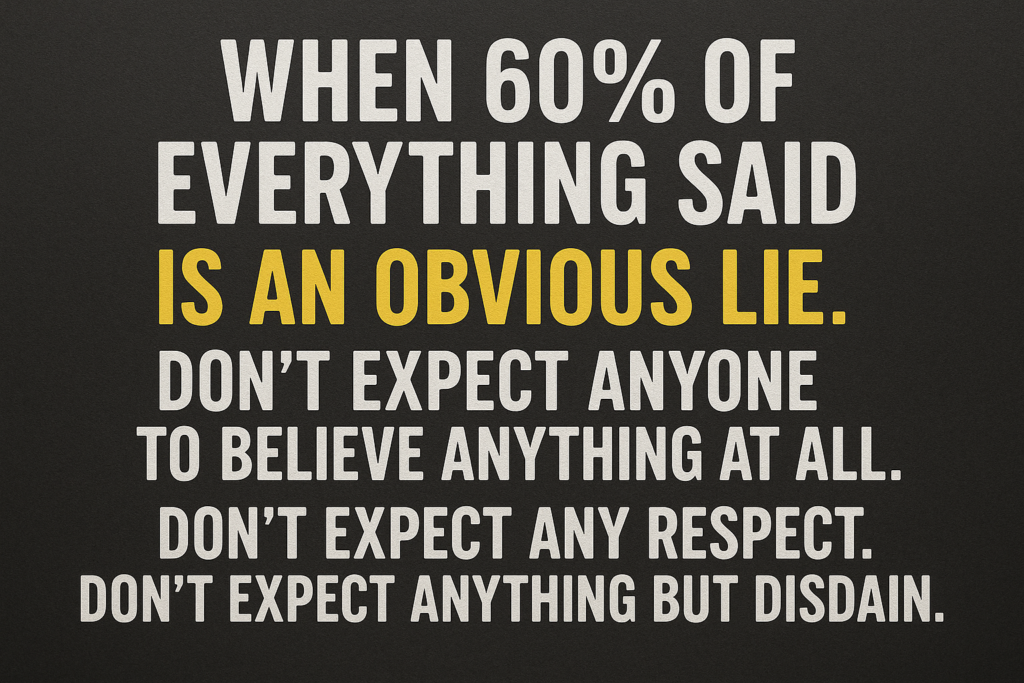





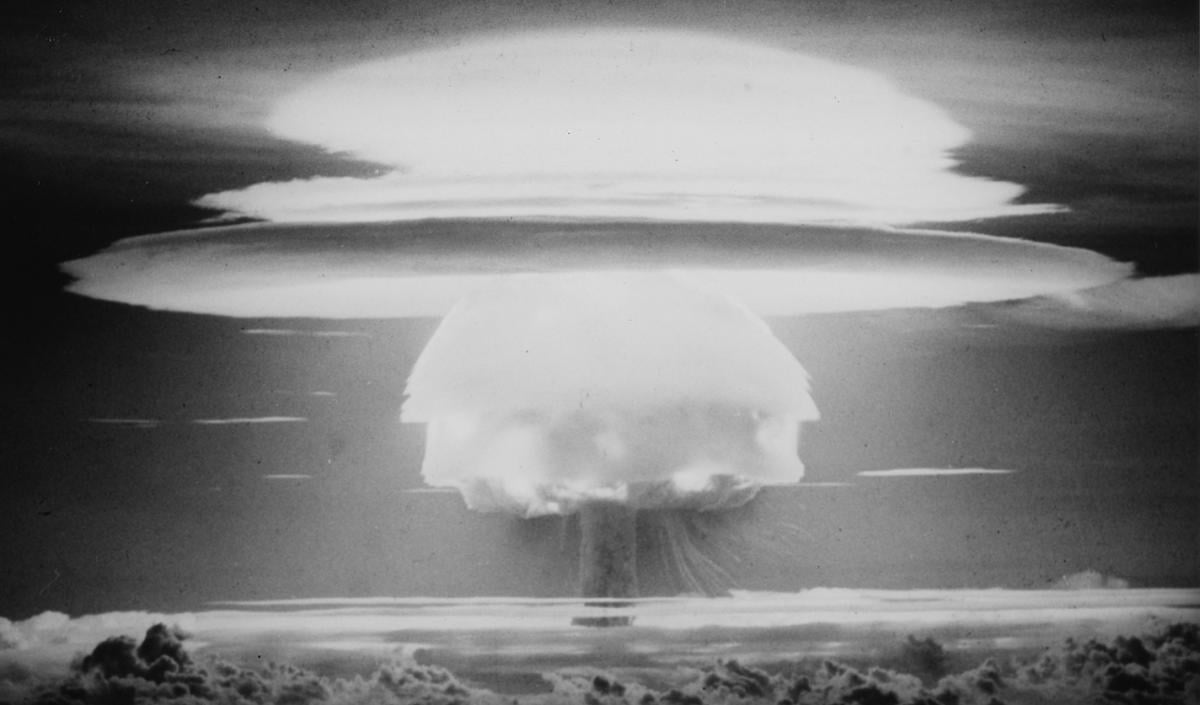
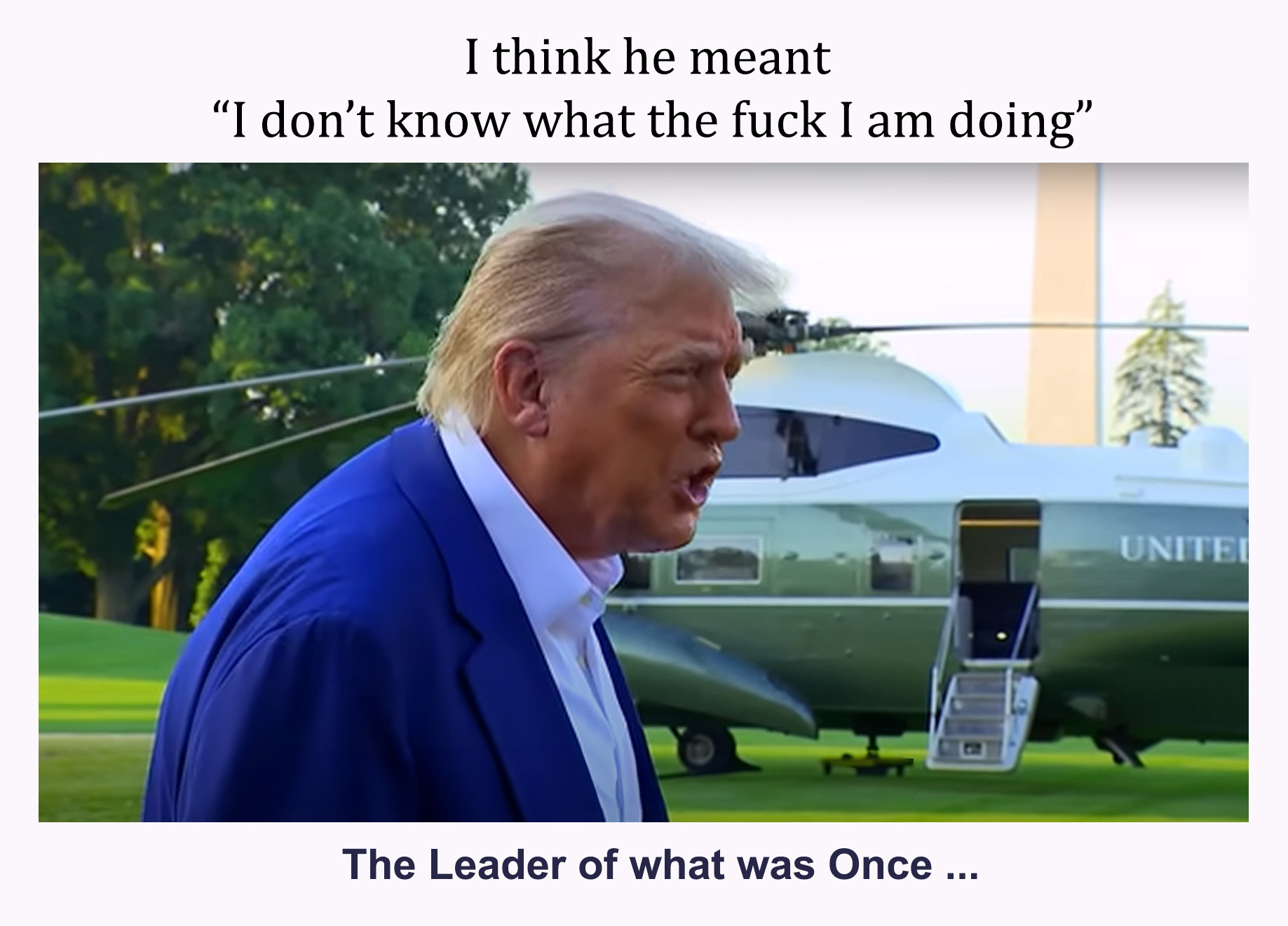
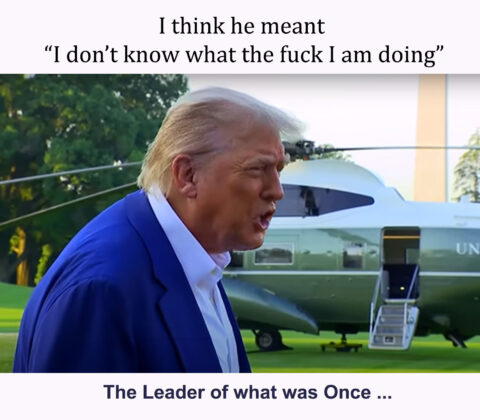
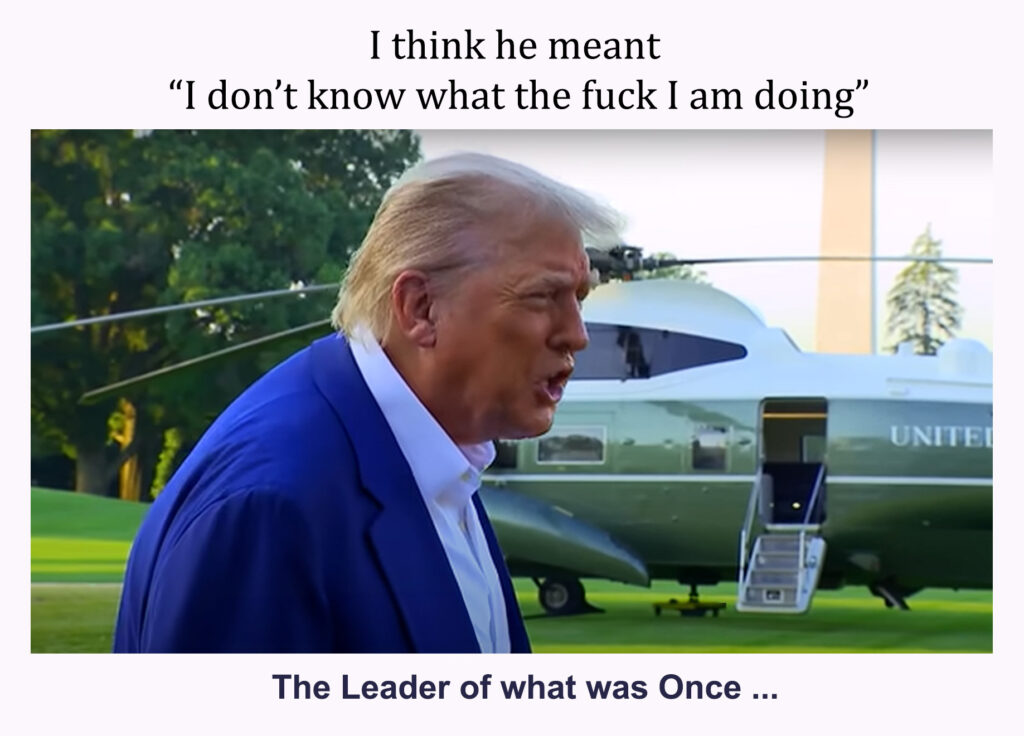
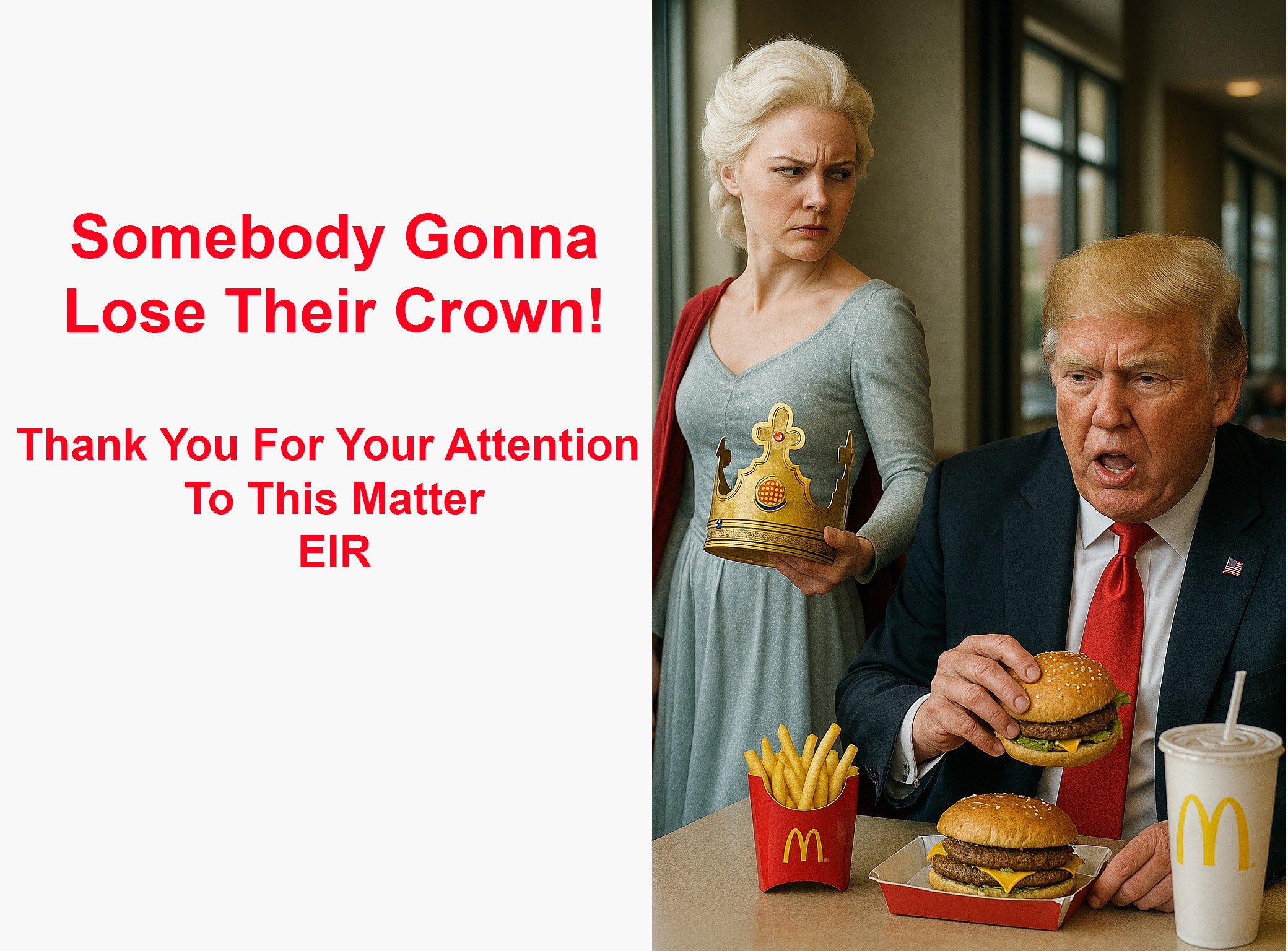
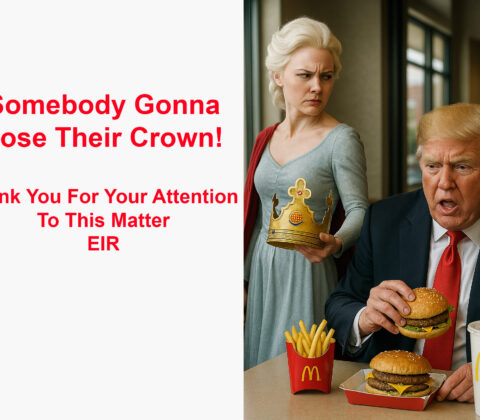
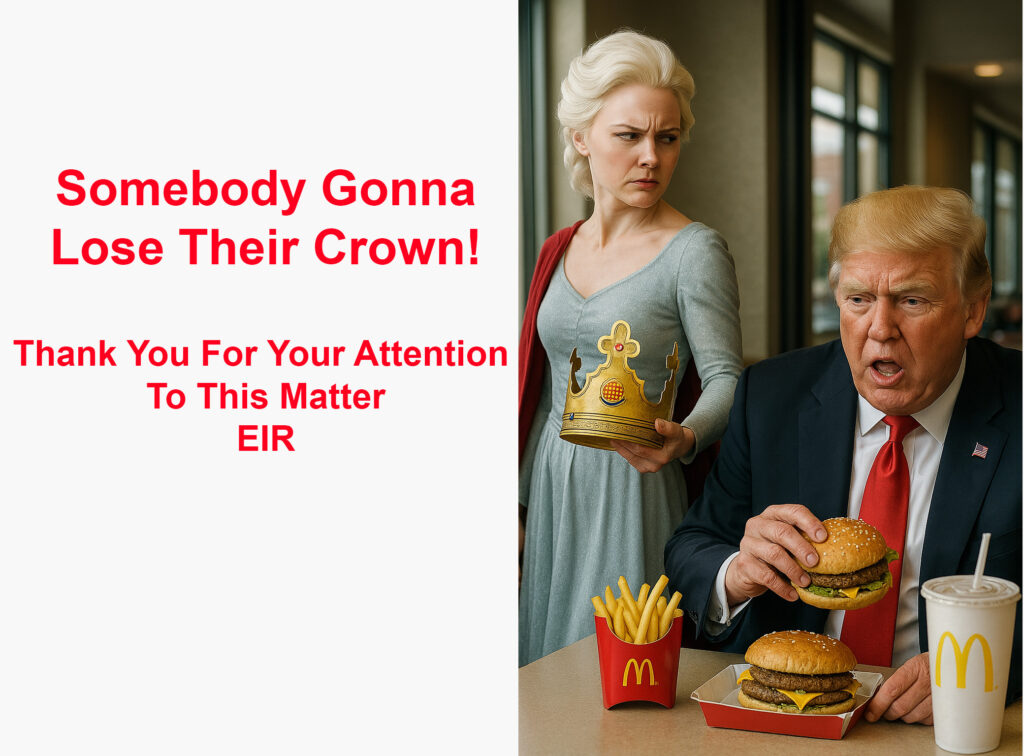
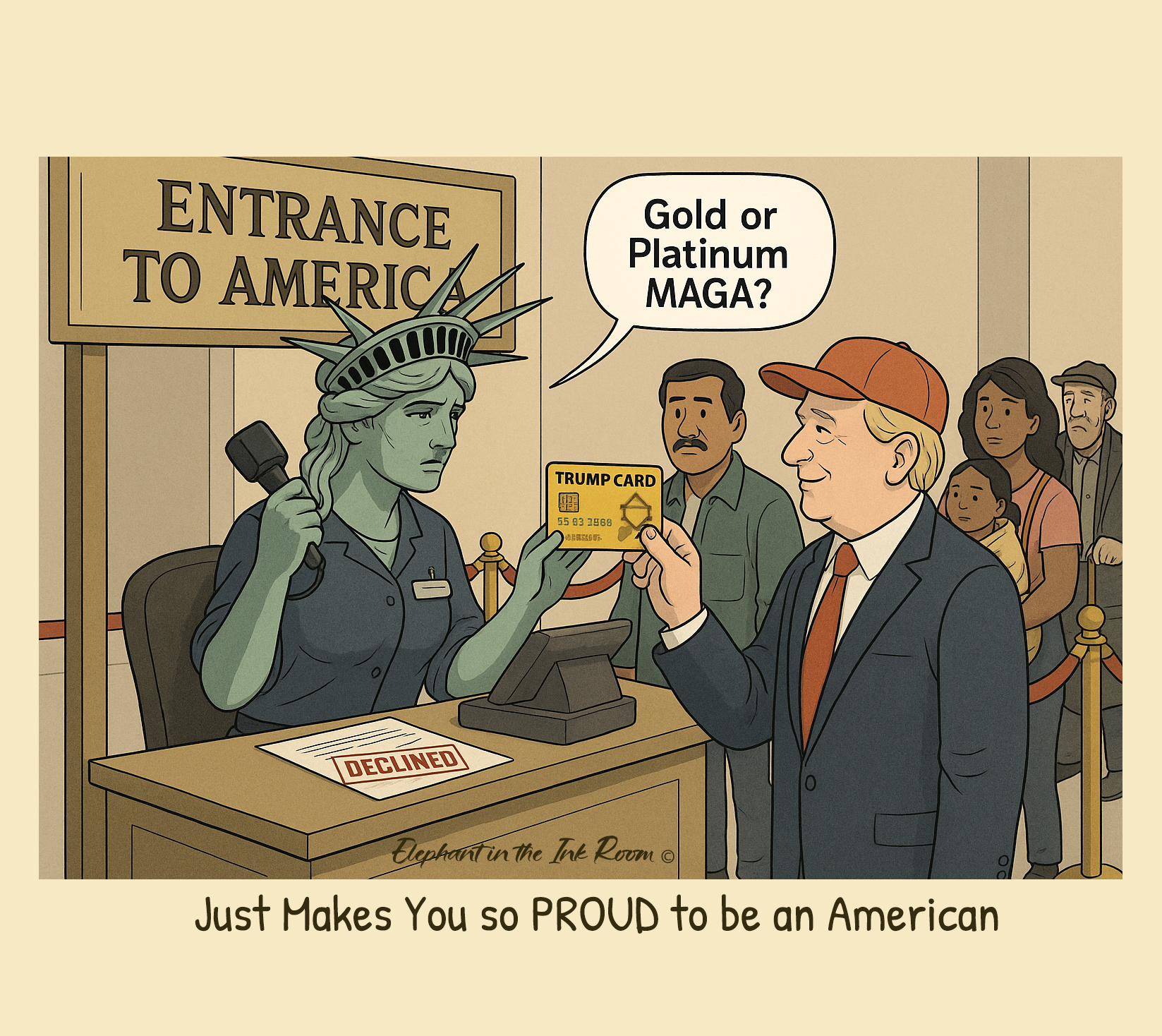
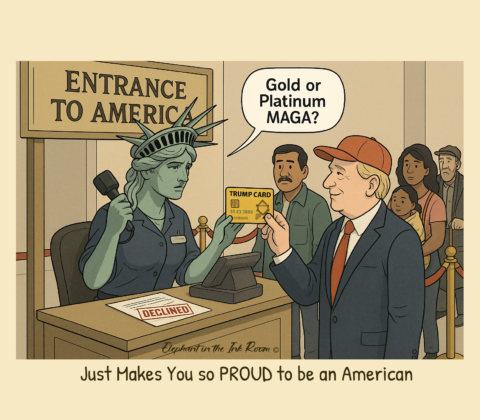
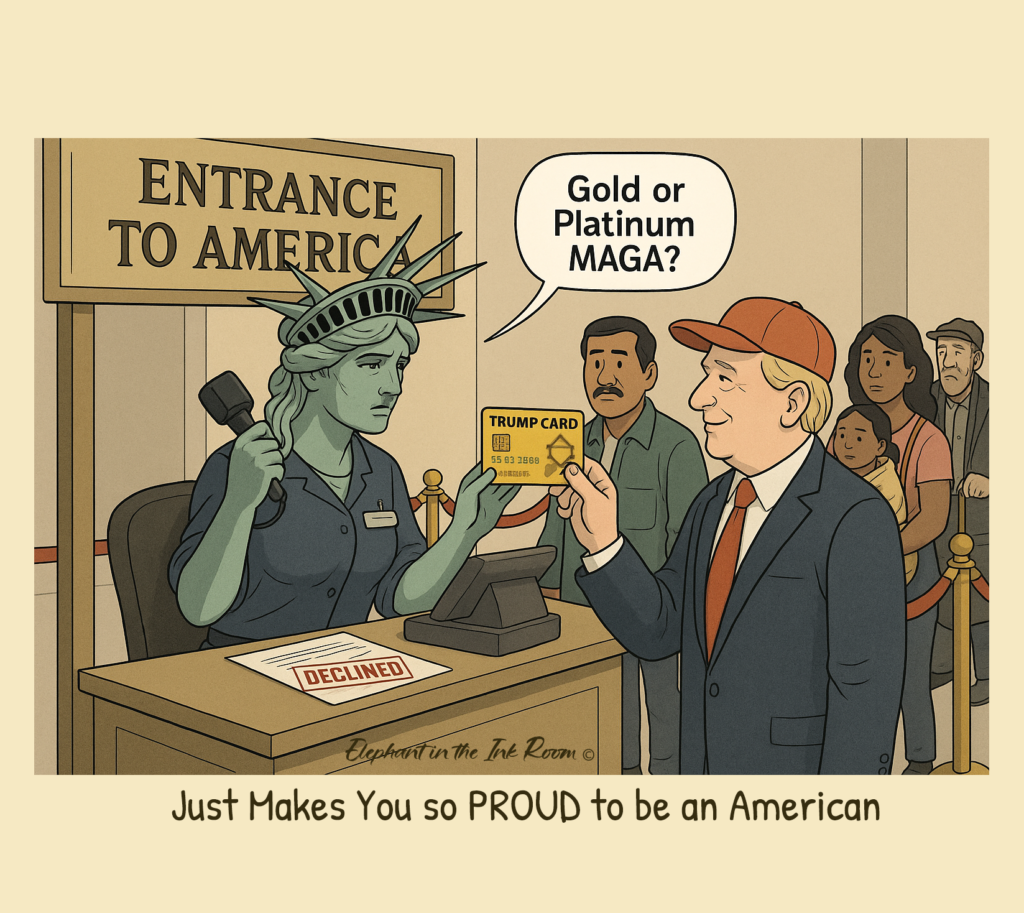
A Call to Action: Defund Corporate Media and Support Independent Voices
Public trust in mainstream media has collapsed — and for good reason. High-profile events like the Washington Post’s massive layoffs are not isolated incidents; they are symptoms of a deeper problem. Much of today’s media ecosystem is owned by billionaires, driven by shareholders, and shaped by advertising revenue and algorithmic incentives. Truth is no longer the priority. Profit is.
This isn’t accidental. Corporate news outlets — including social platforms that quietly manipulate what we see — are constrained by the same financial forces that keep them alive: advertisers, institutional investors, and elite ownership. Editorial independence becomes impossible when the bottom line comes first.
If we want real change, we need to respond in the only language that system understands: money.
Cancel subscriptions. Unsubscribe. Withdraw your support. Defund them.
Yes, that may mean giving up a favorite show or streaming service owned by a publicly traded media conglomerate — entities deeply entangled with institutional investors like Vanguard and BlackRock. So be it. Let them eat cake while we redirect our resources toward journalism that actually serves the public.
What to Support Instead
Rather than feeding corporate media, seek out independent creators — journalists and podcasters who prioritize truth over ideology and are funded directly by listeners, not advertisers or conglomerates.
Support voices across the political spectrum — left, right, and center — as long as they are genuinely independent and not beholden to corporate overlords. You don’t have to agree with everything they say. In fact, you probably shouldn’t. What matters is that you are allowed to hear it.
What mainstream media pushes today is often predetermined at levels far above our pay grades. The antidote is decentralization: many independent voices instead of a single manufactured narrative.
Below is a curated list of independent podcasts, grouped by general leaning for clarity. These recommendations are based on podcast directories, media reviews, and user feedback, and focus on shows that:
Are not owned by major media corporations
Emphasize factual reporting and honest analysis
Are funded primarily by listeners
Left-Leaning Independent Podcasts (Progressive, Anti-Corporate Focus)
These shows often critique corporate power, neoliberalism, and systemic inequality while remaining listener-supported.
Best of the Left
A long-running podcast curating progressive commentary on politics, culture, and economics. Produced by a small independent team, free of algorithmic manipulation or corporate backing. Funded through donations and memberships.
Rev Left Radio
An independently hosted show exploring leftist history, theory, and current events from a working-class perspective. Ad-free and supported by Patreon.
Secular Talk (Kyle Kulinski)
A fact-focused progressive commentary podcast emphasizing anti-establishment politics. Funded directly by viewers without corporate ownership.
The Humanist Report (Mike Figueredo)
Independent political commentary with a humanist and social justice lens. Fully listener-funded and unapologetically critical of media accountability failures.
Right-Leaning Independent Podcasts (Conservative, Free-Speech Focus)
These emphasize conservative values such as limited government and free expression while operating outside corporate media structures.
The Tucker Carlson Podcast
Independently produced following Carlson’s departure from Fox News. Features long-form interviews and commentary without network constraints, supported through subscriptions.
The Canadian Conservative
A solo-hosted, listener-supported podcast offering conservative commentary on Canadian and global political issues.
Relatable with Allie Beth Stuckey
An independent podcast blending conservative Christian perspectives with news analysis. Funded through ads and listener support, not corporate media ownership.
Centrist / Non-Partisan Independent Podcasts (Balanced, Media-Critical)
These shows aim to challenge narratives on both sides and prioritize context, evidence, and accountability.
On the Media
Produced by WNYC, a public radio outlet rather than a corporate media conglomerate. Focuses on media ethics, journalism practices, and narrative framing. Funded primarily by public donations.
The Purple Principle
An independent podcast seeking common ground by interviewing voices across the political spectrum. Fully listener-supported.
Left, Right & Center
A structured debate format featuring progressive, conservative, and moderate perspectives. Originally public radio, now widely distributed but still focused on civil, fact-based dialogue.
UNBIASED (Jordan Berman)
A daily, ad-free recap of U.S. news focused on facts rather than spin. Entirely listener-funded.
MeidasTouch Network
A lawyer-run independent media network offering fact-checked political analysis. Often left-leaning, but structured outside traditional corporate media.
Why This Matters
Independent journalism survives only if people are willing to support it directly. This shift isn’t easy — but it is powerful. Every canceled subscription and every dollar redirected helps weaken a system that no longer serves the public and strengthens one that still might.
If we want accountability, transparency, and honest debate, this is how we build it.
And yes — we could use a little help as well.
Share this:
Like this: